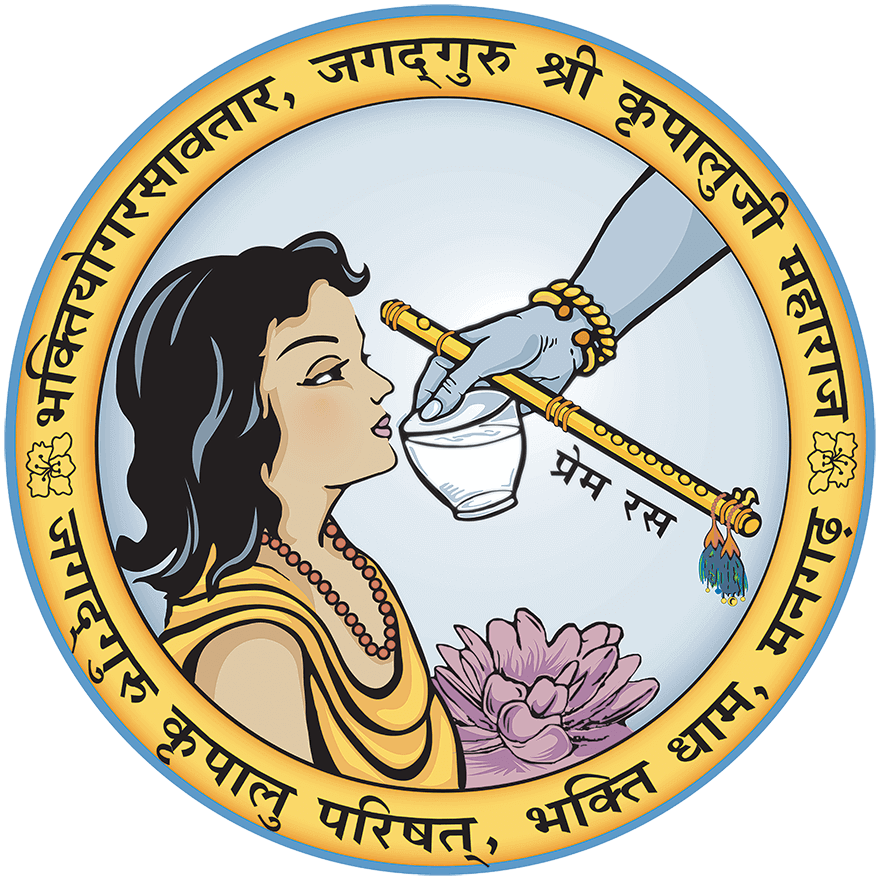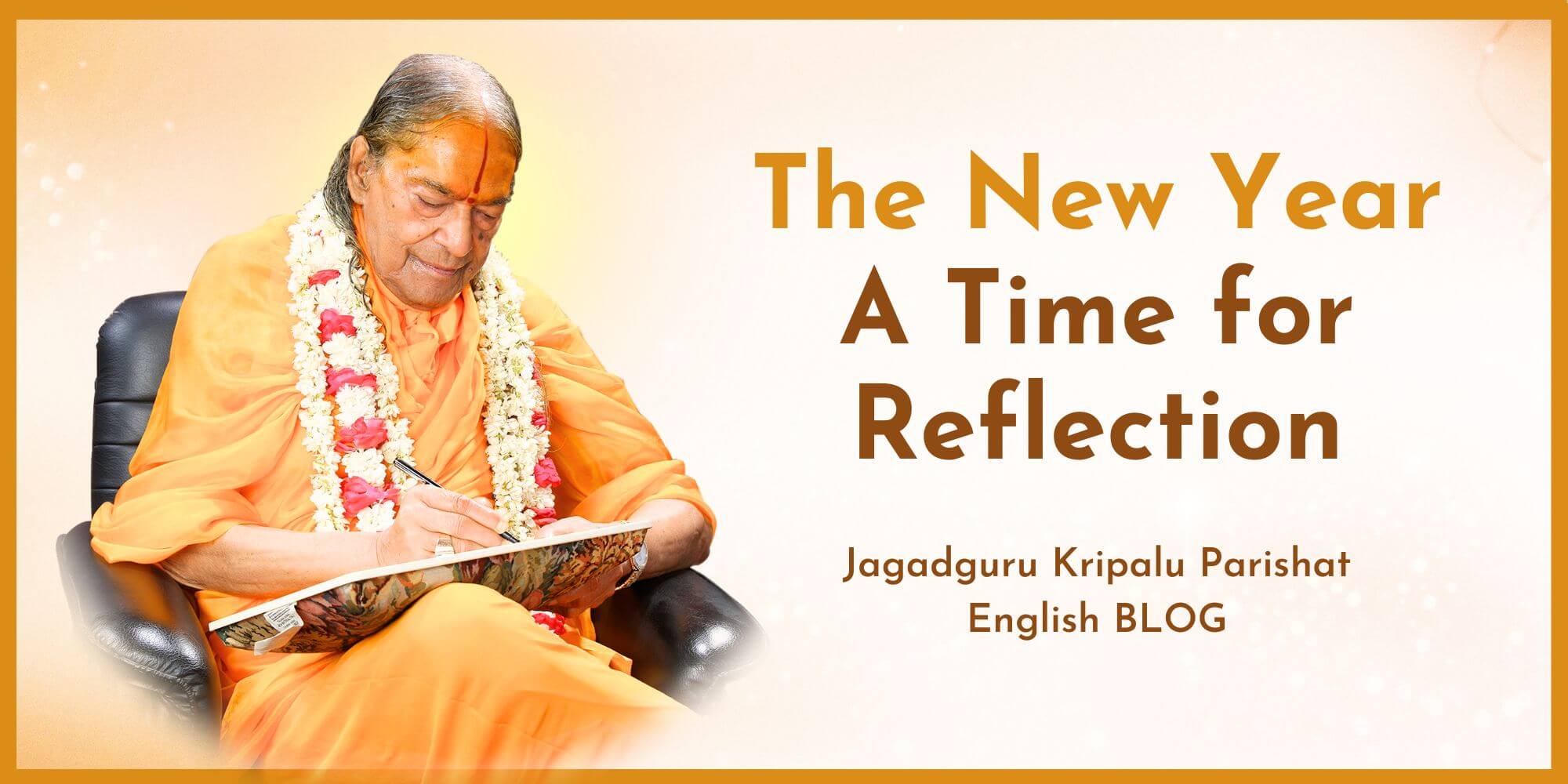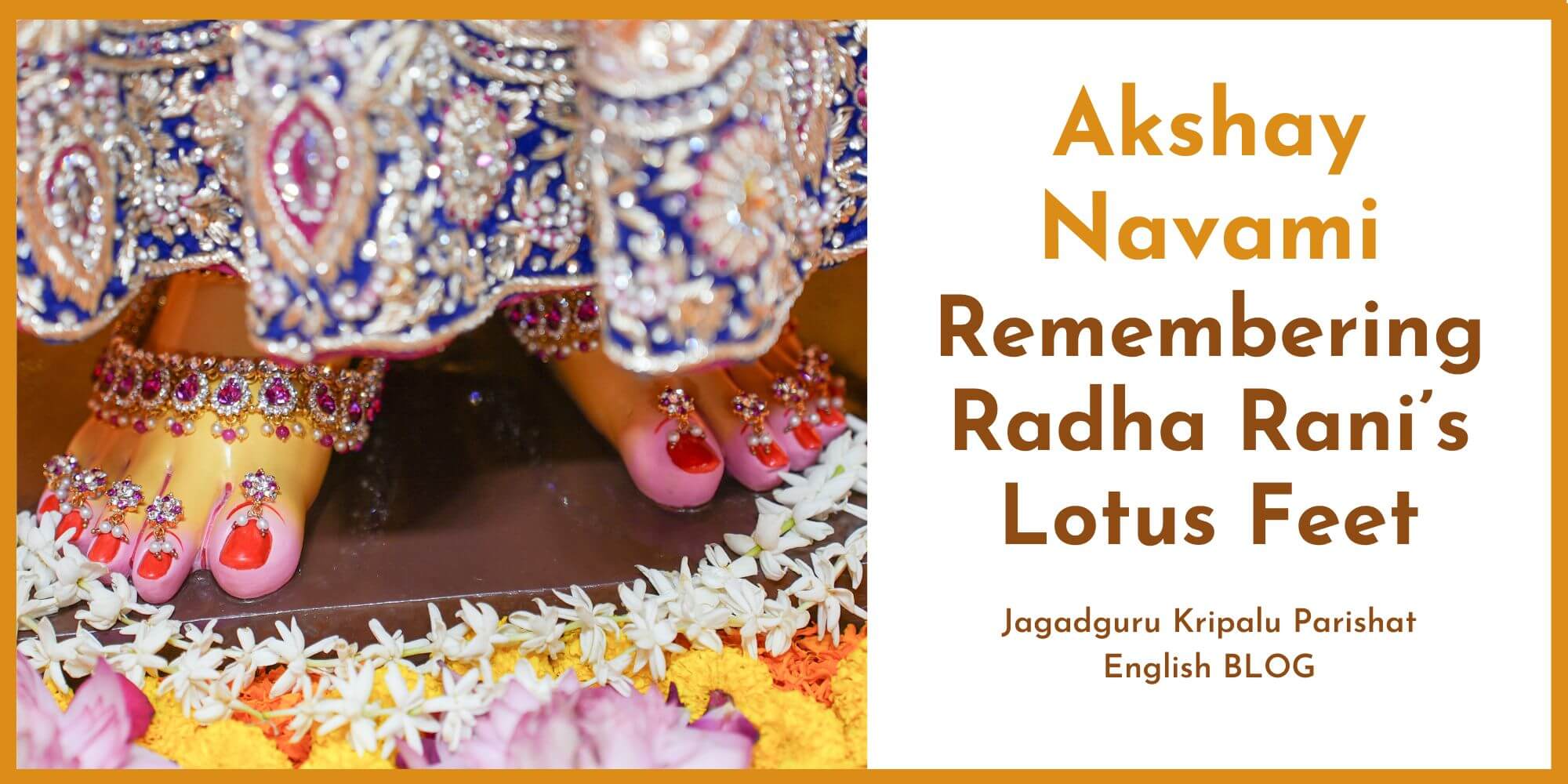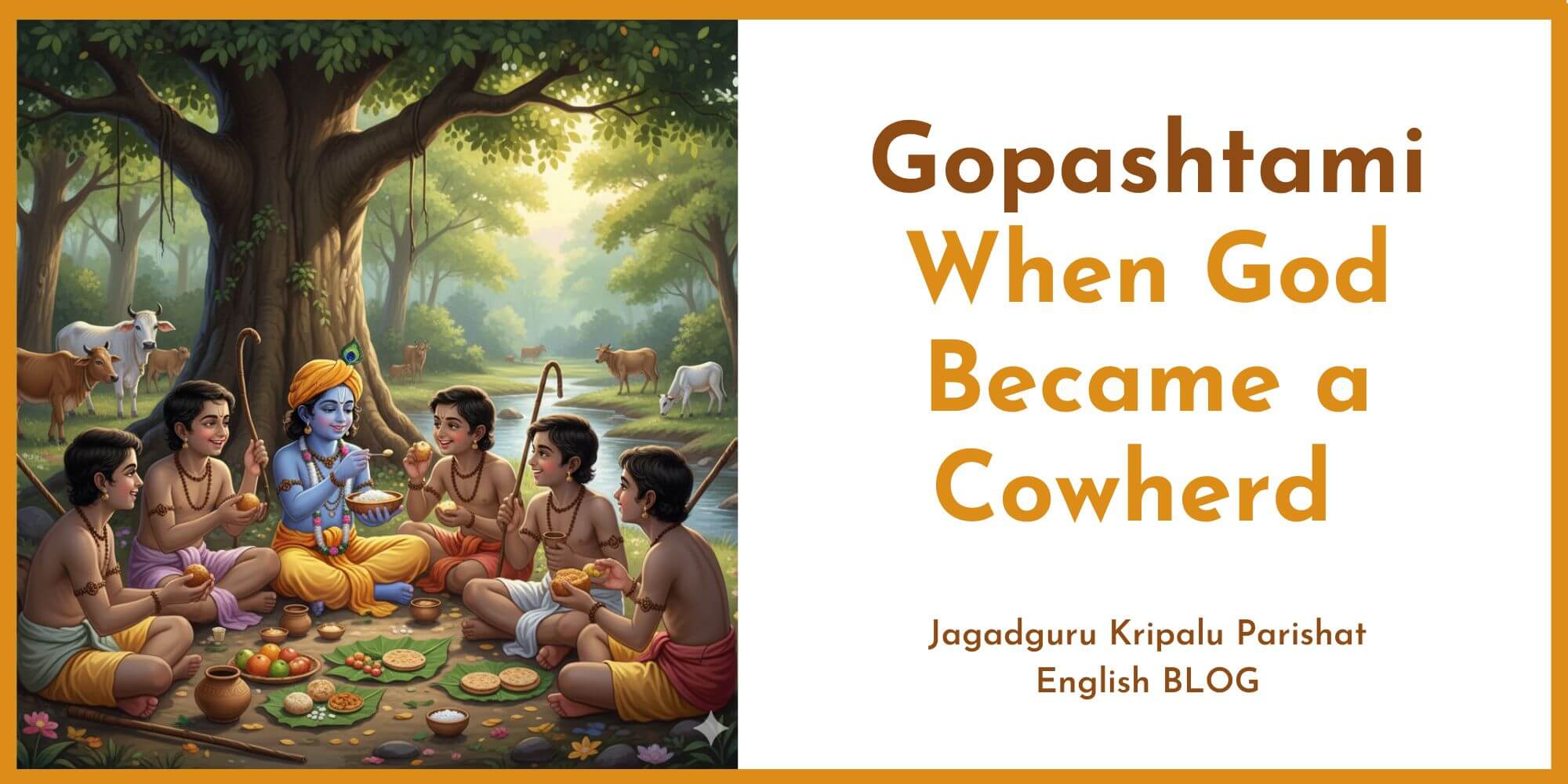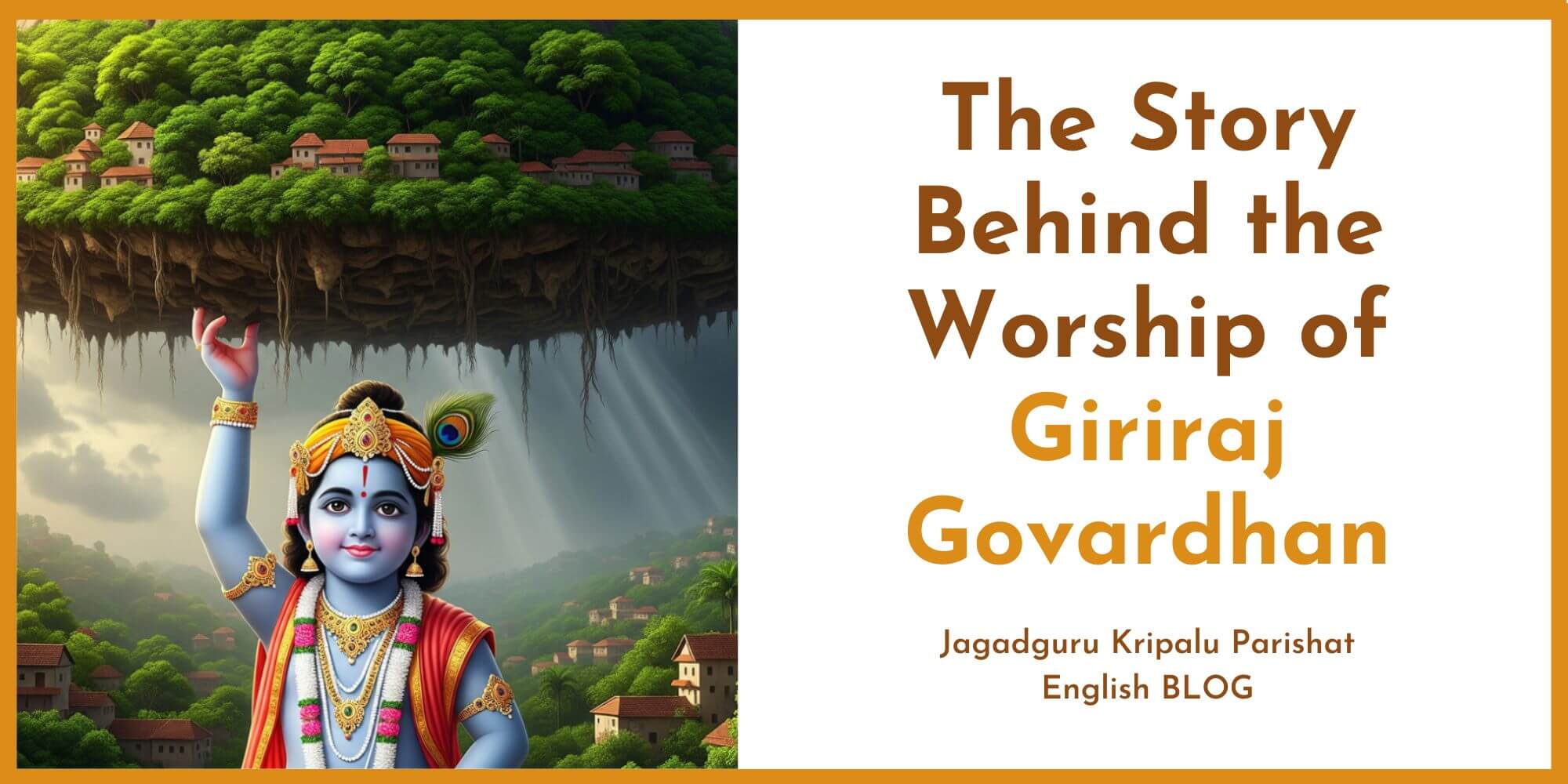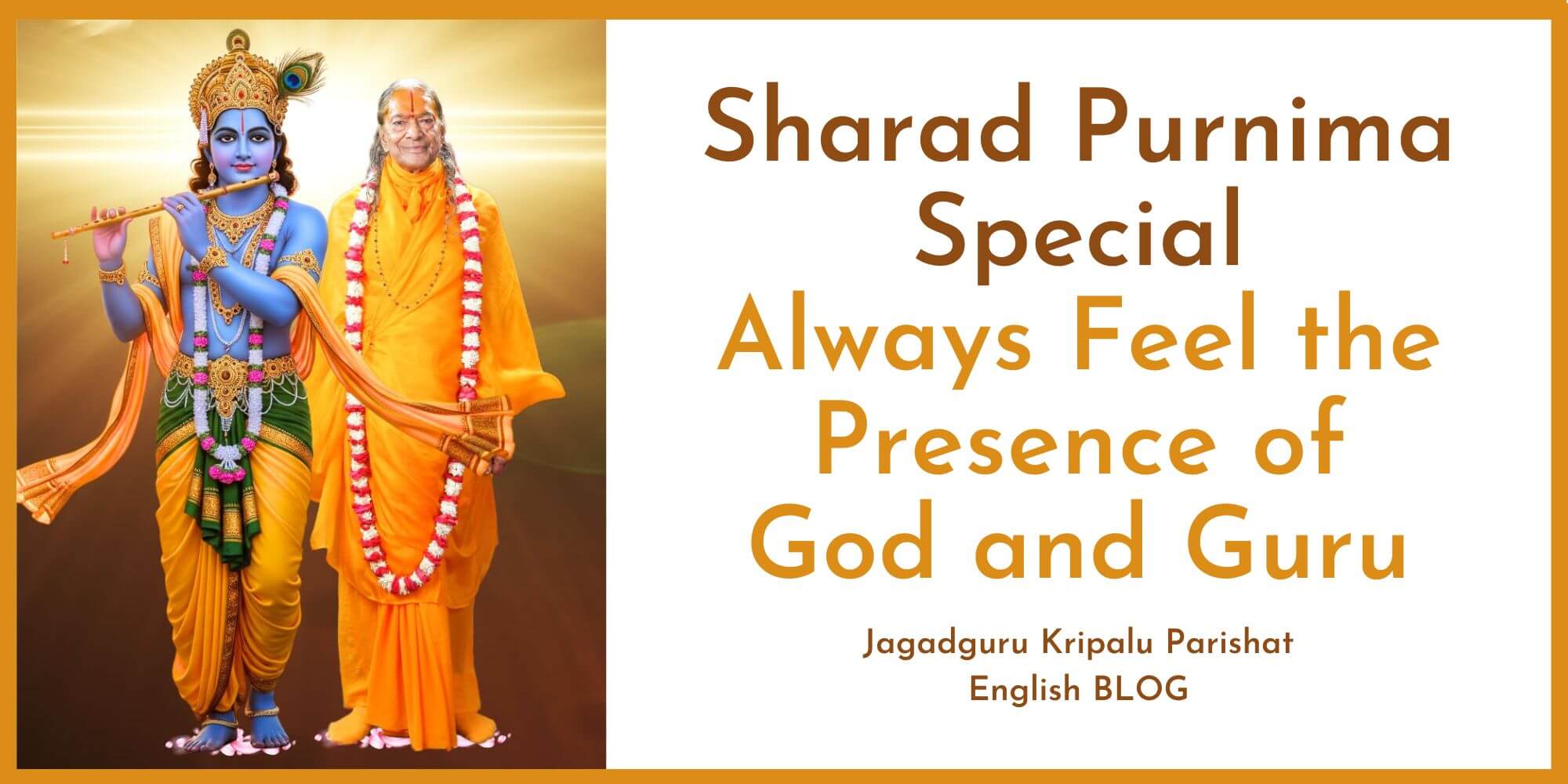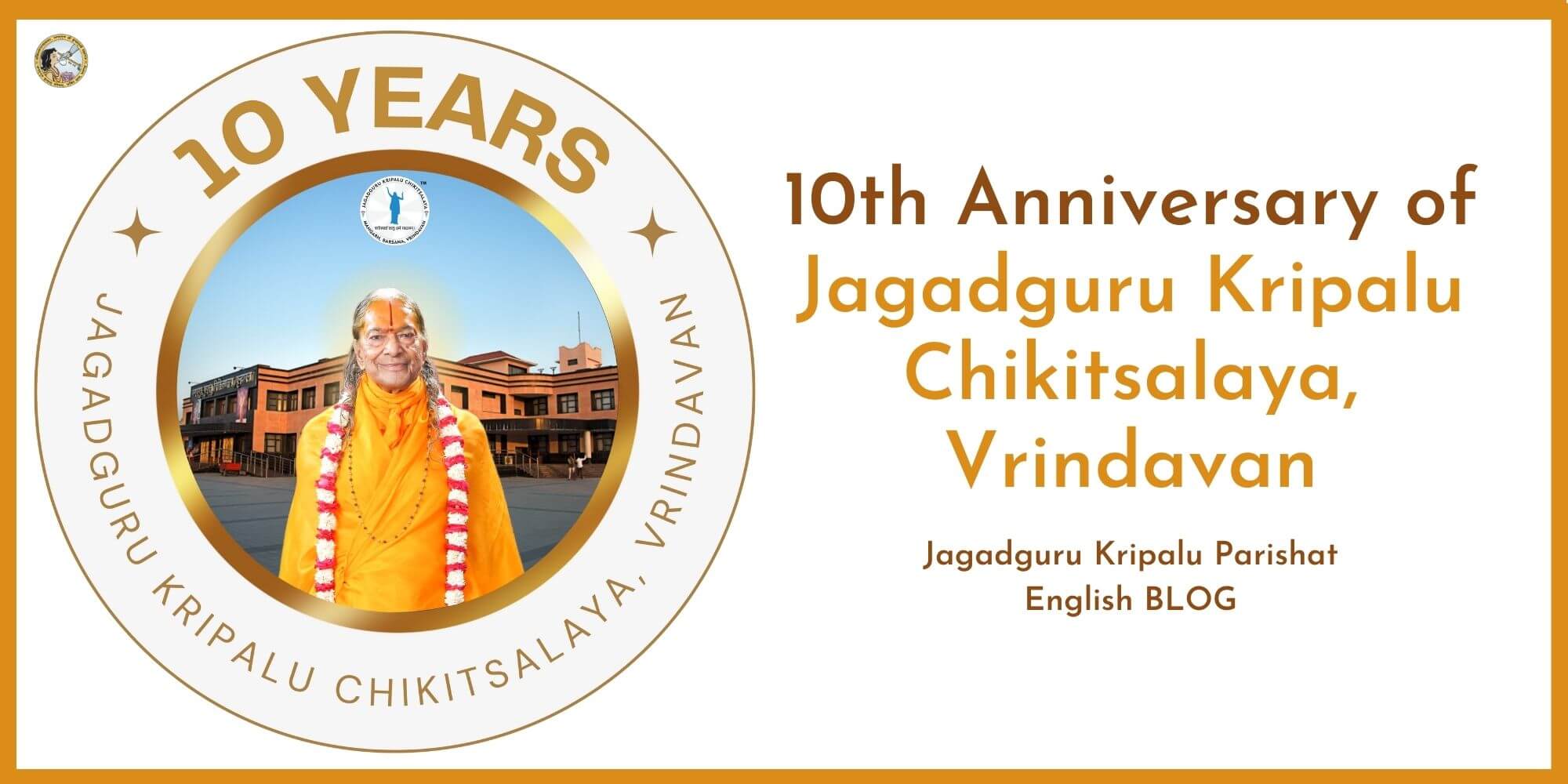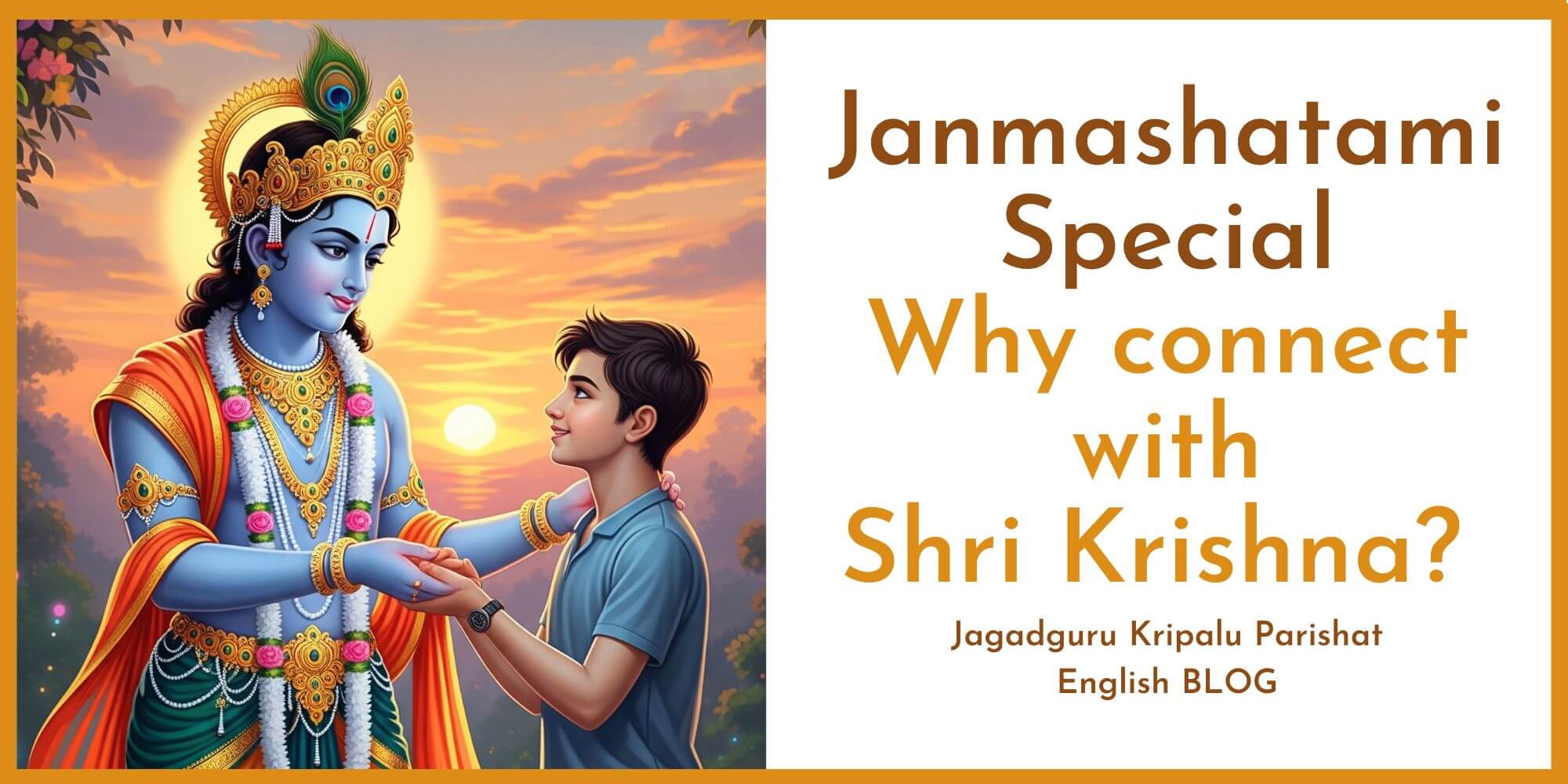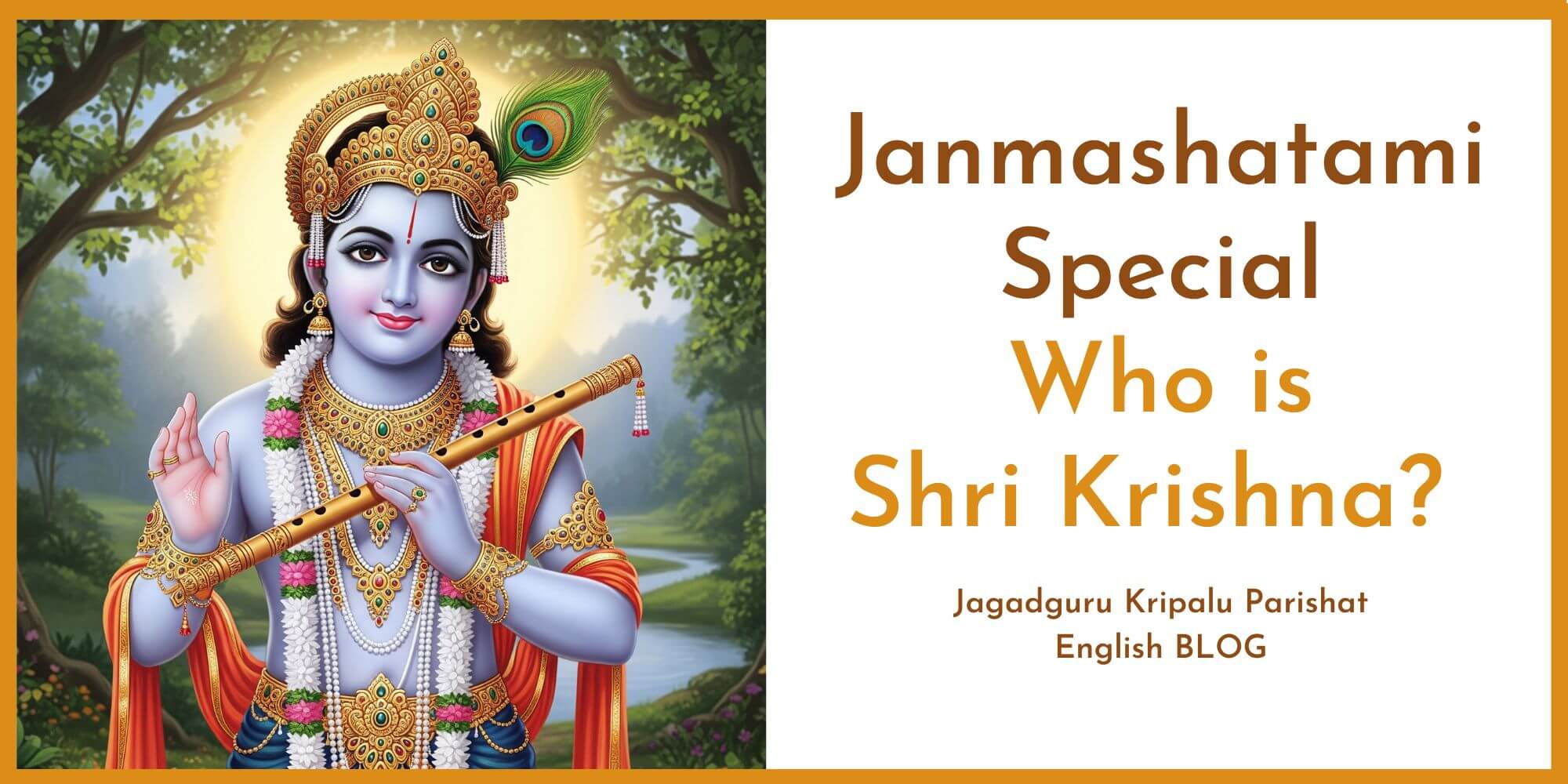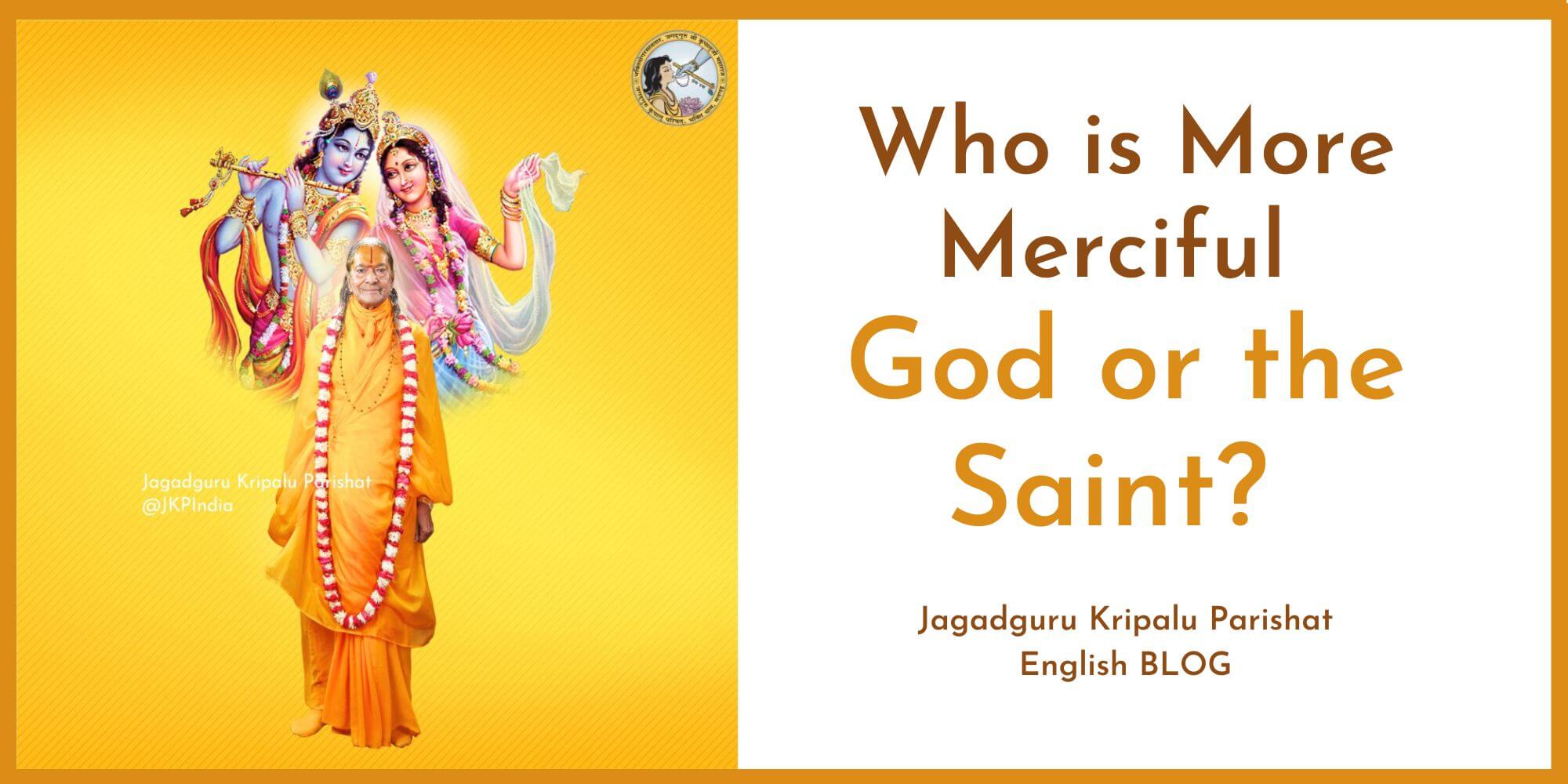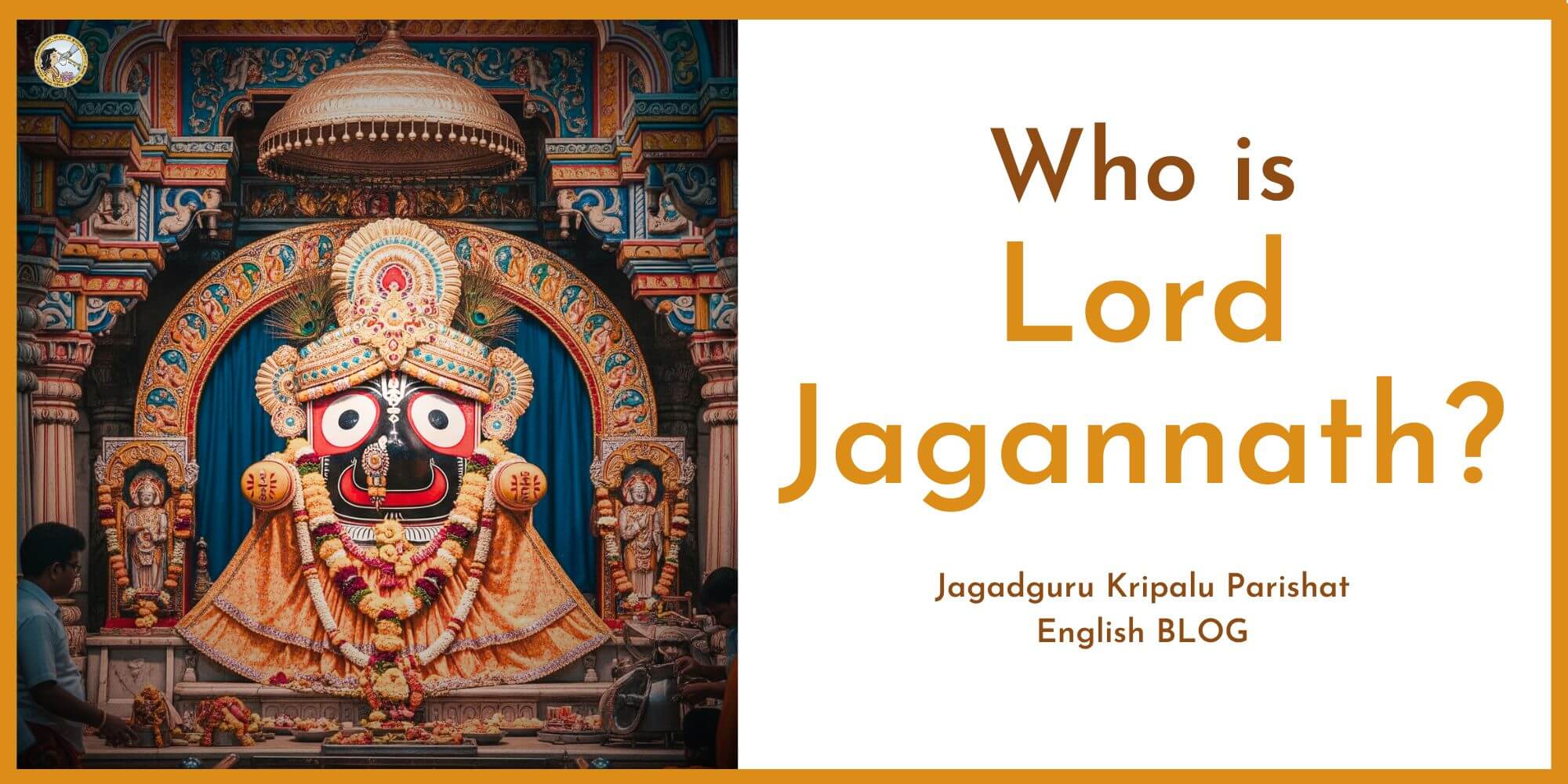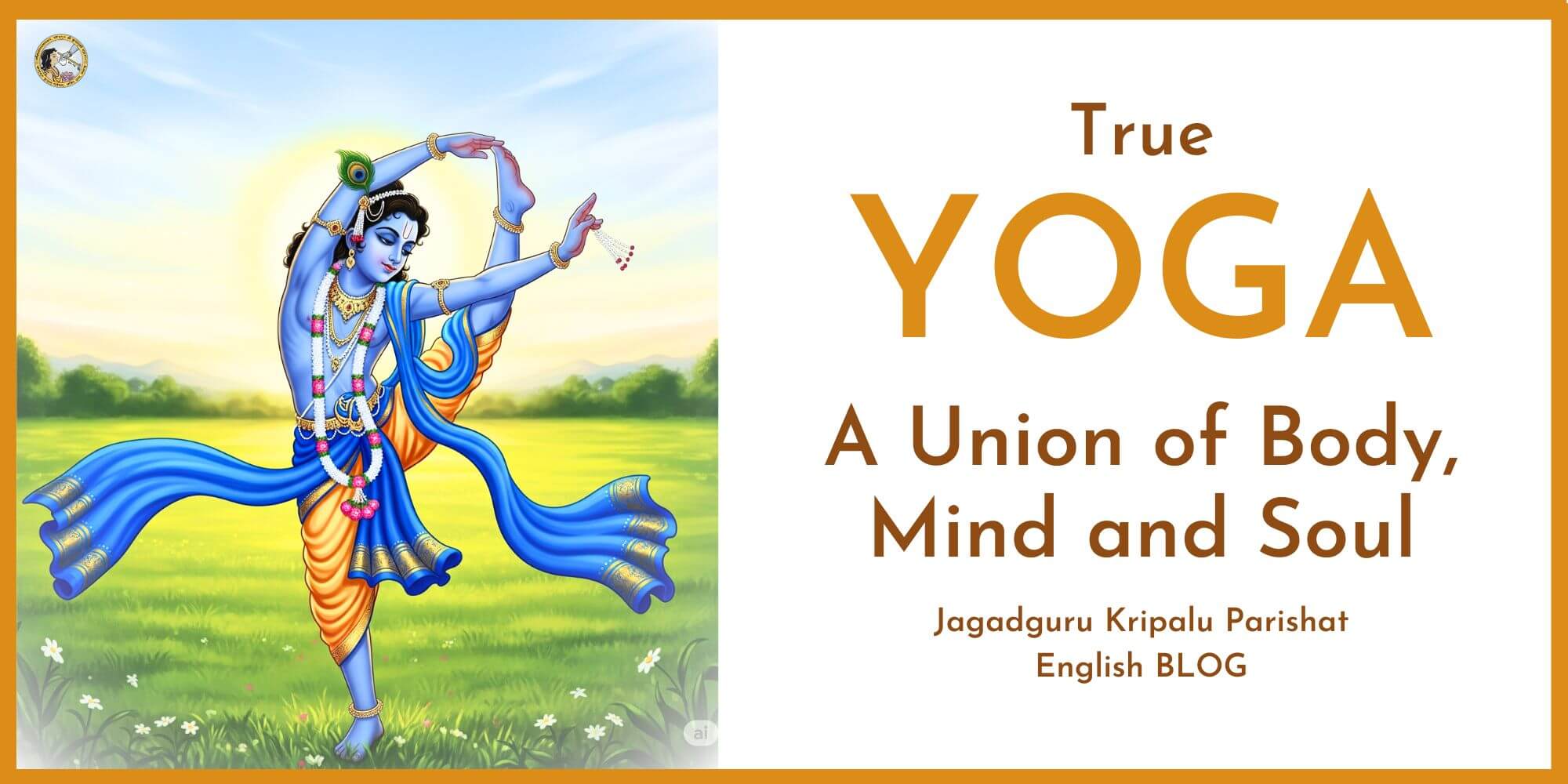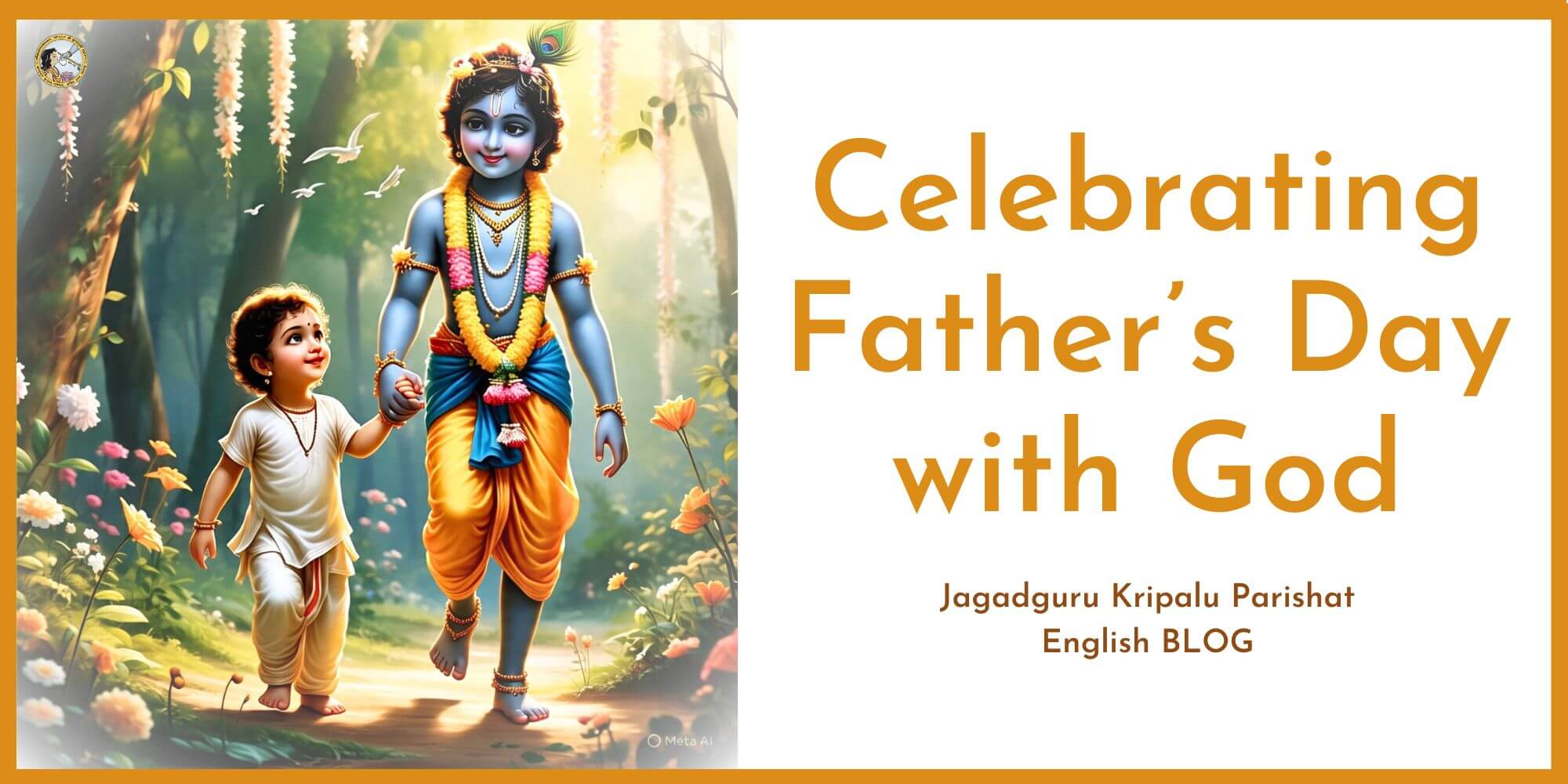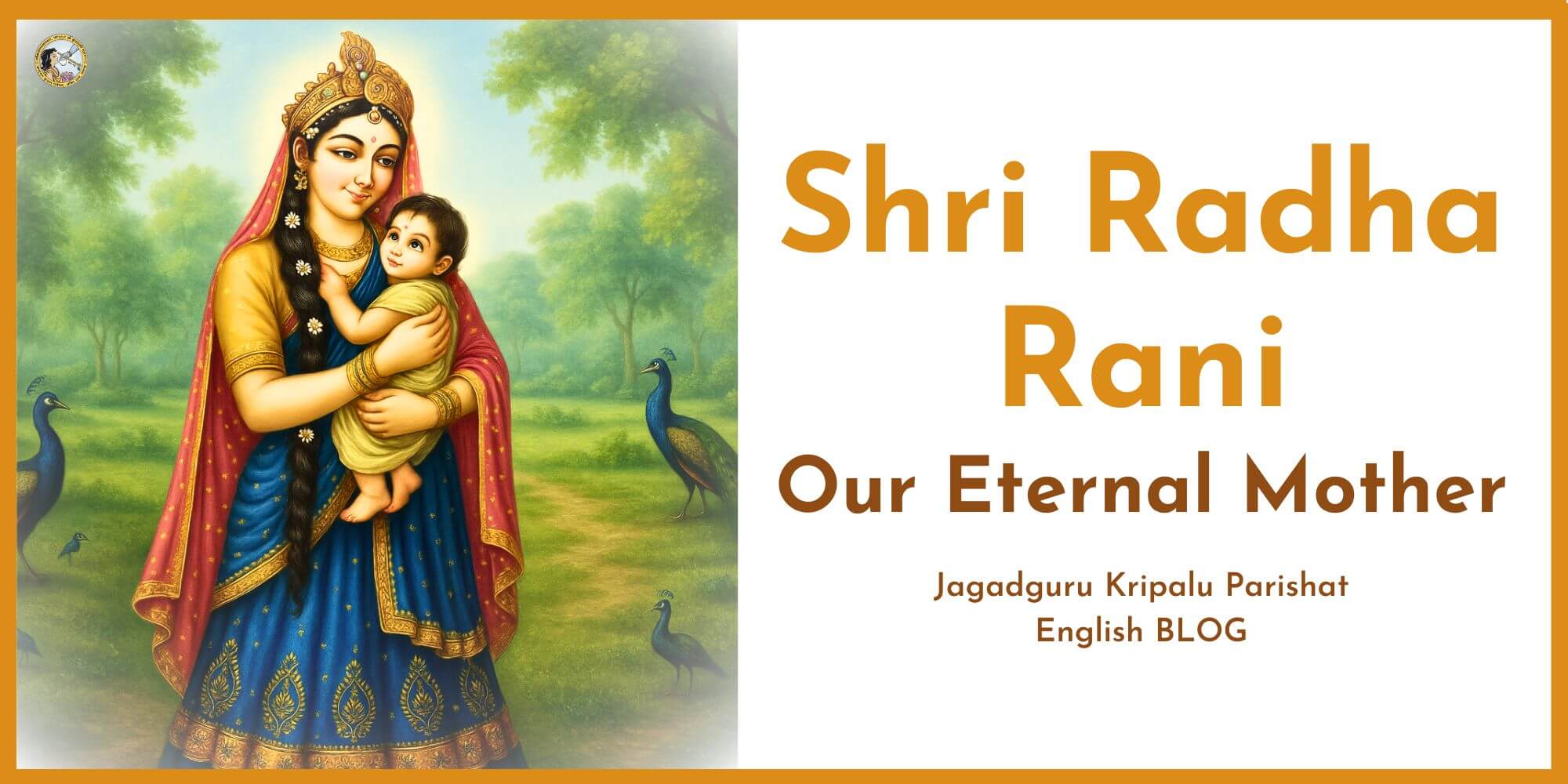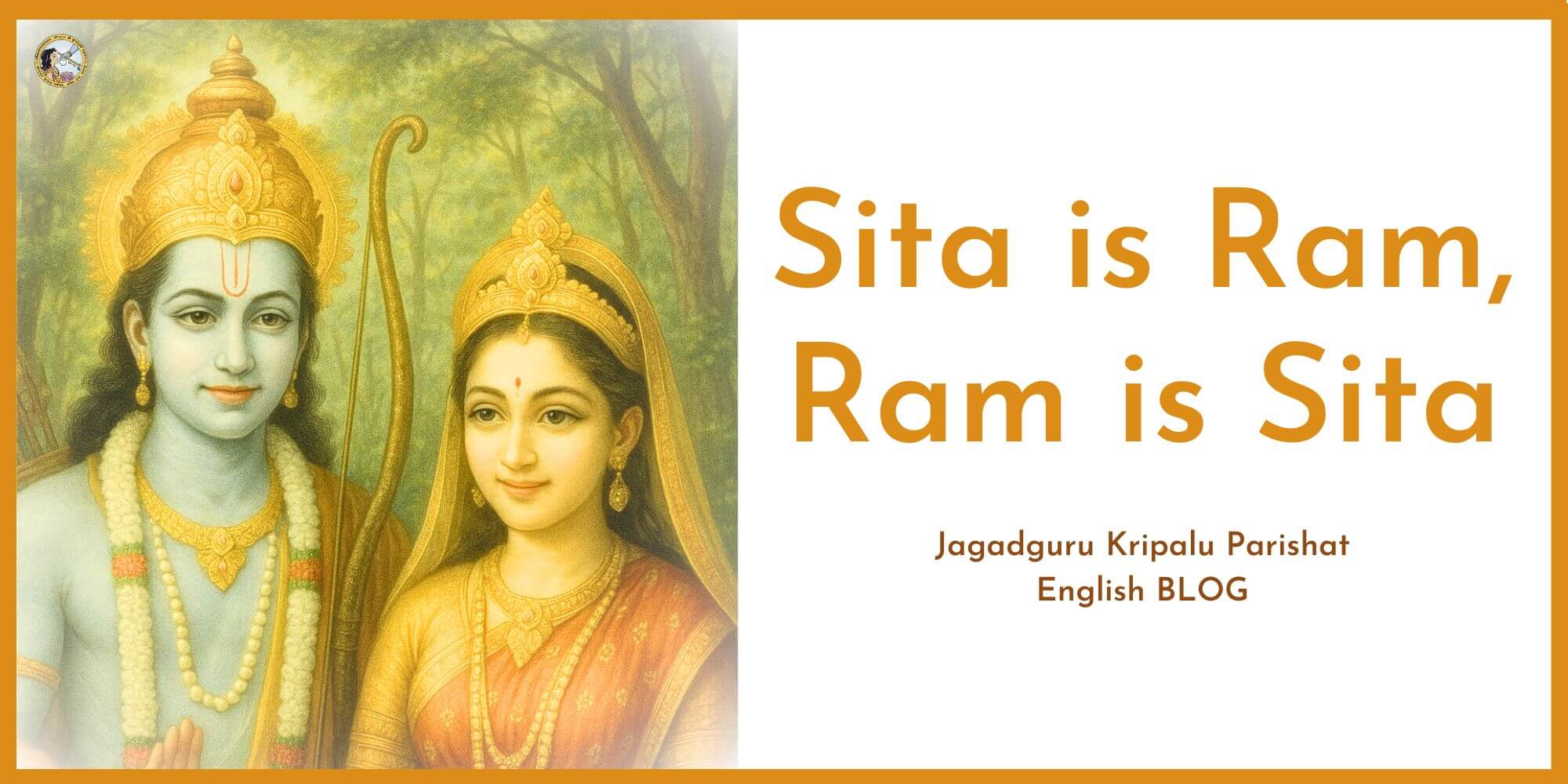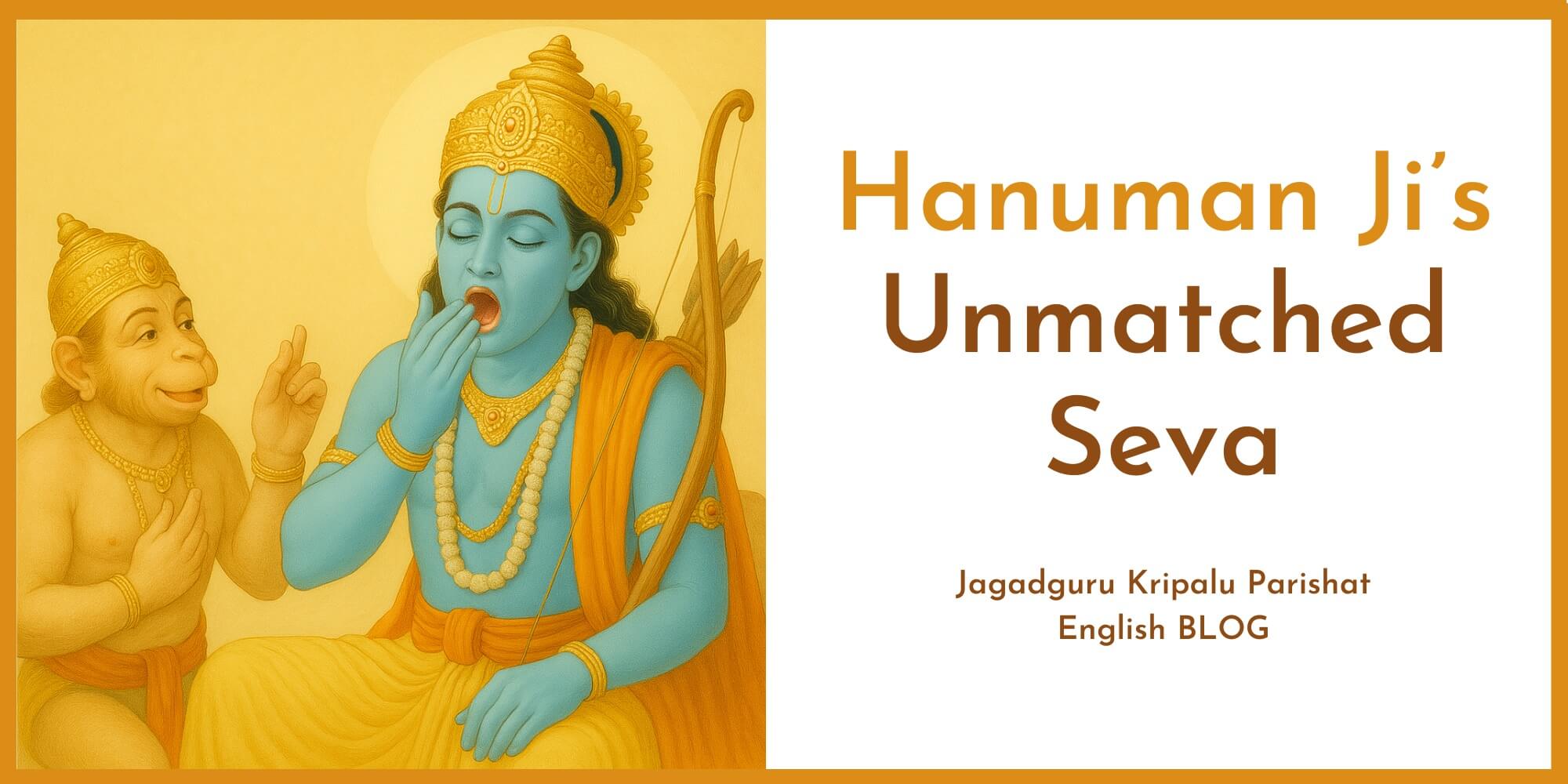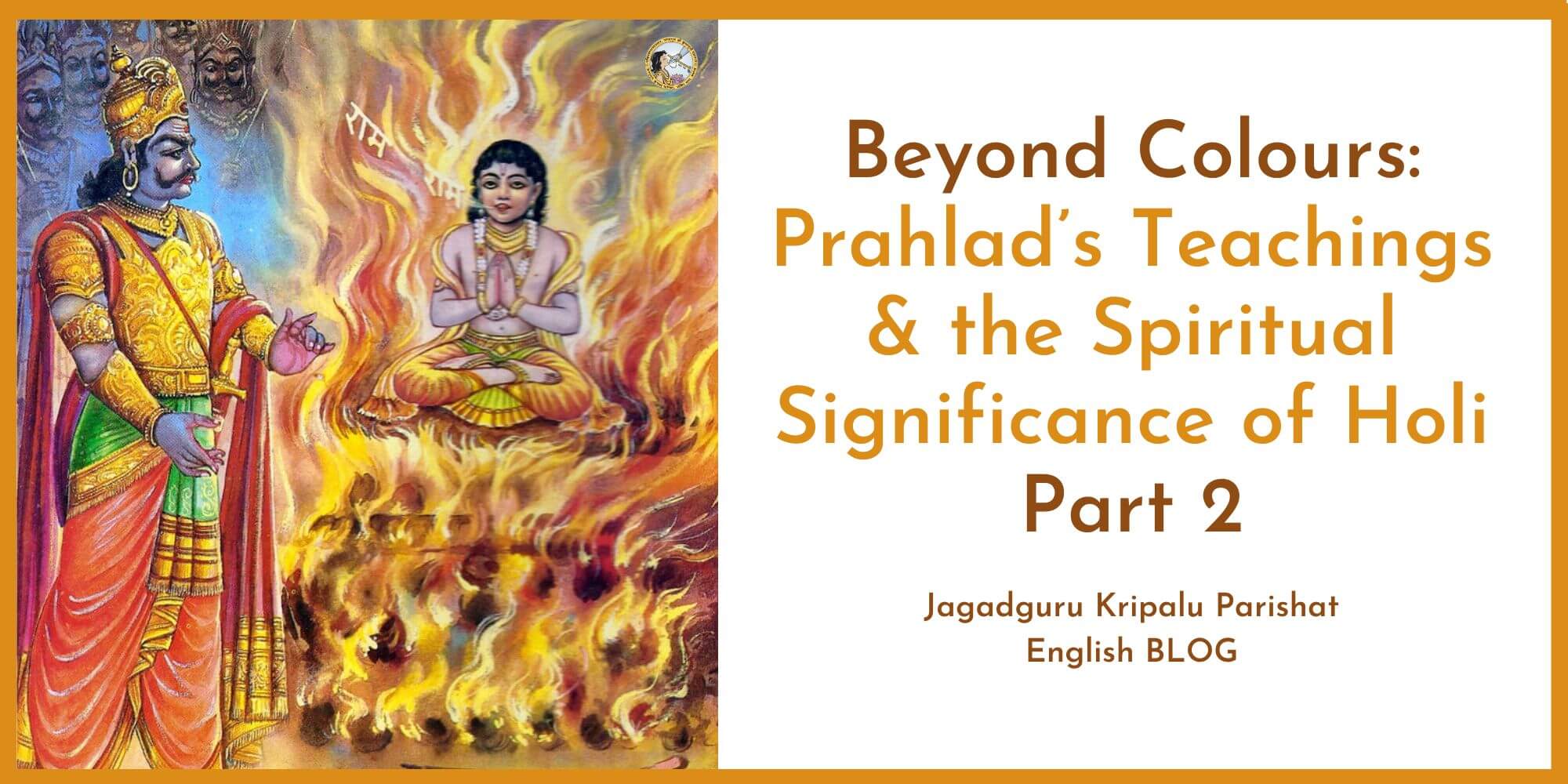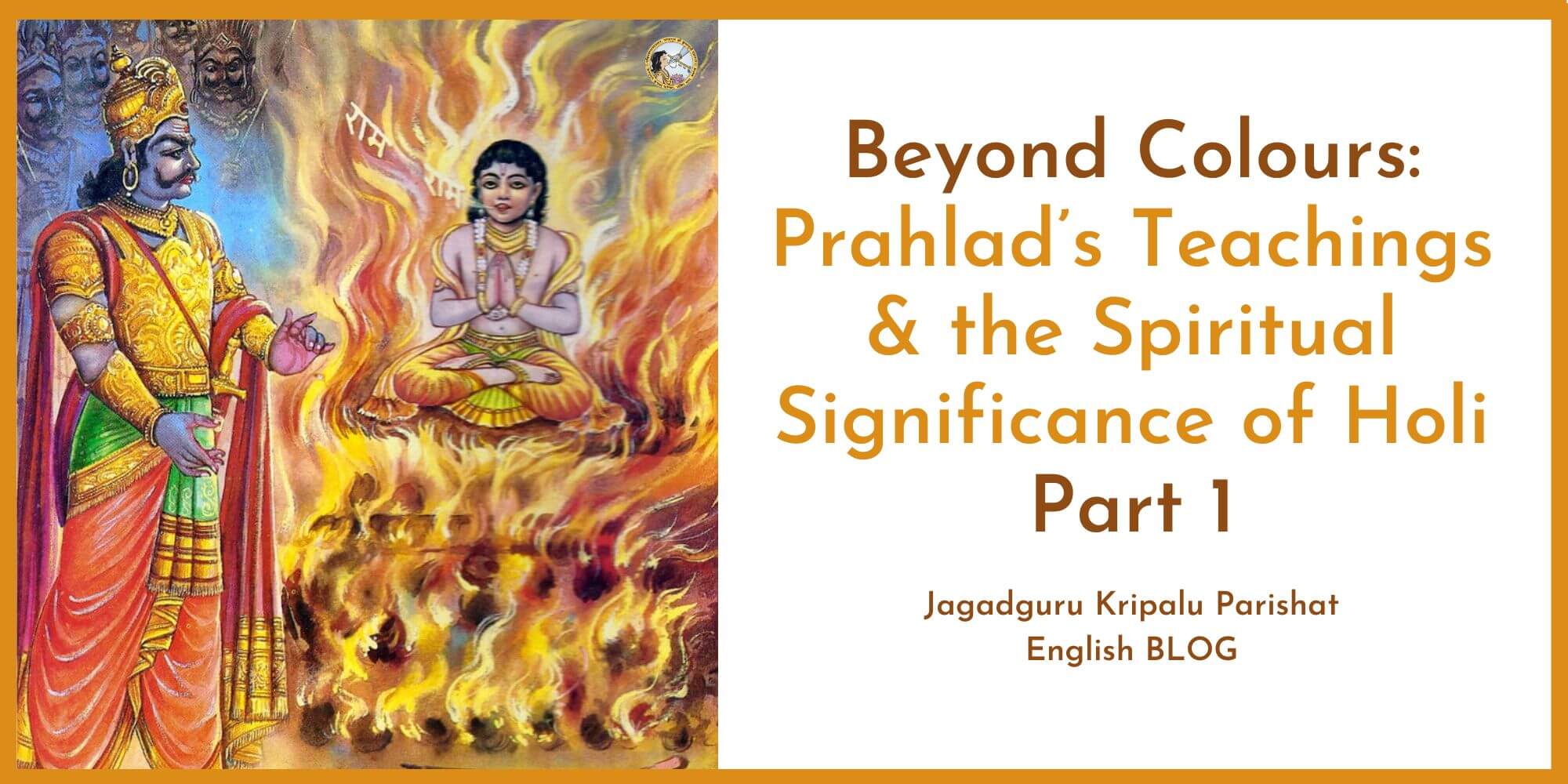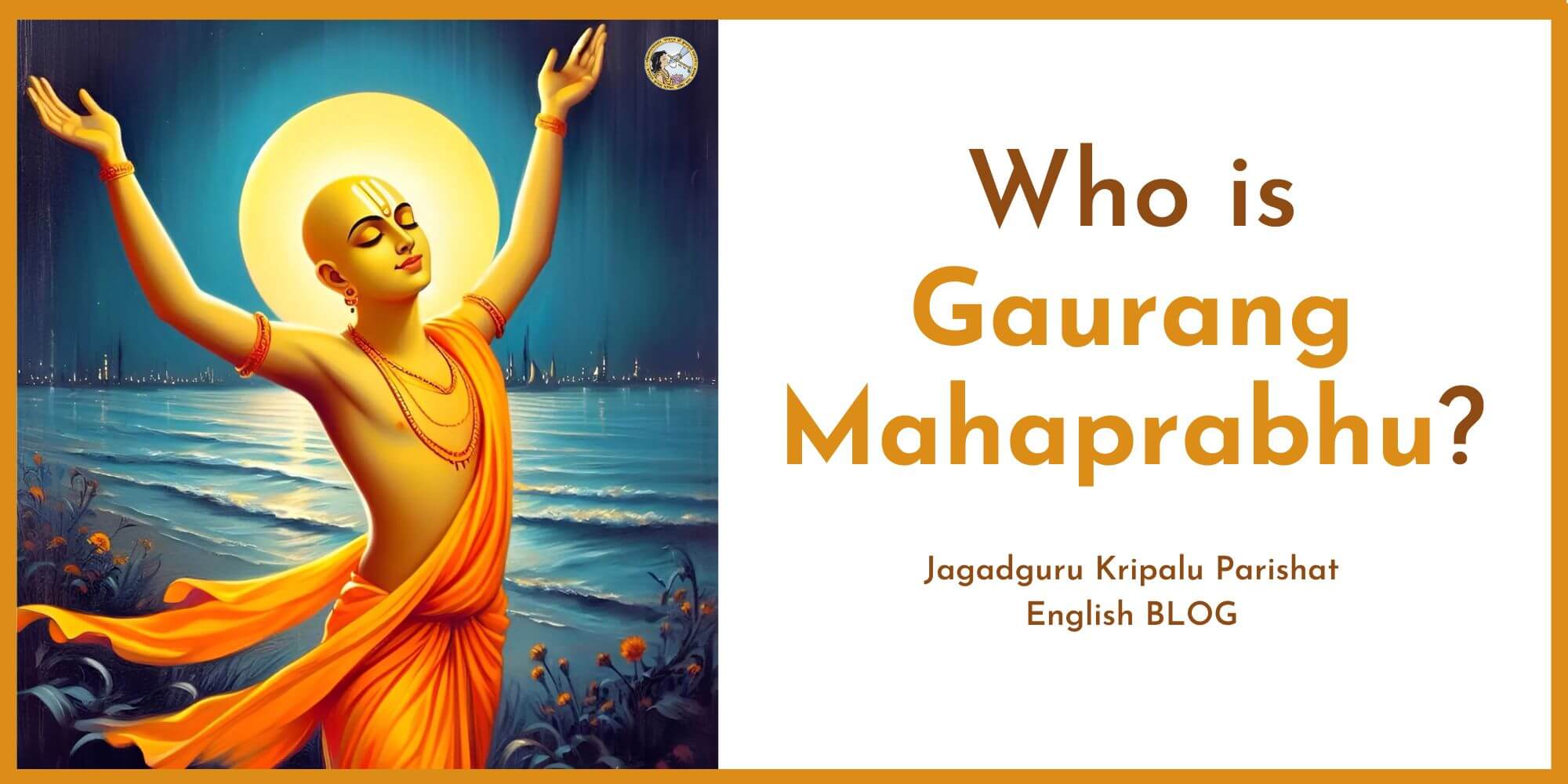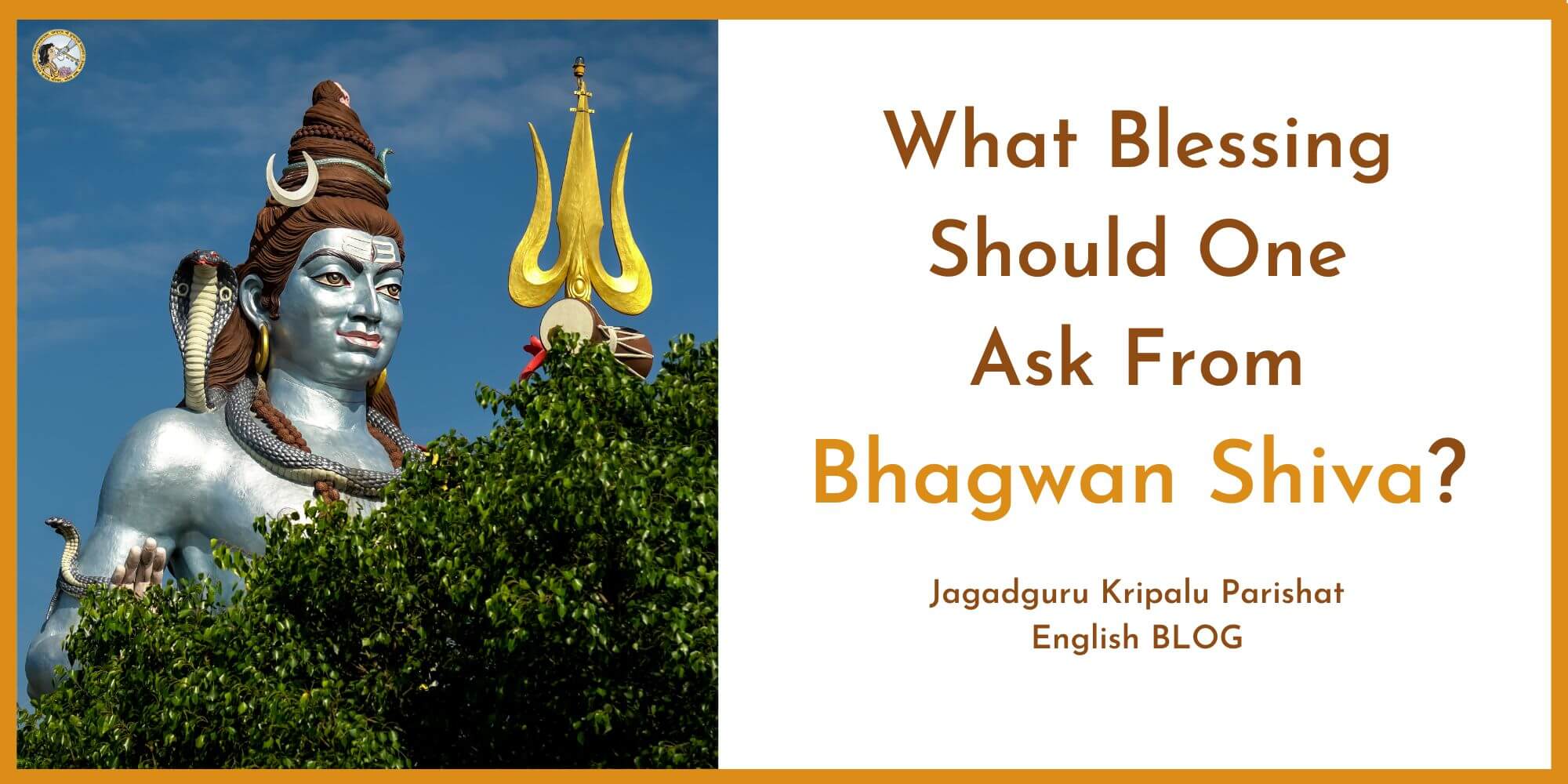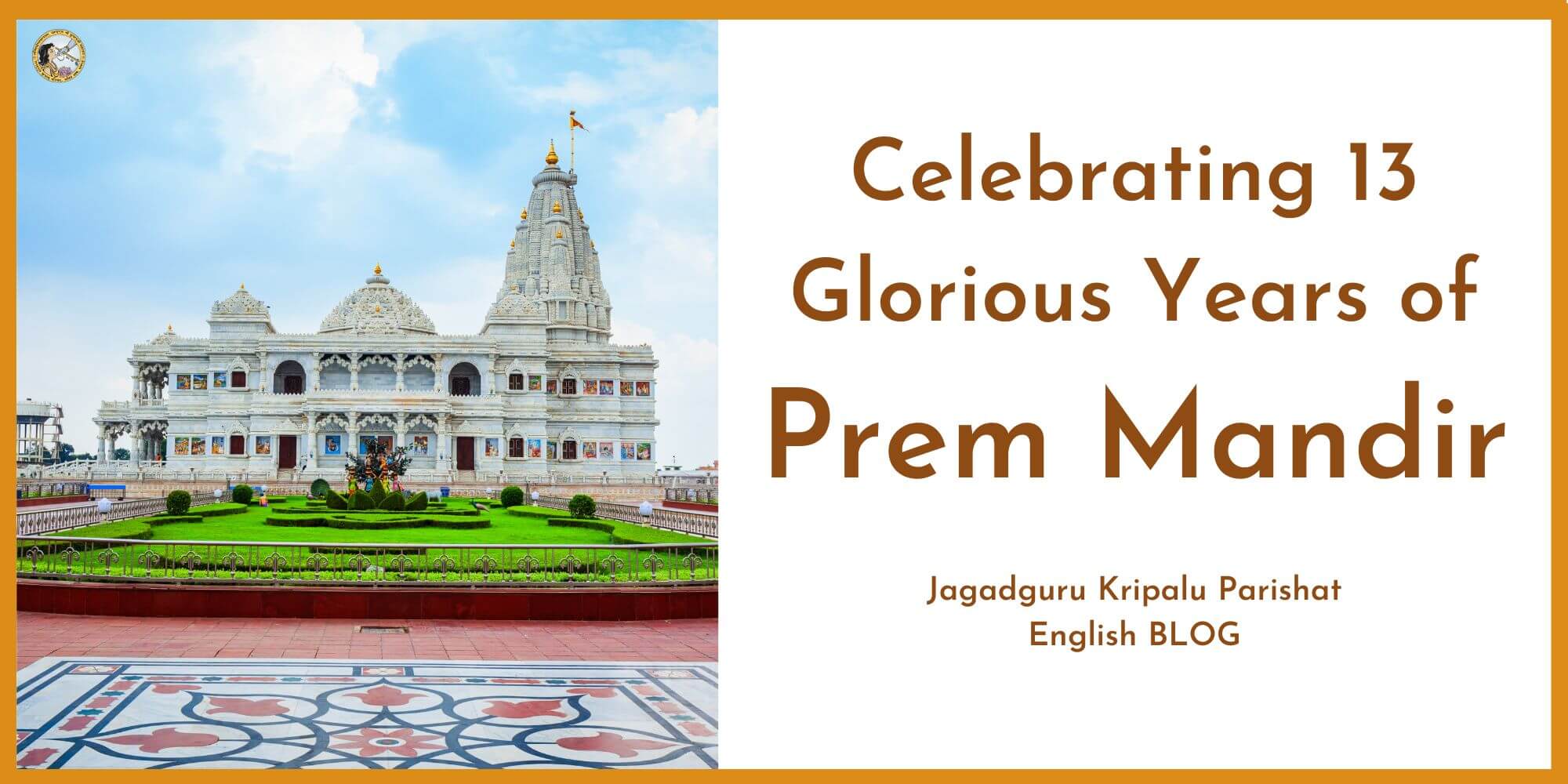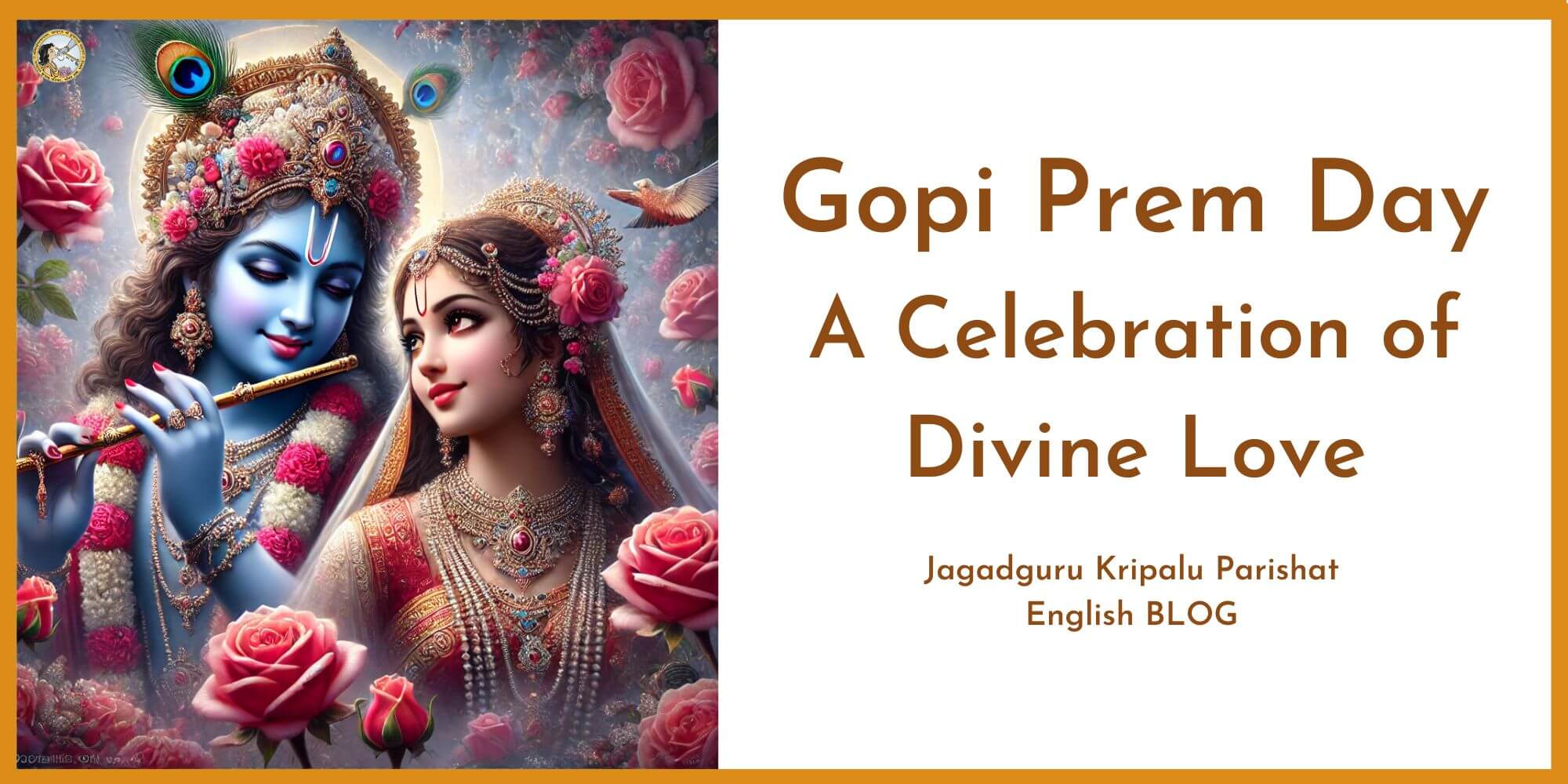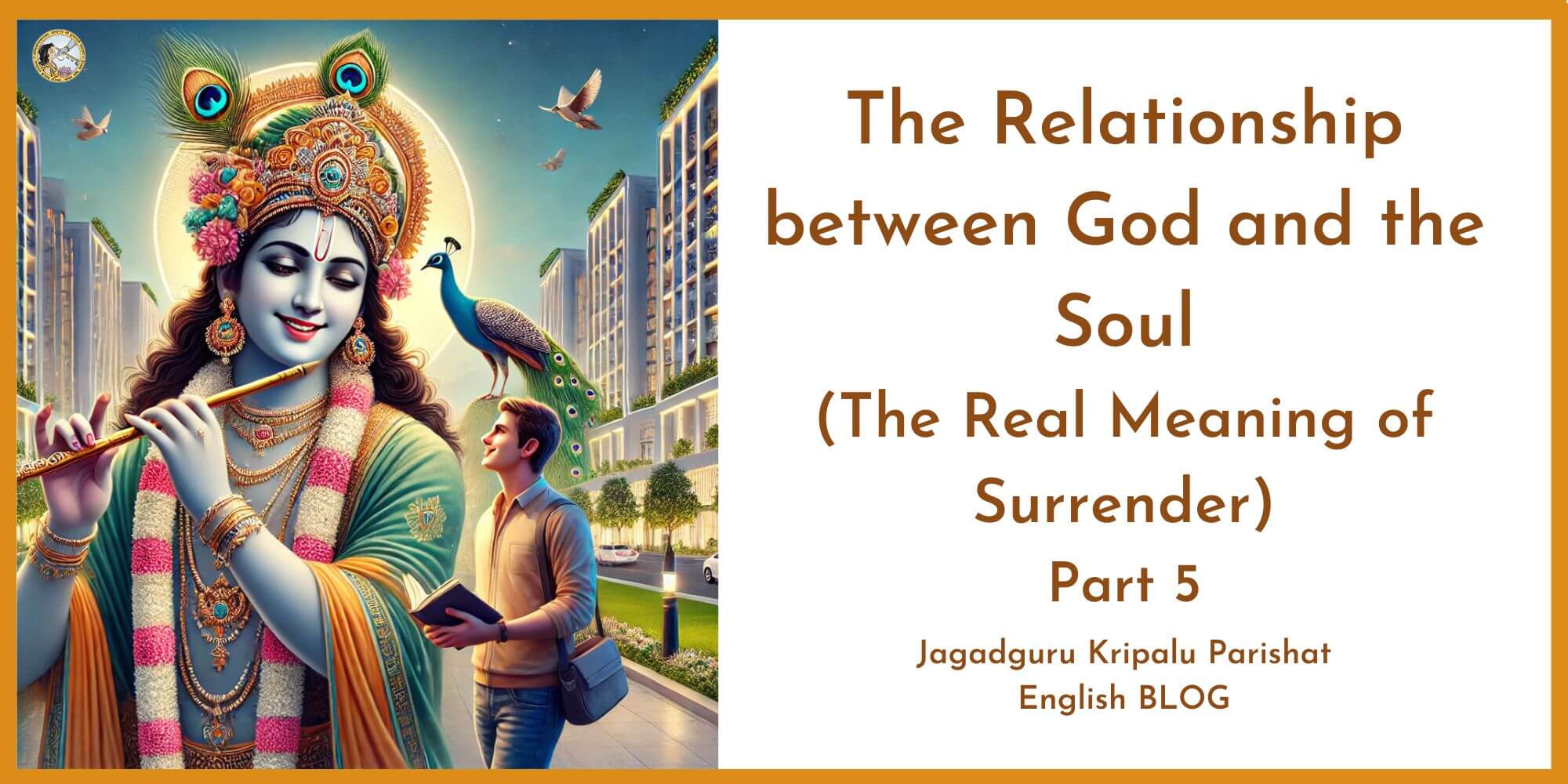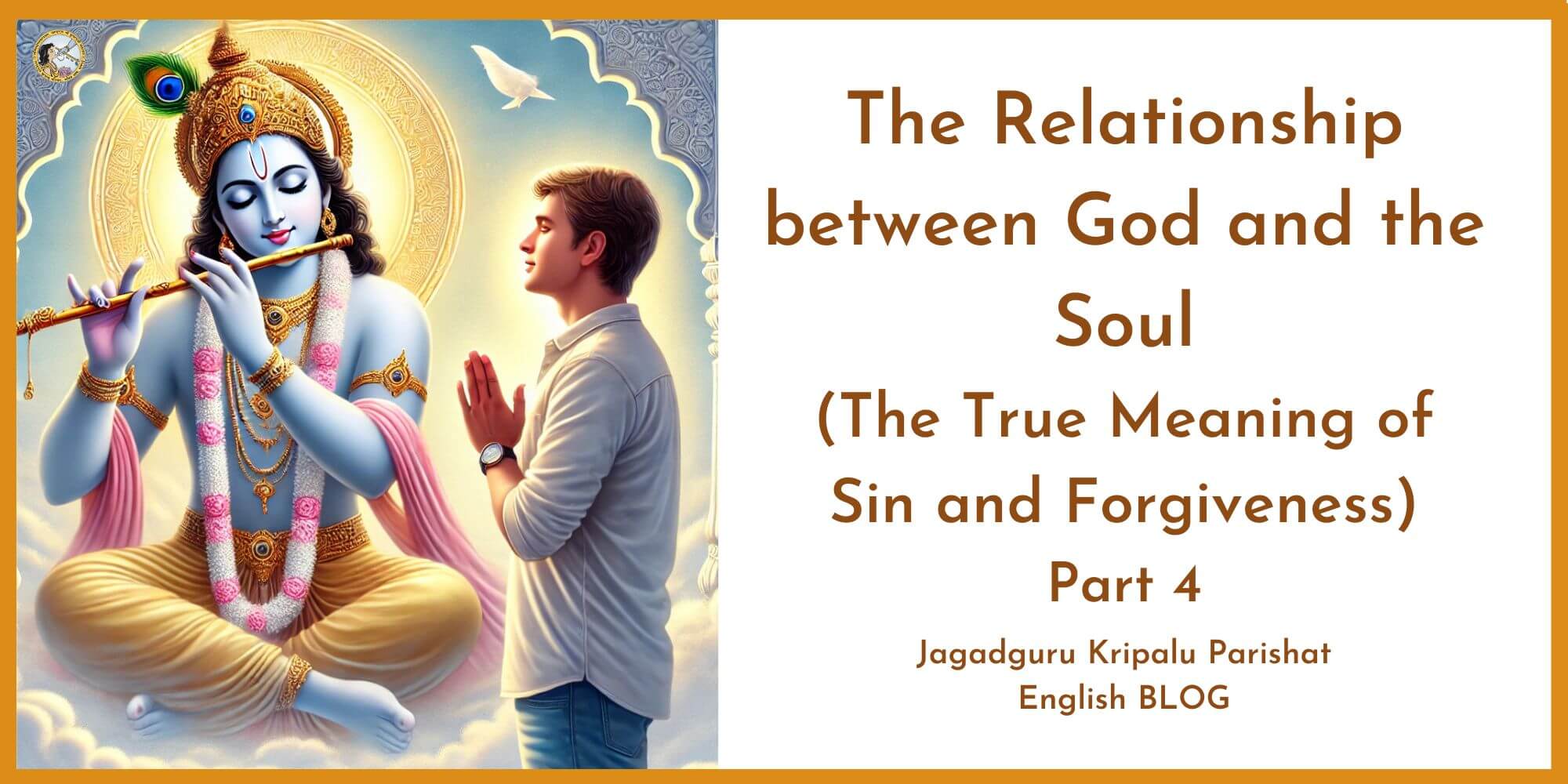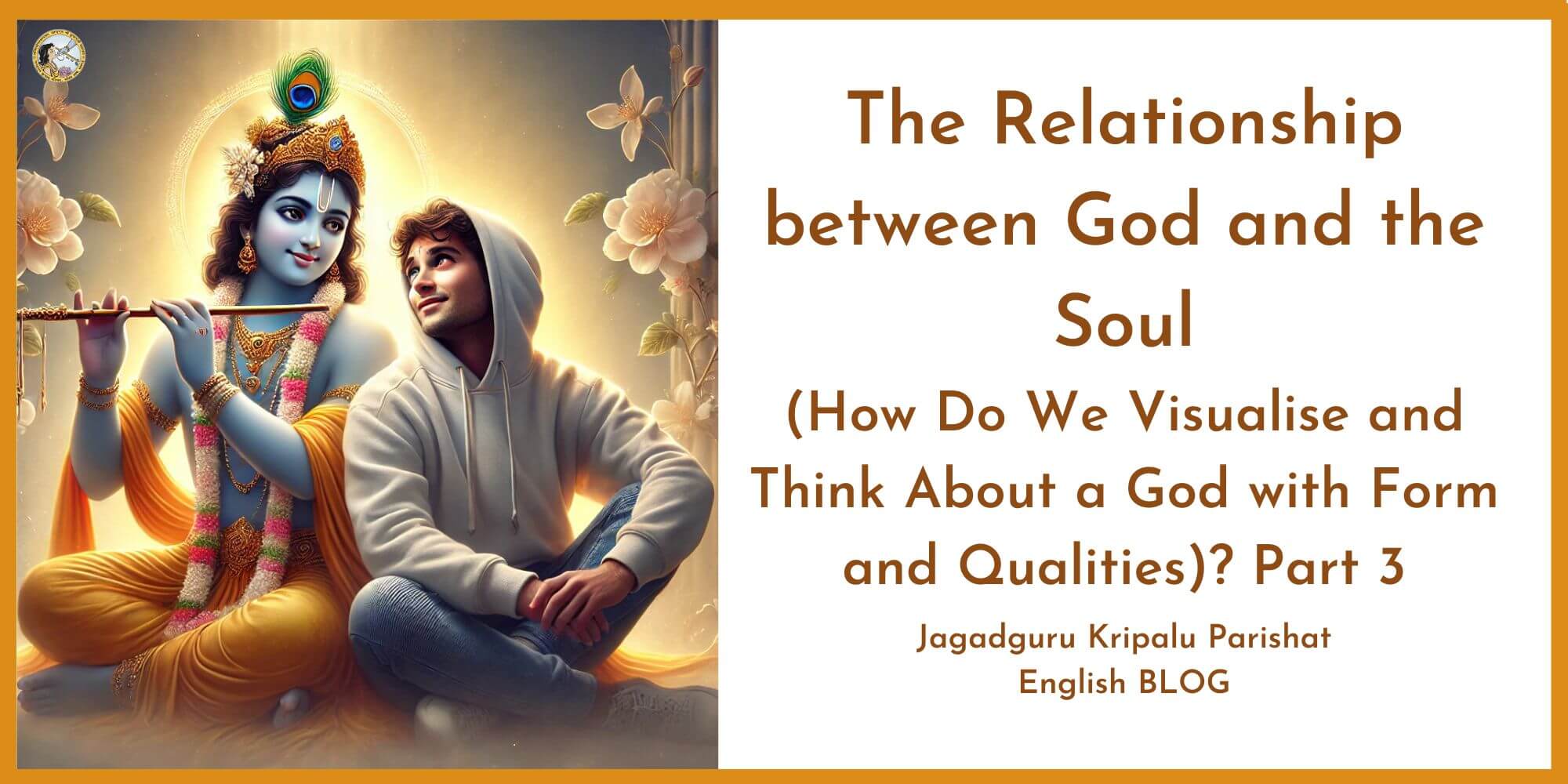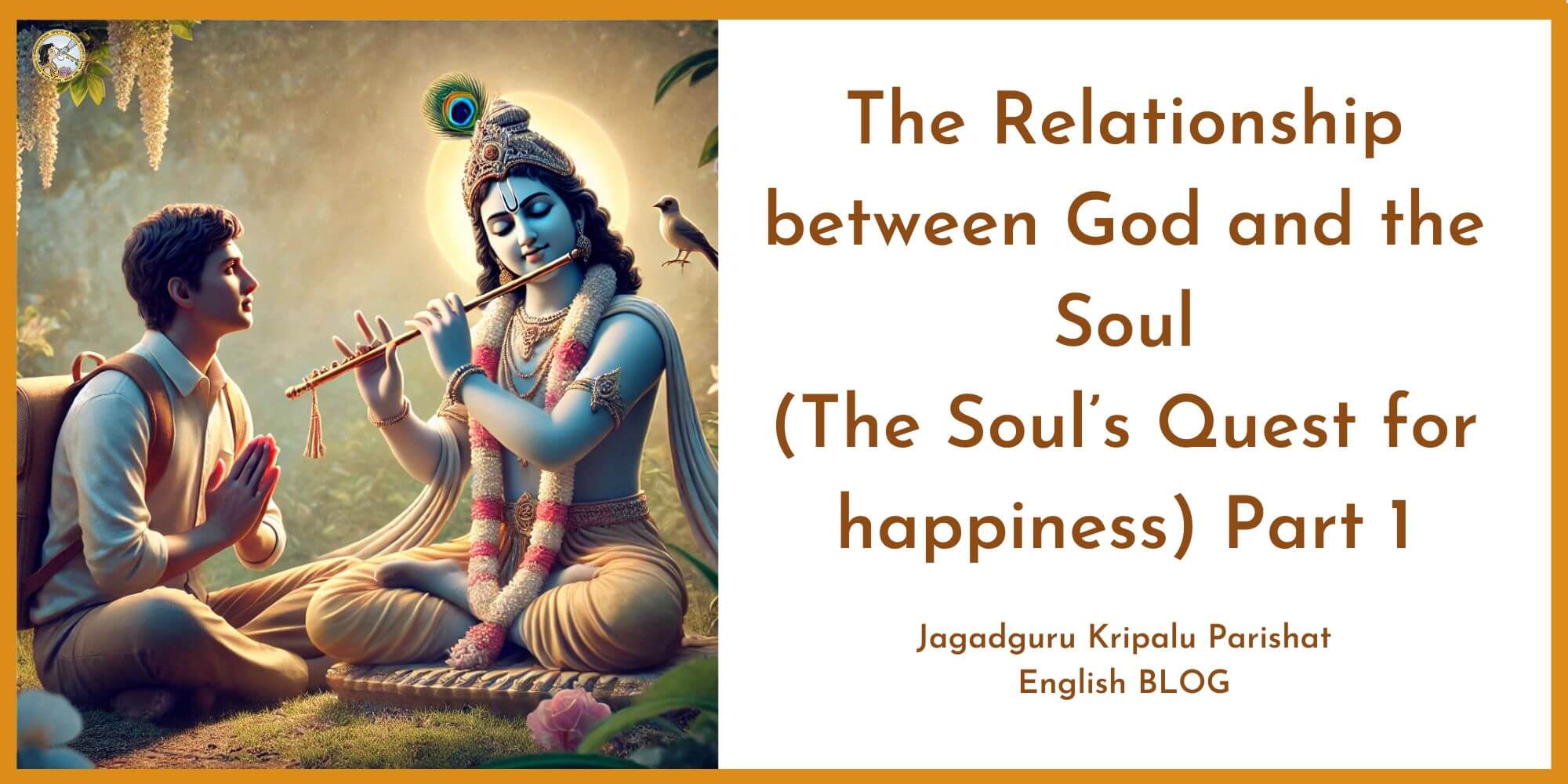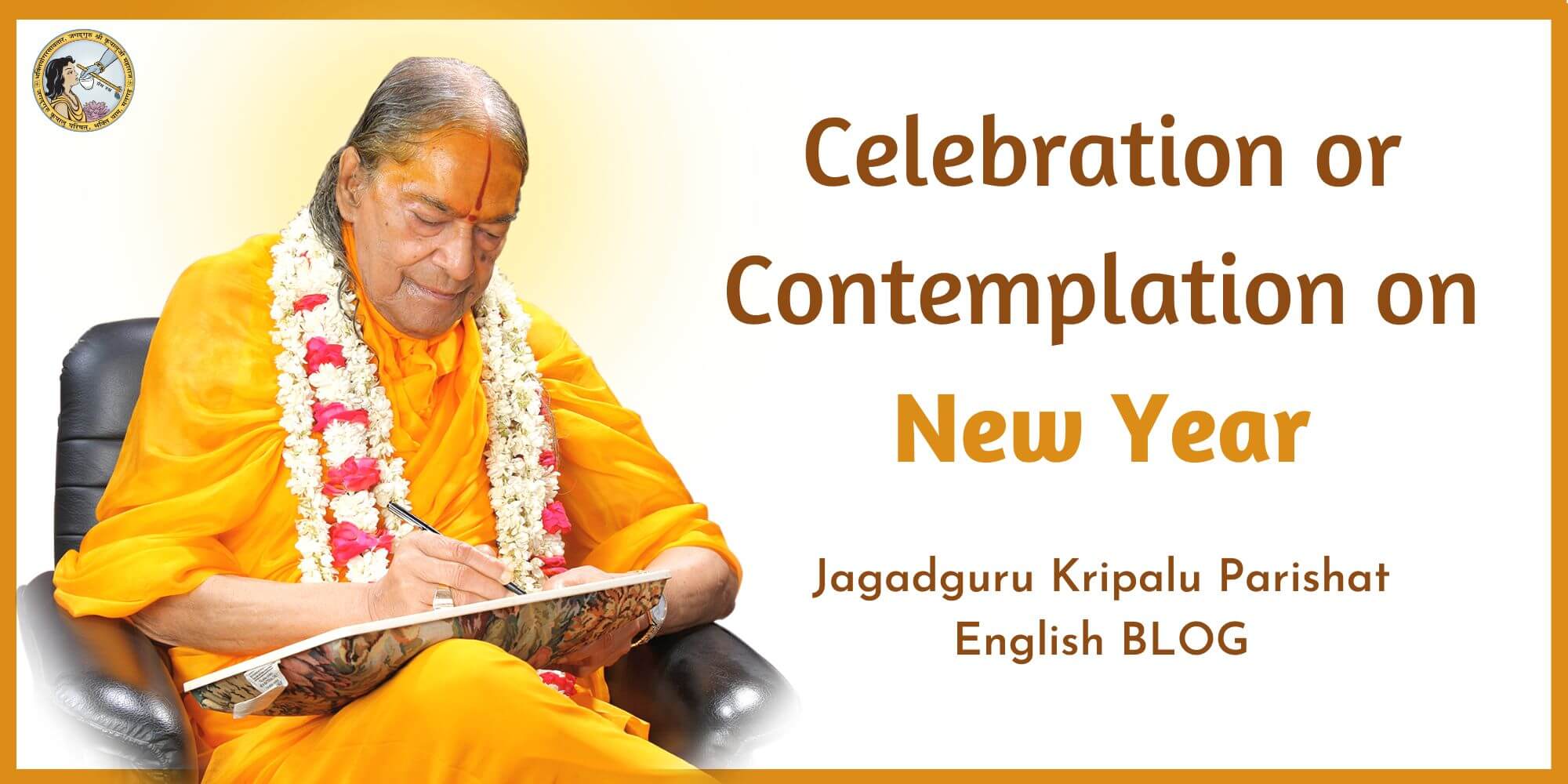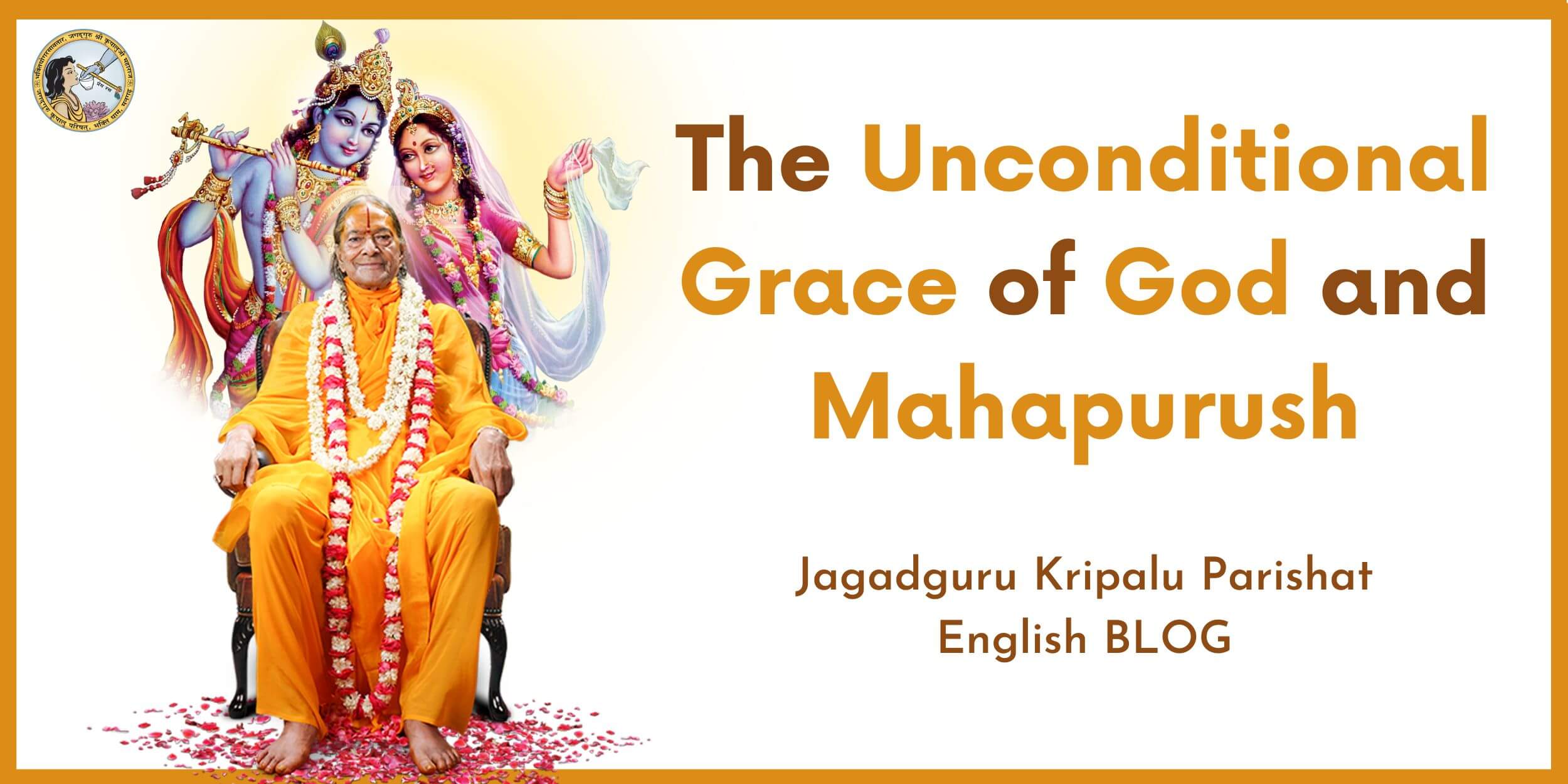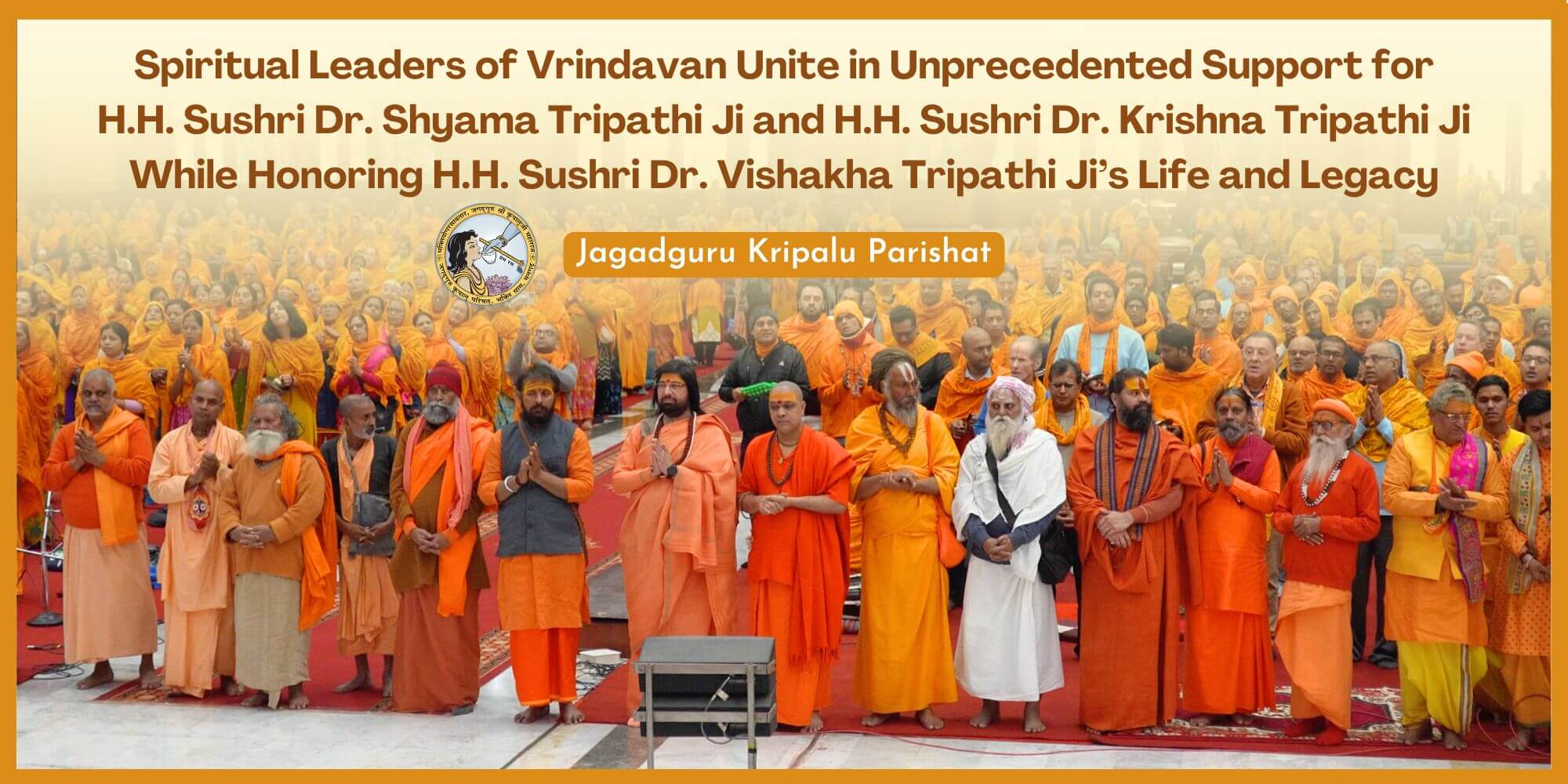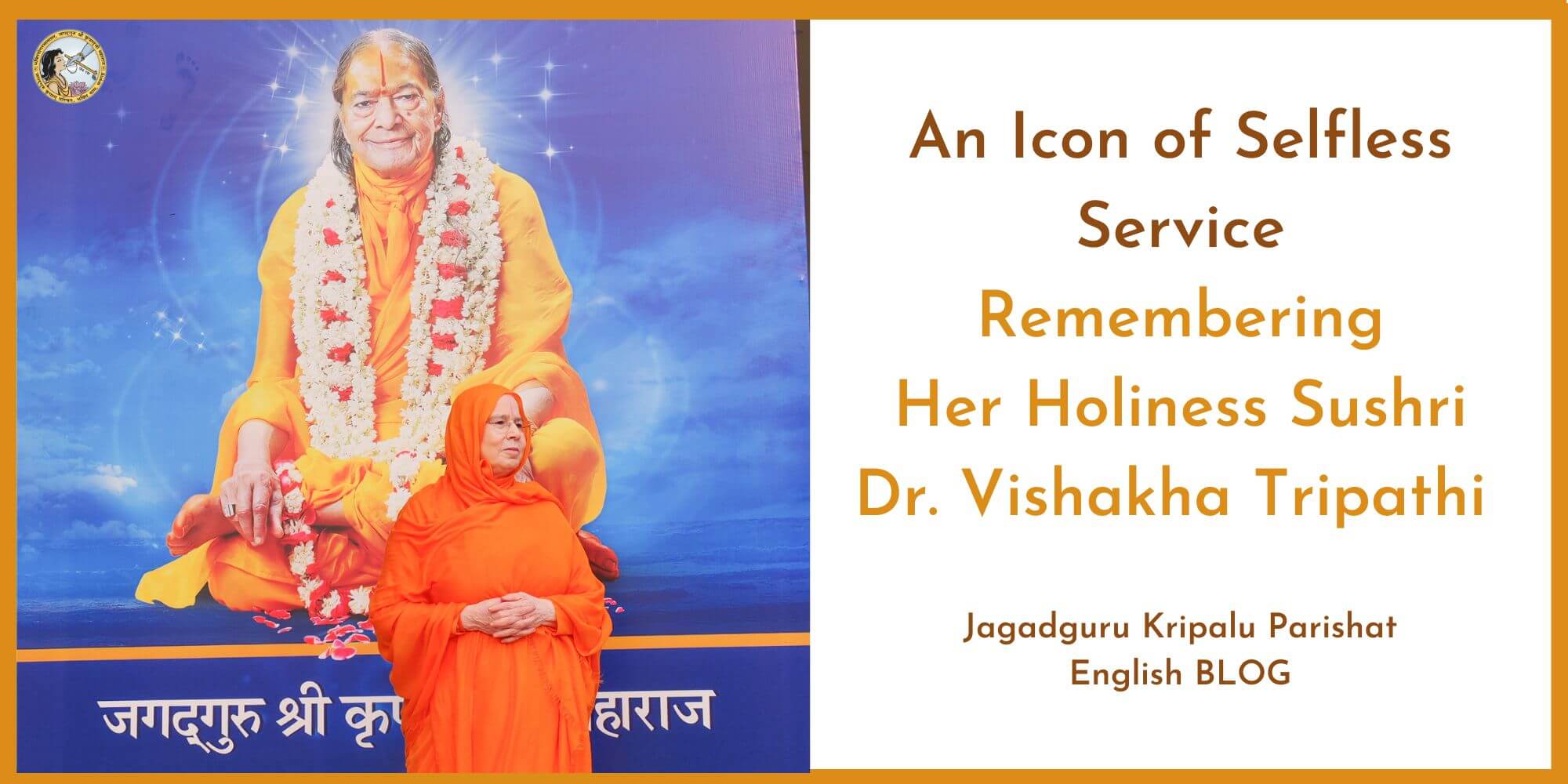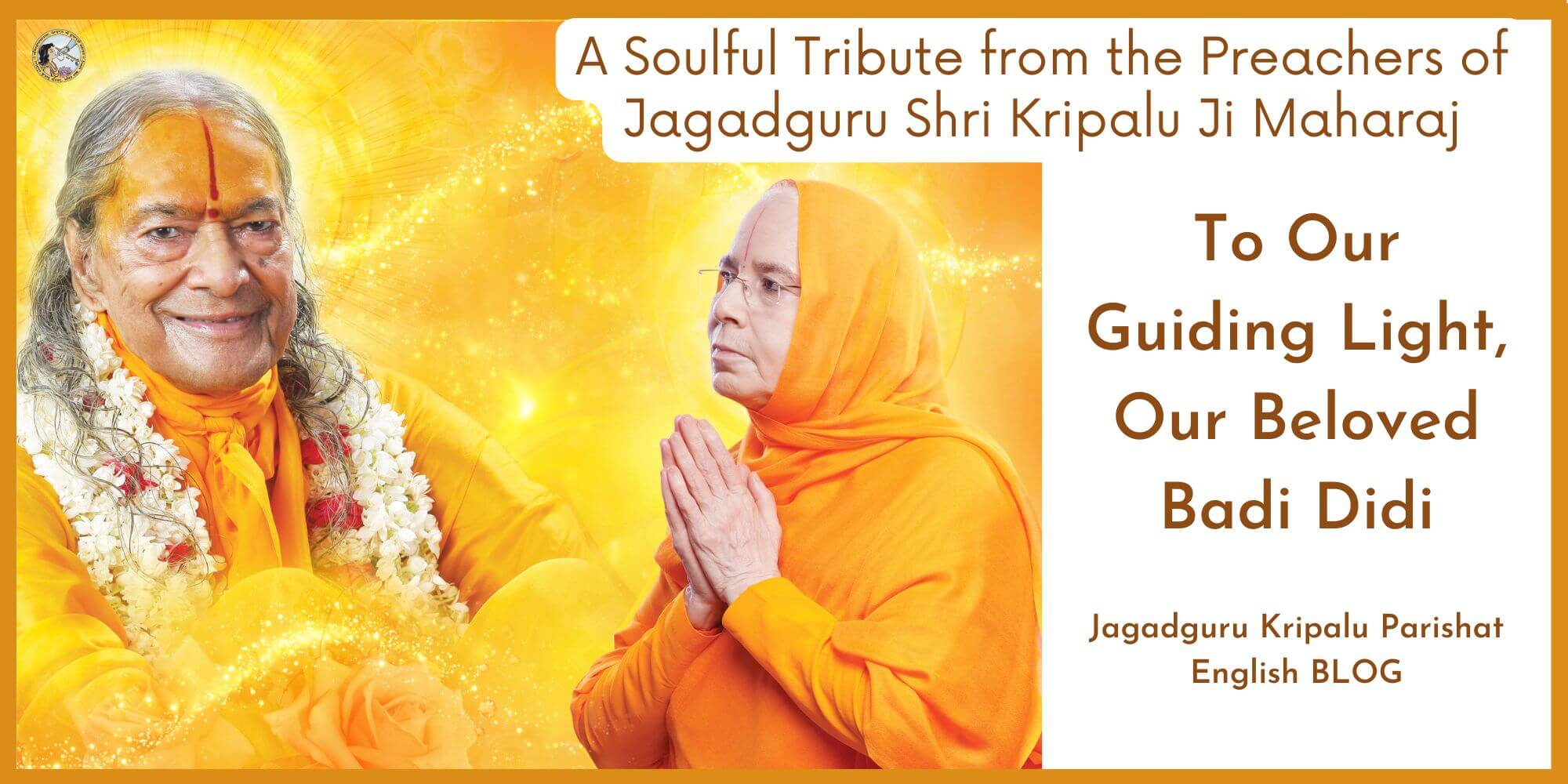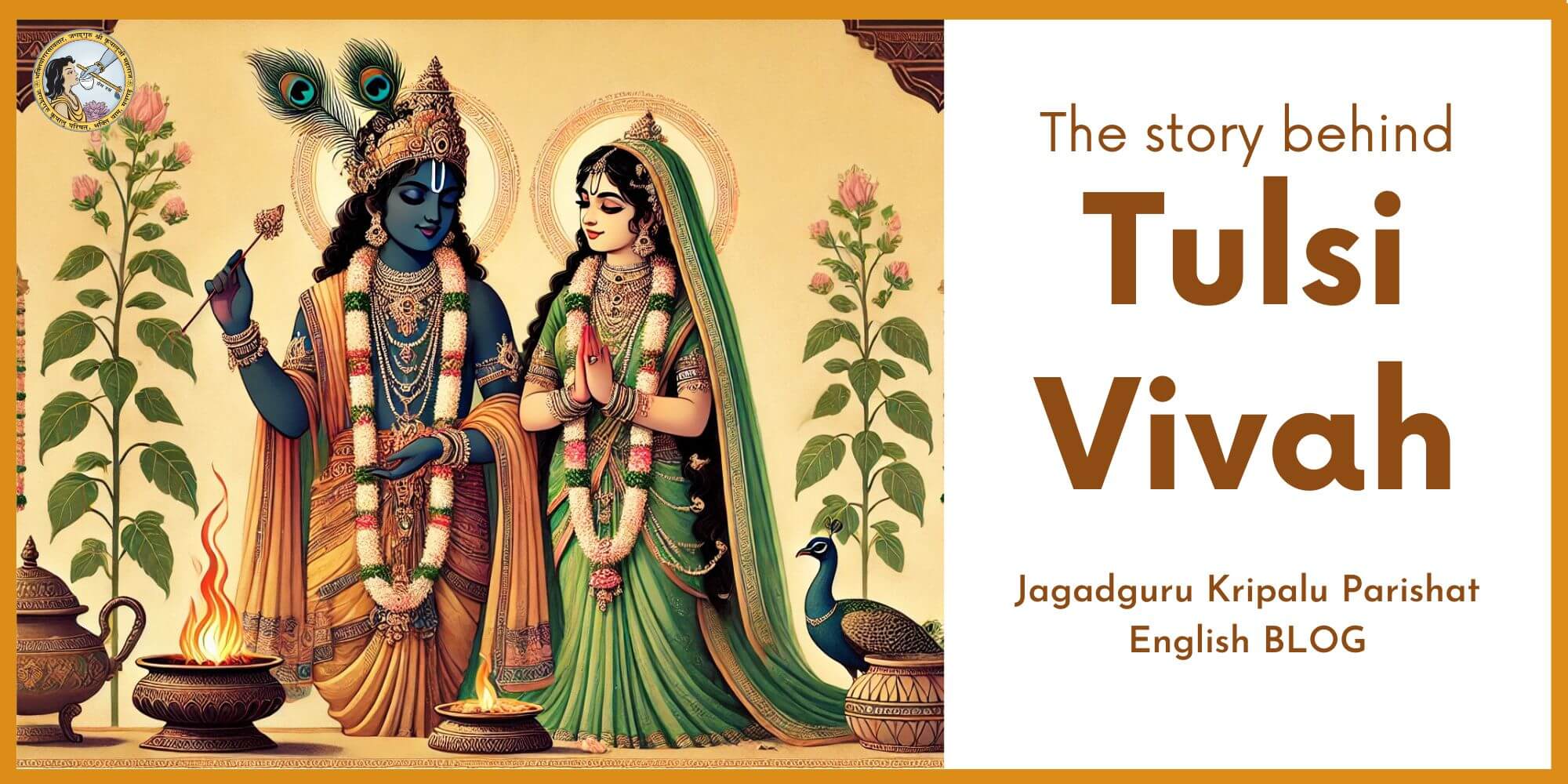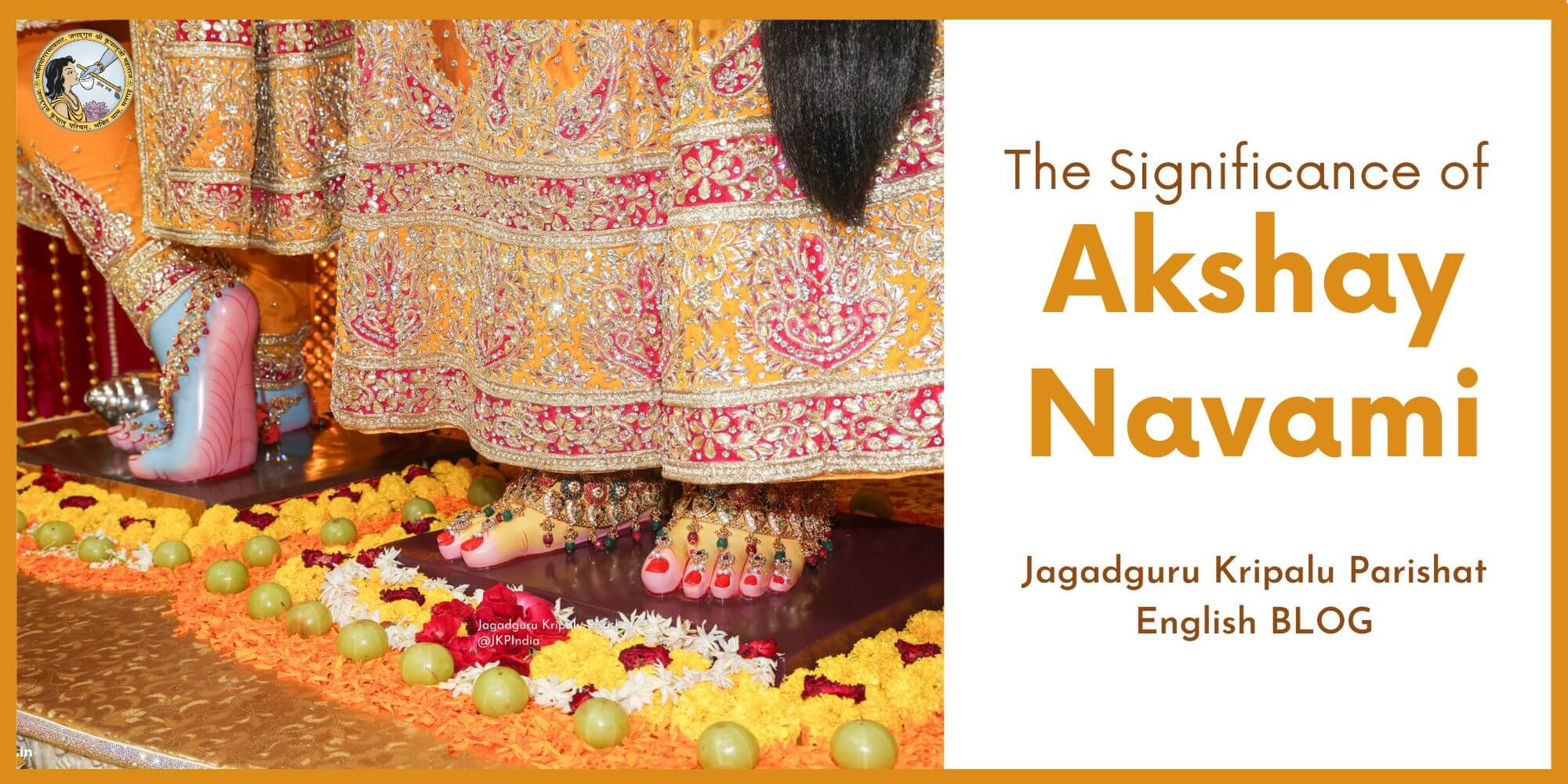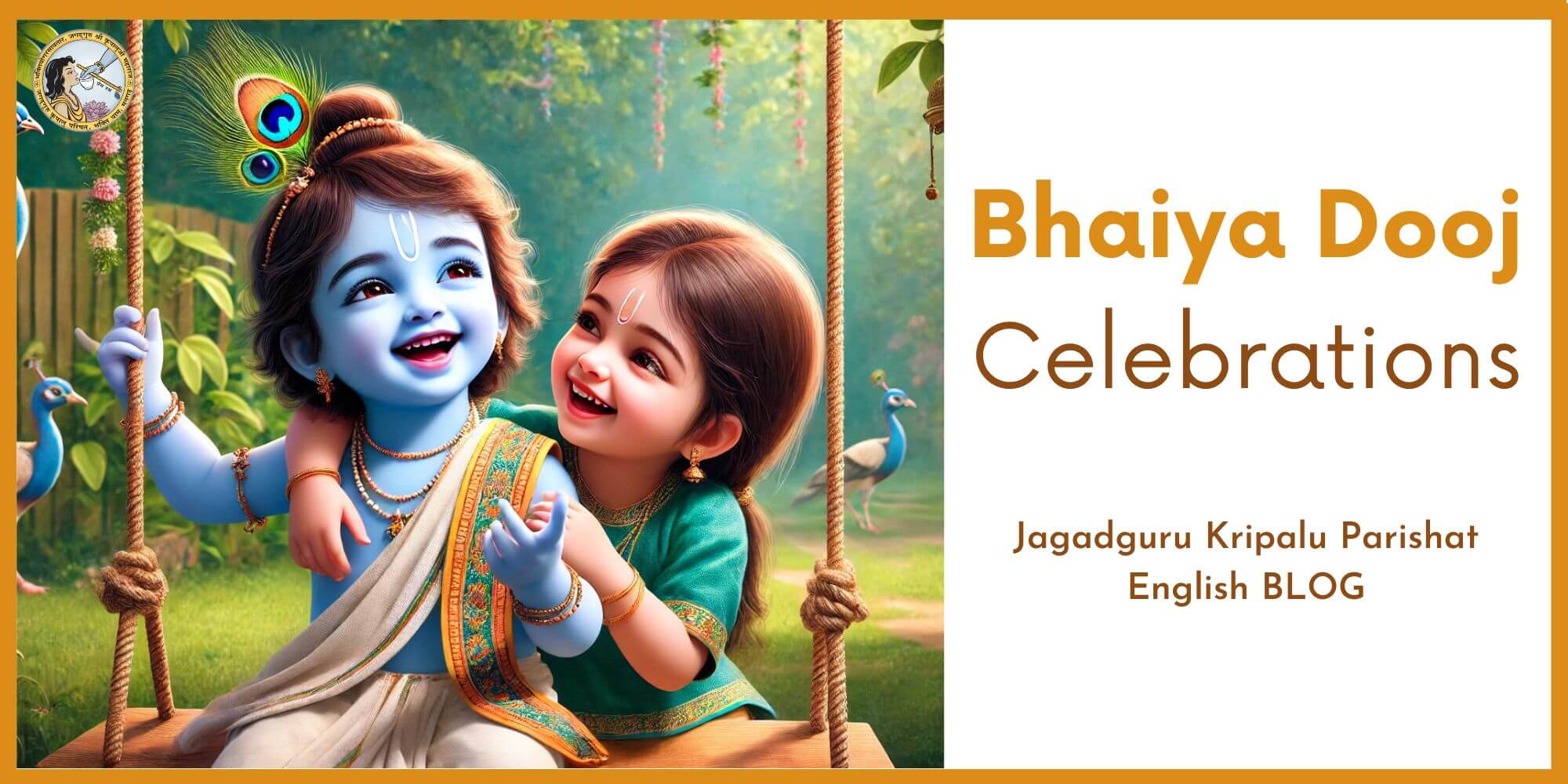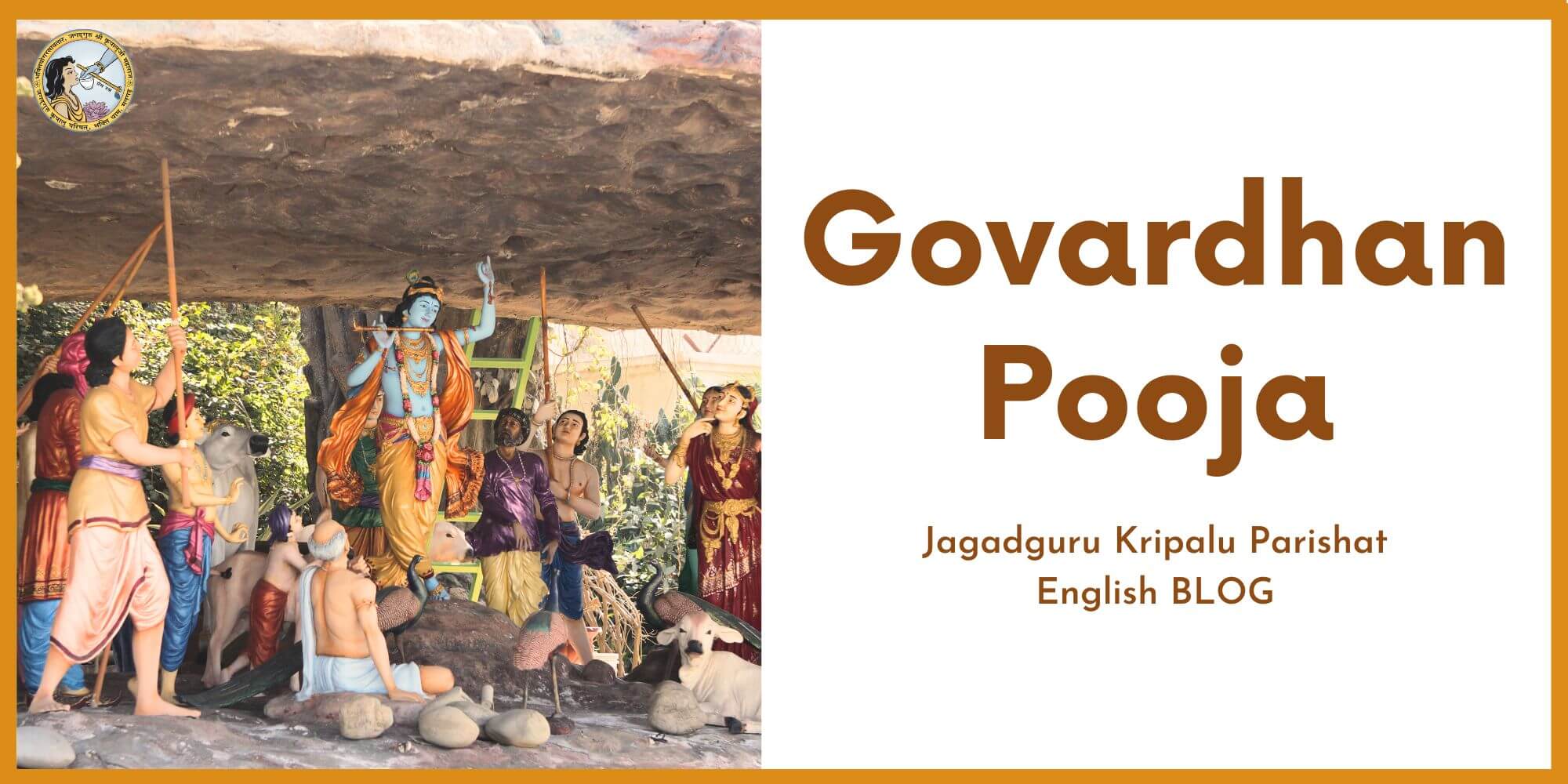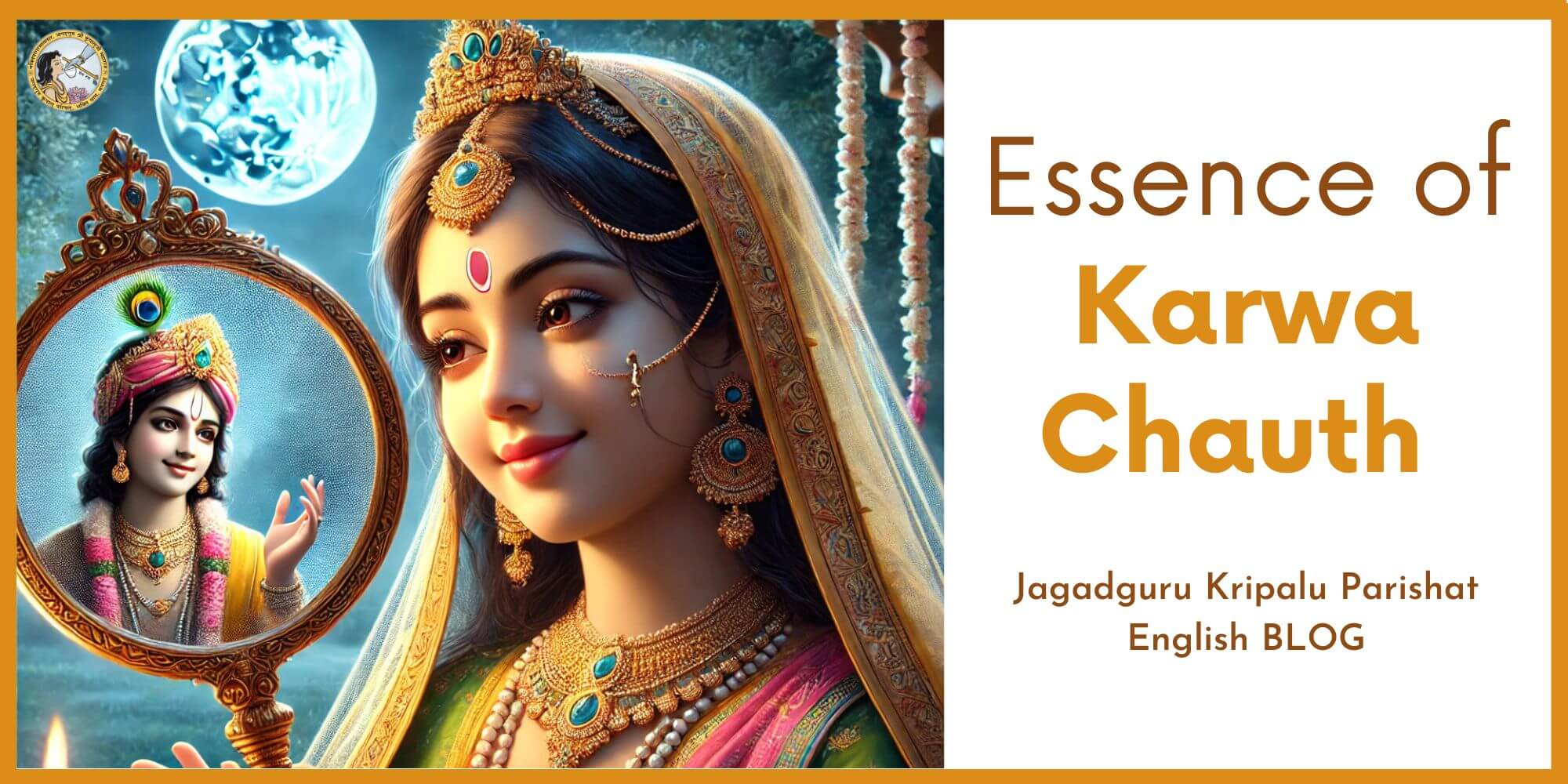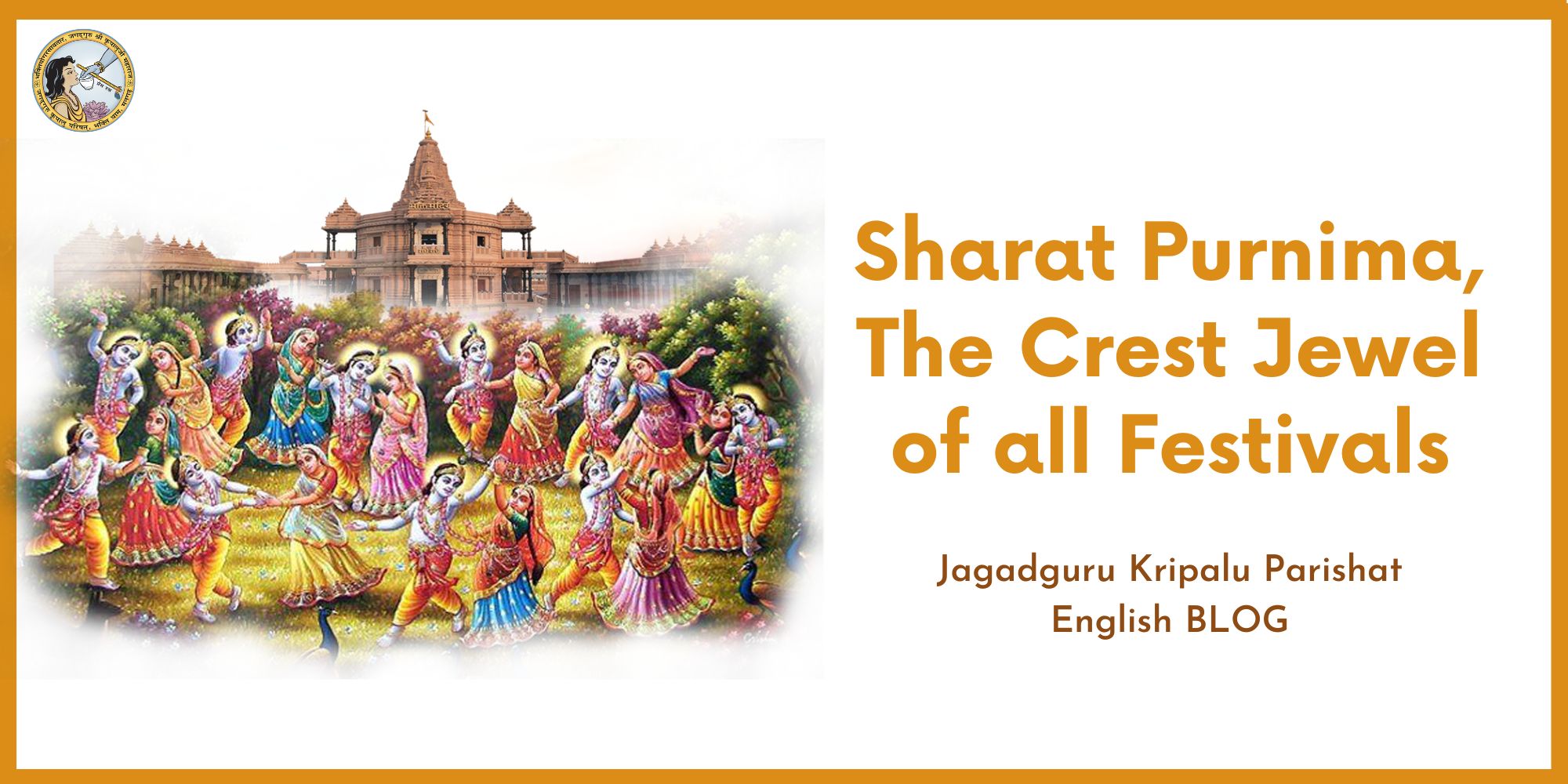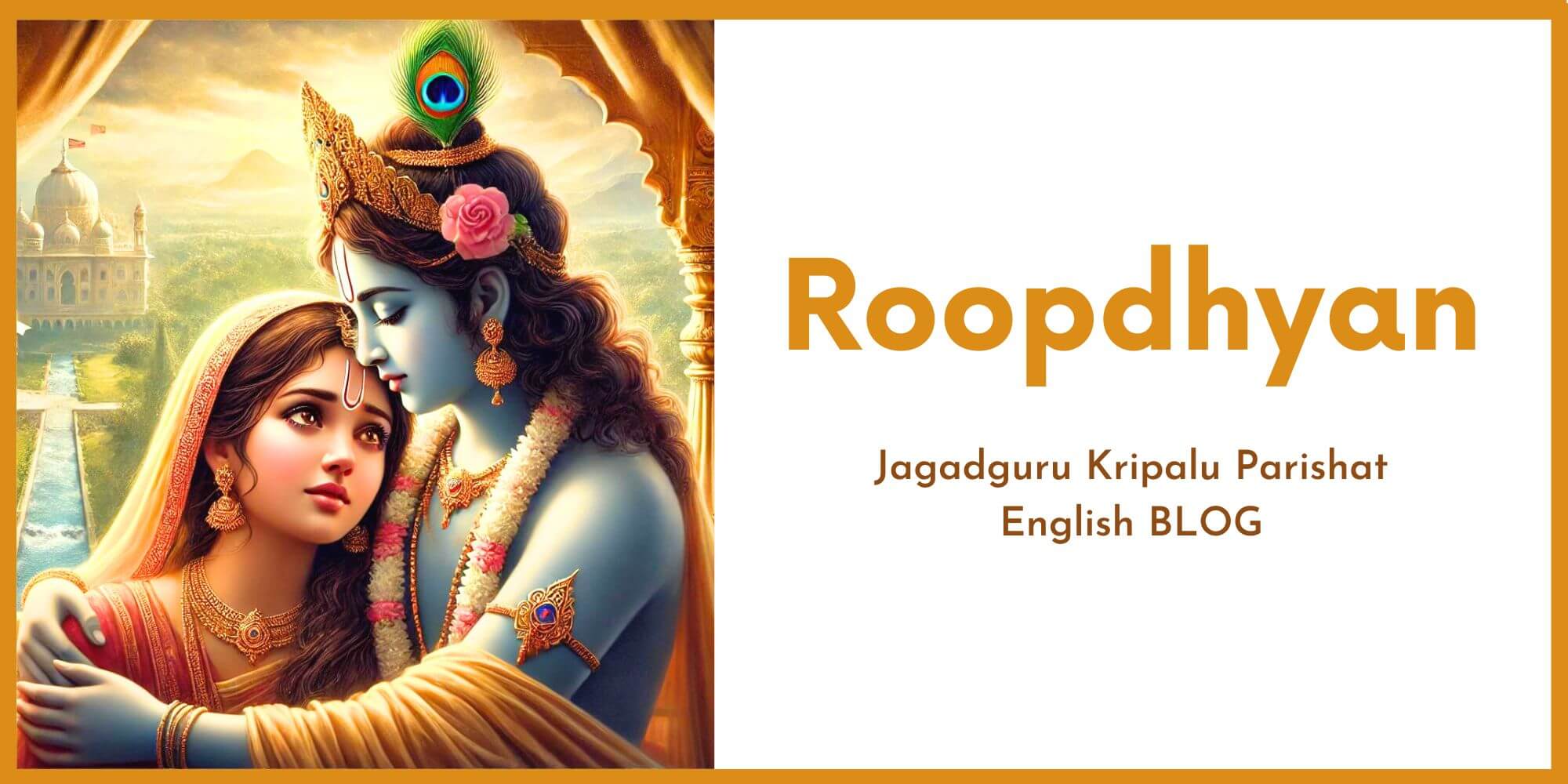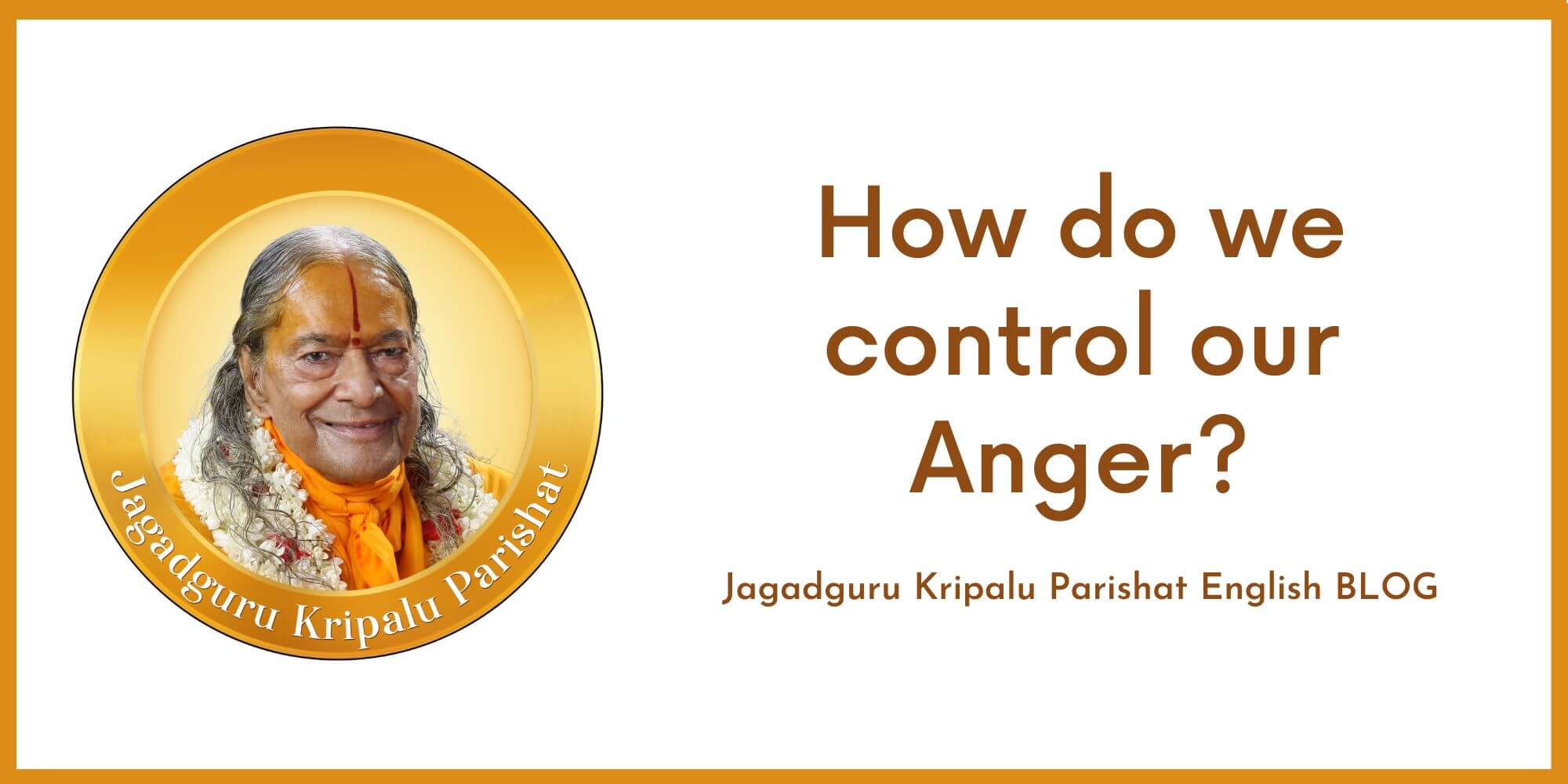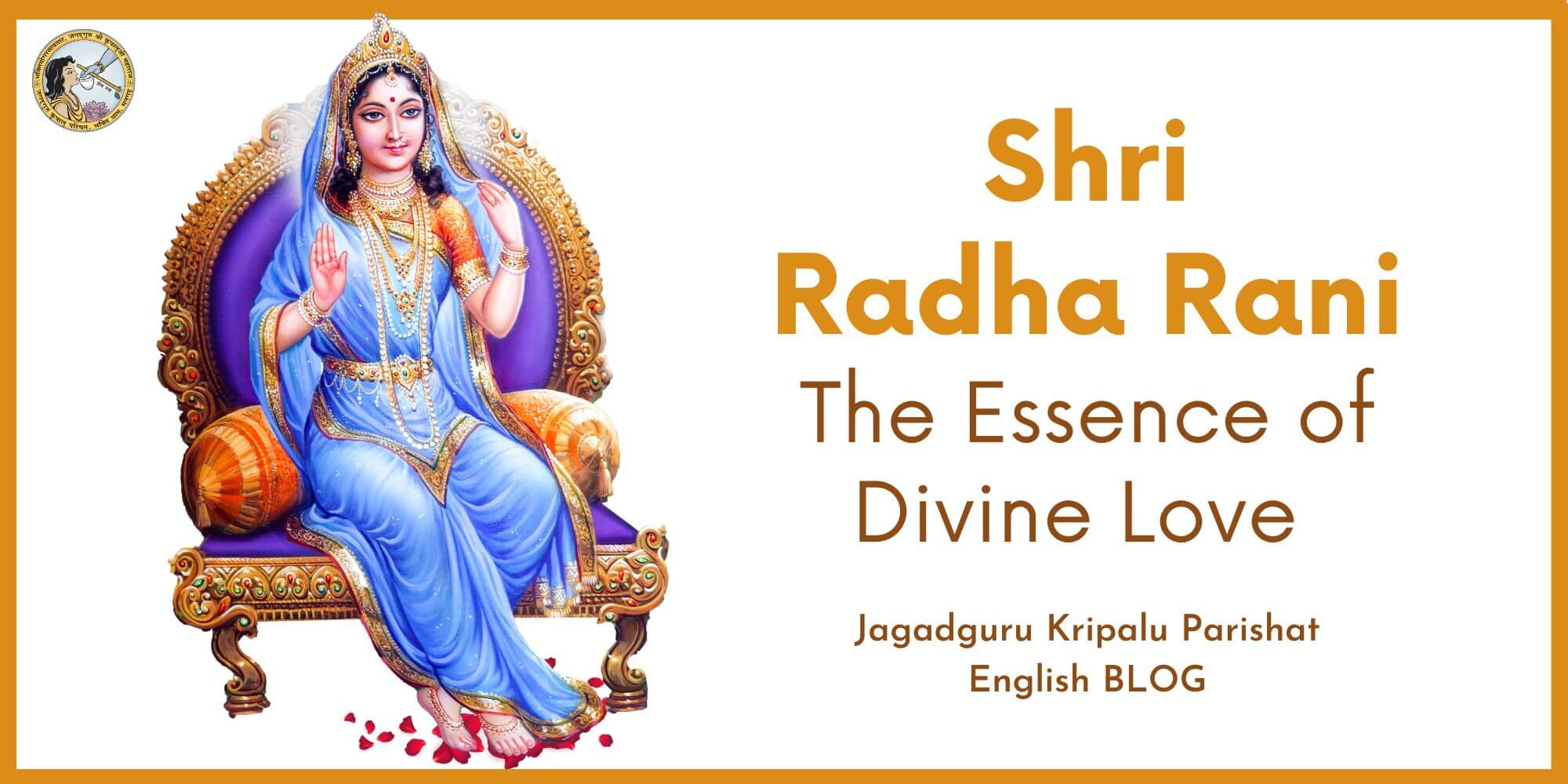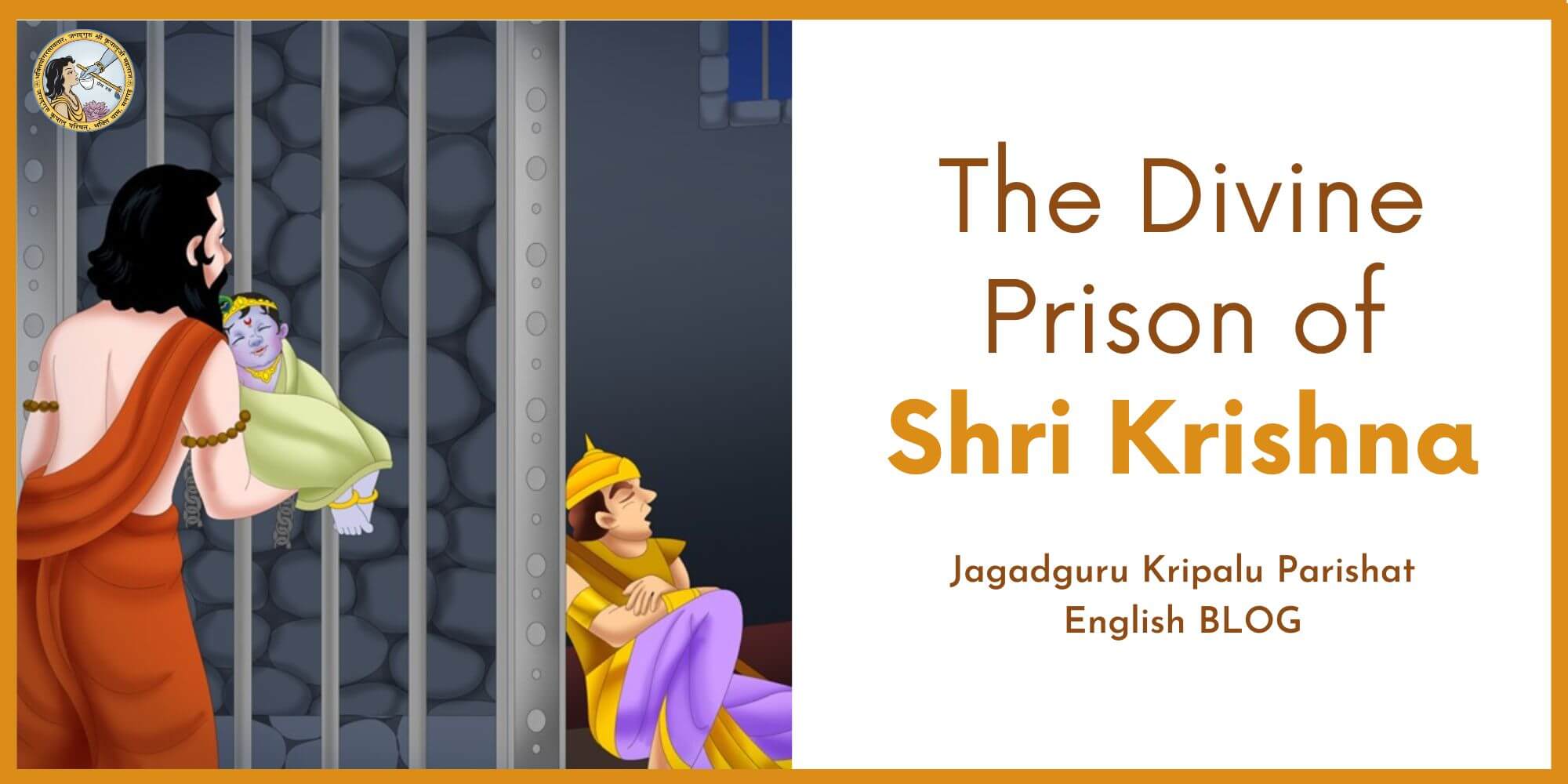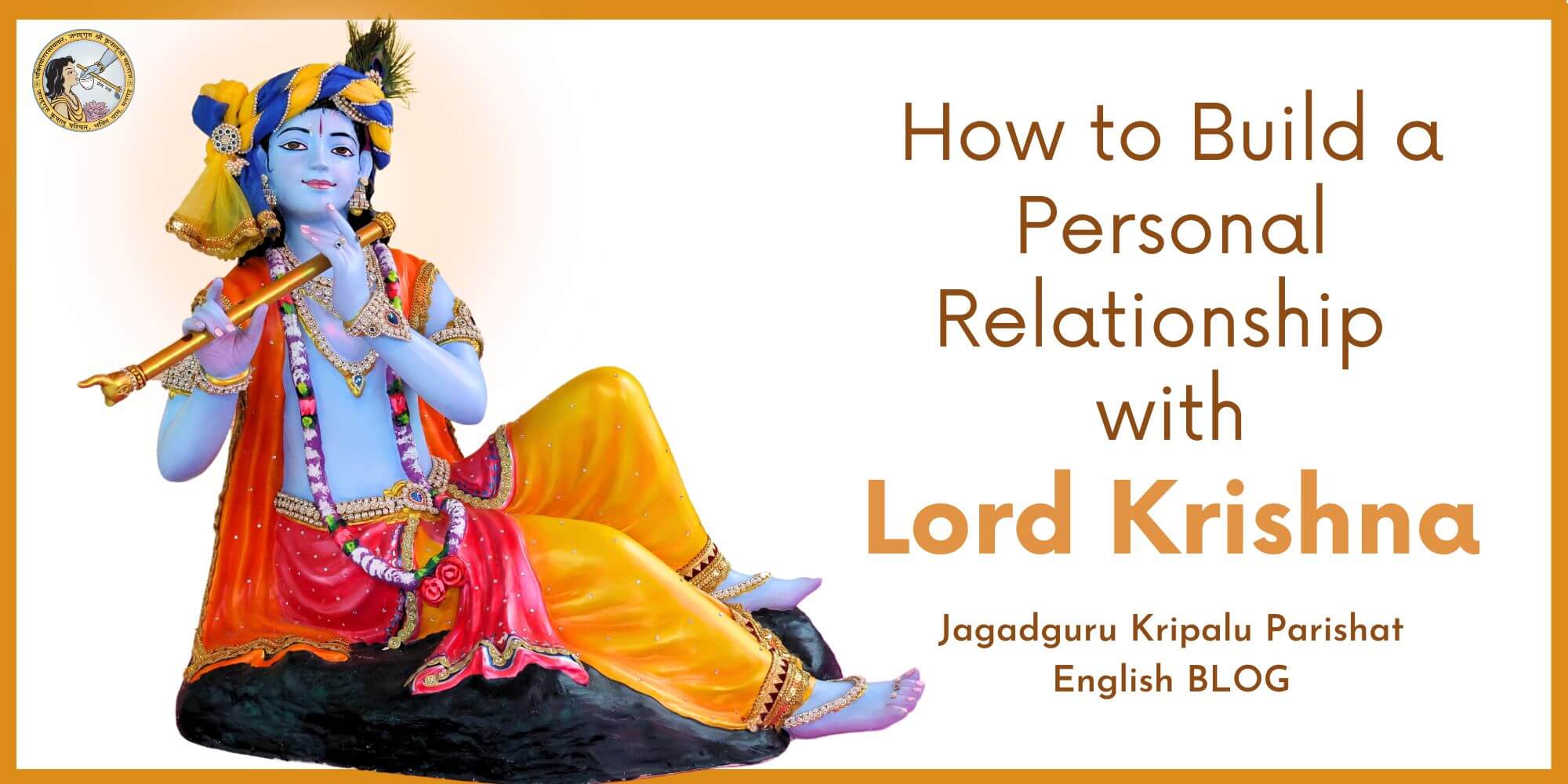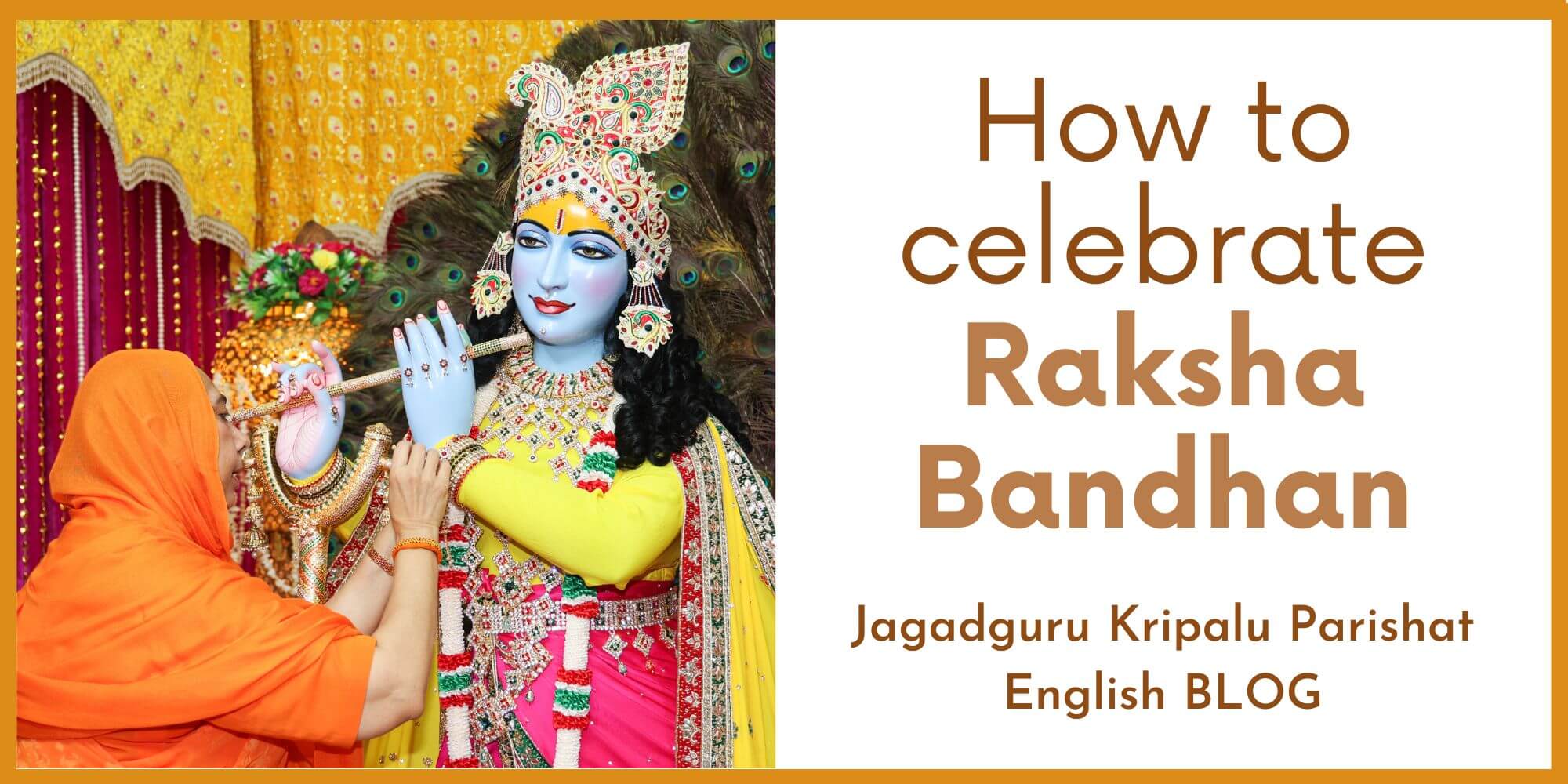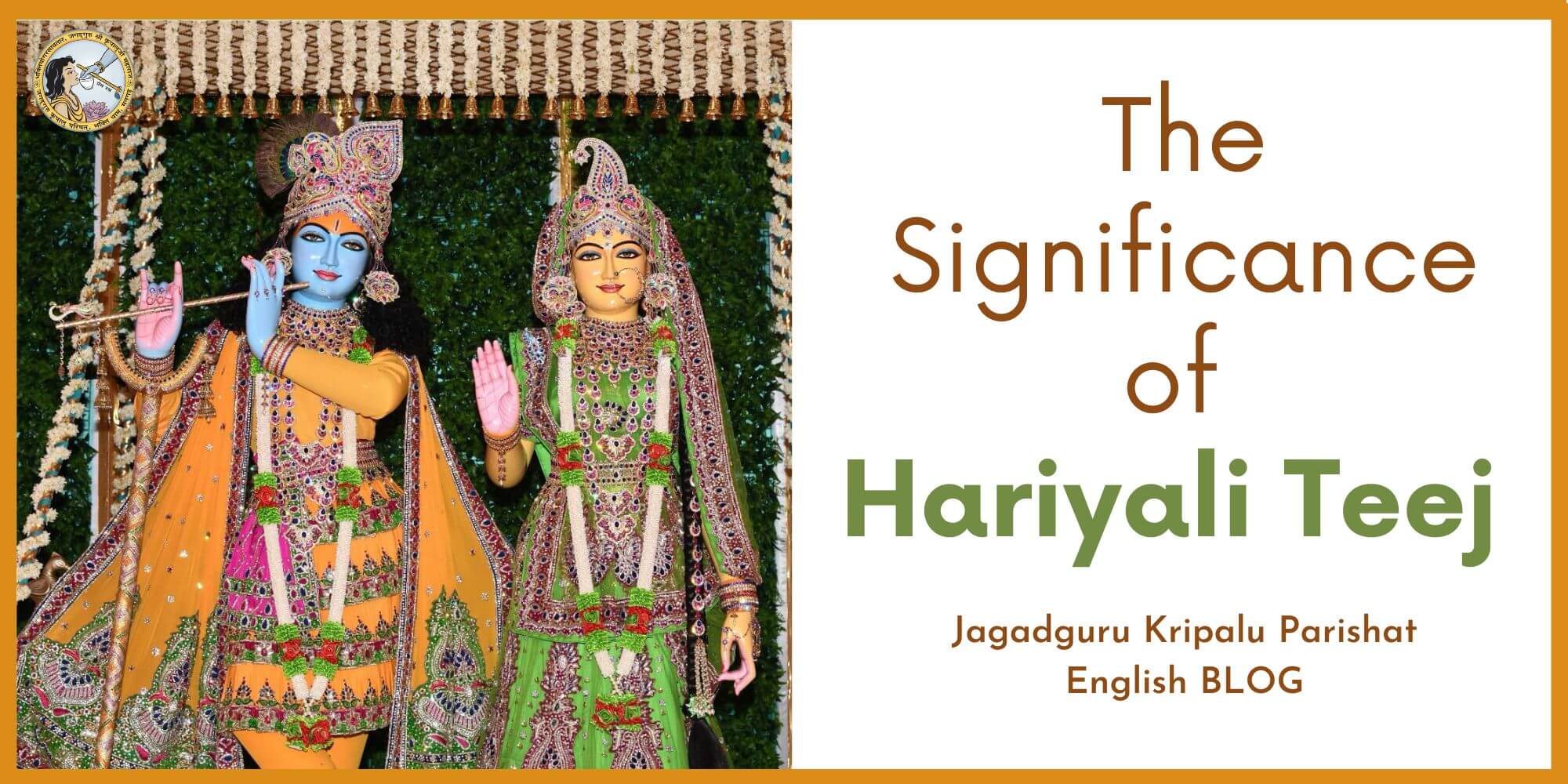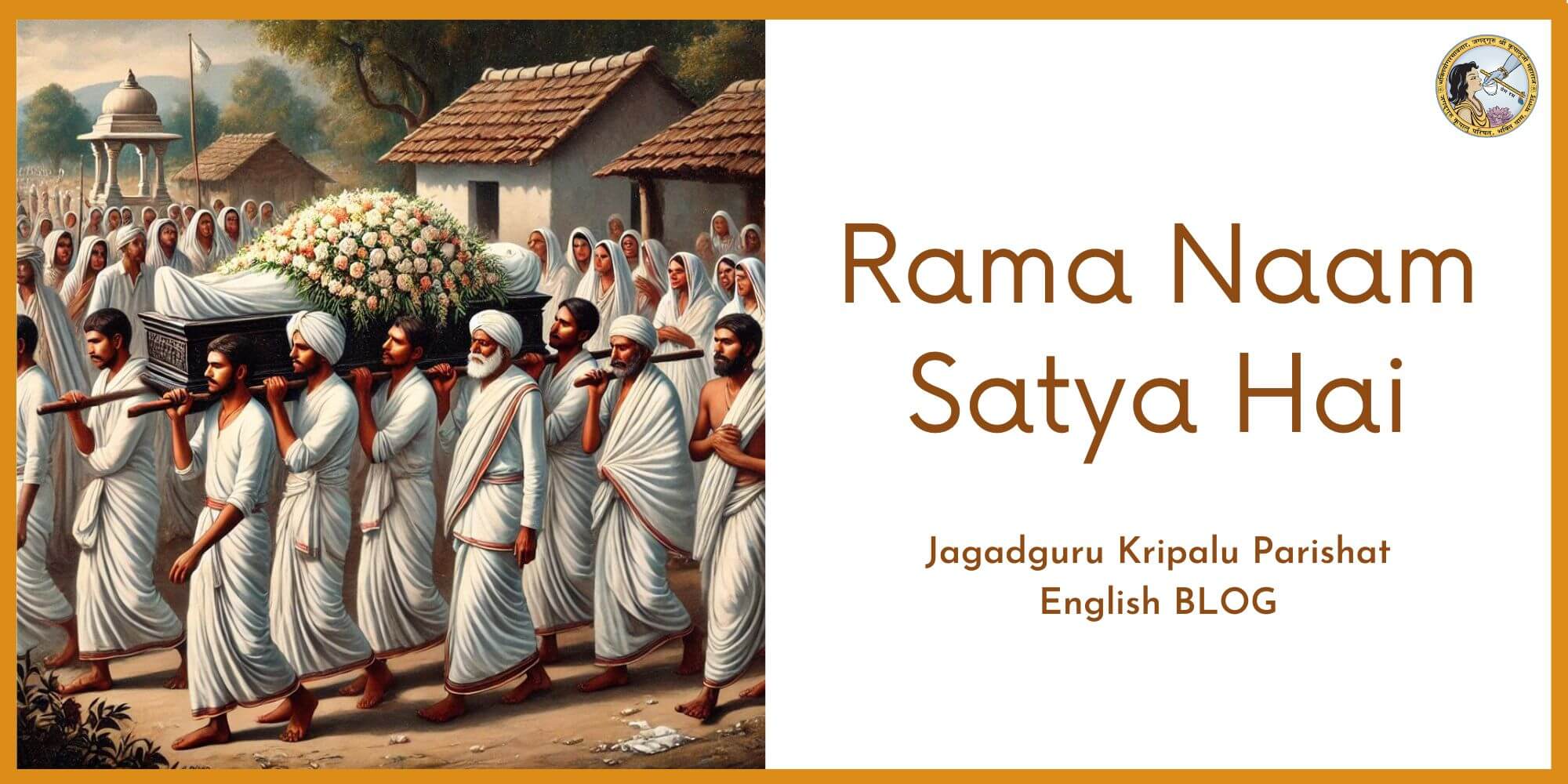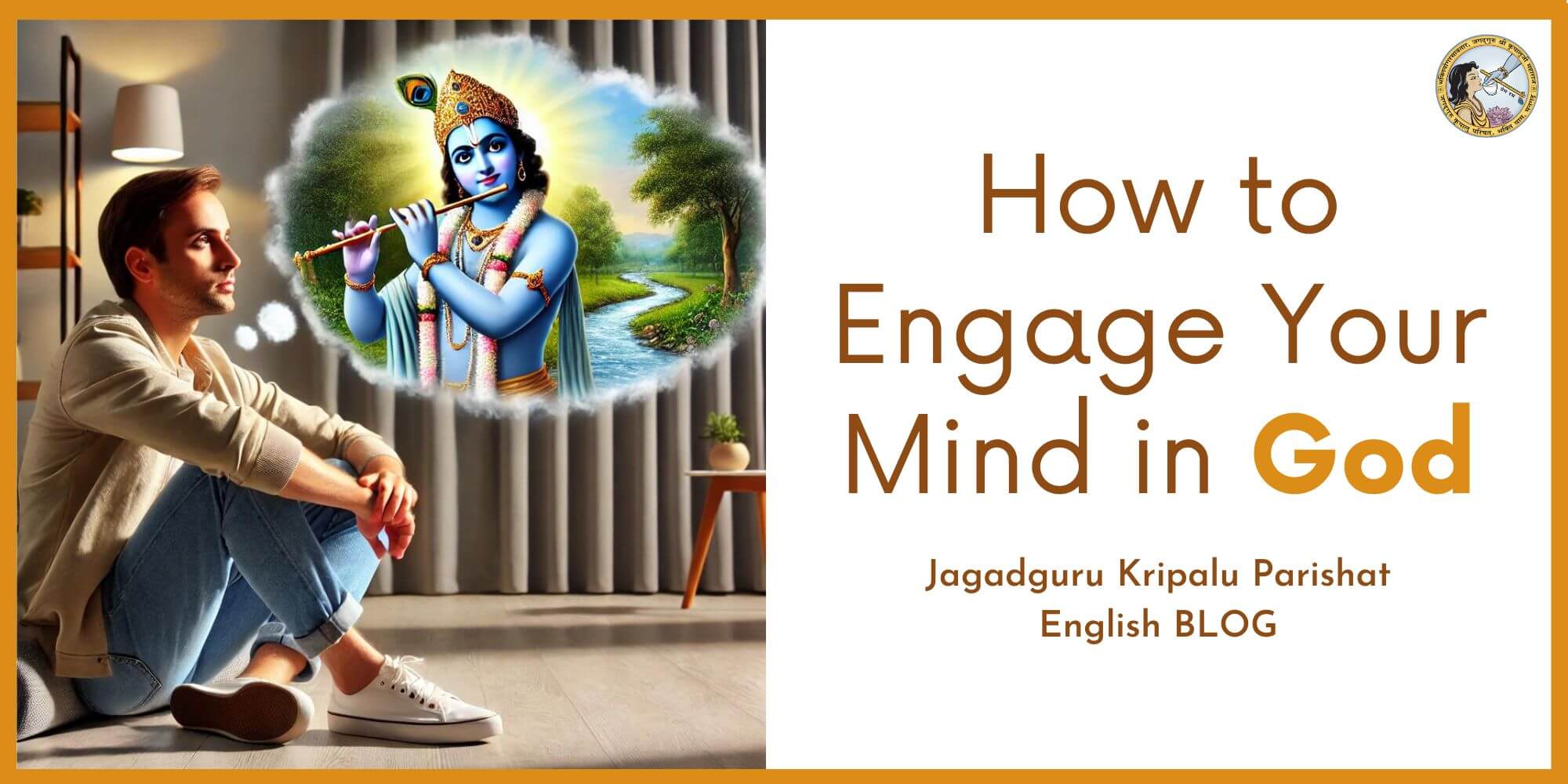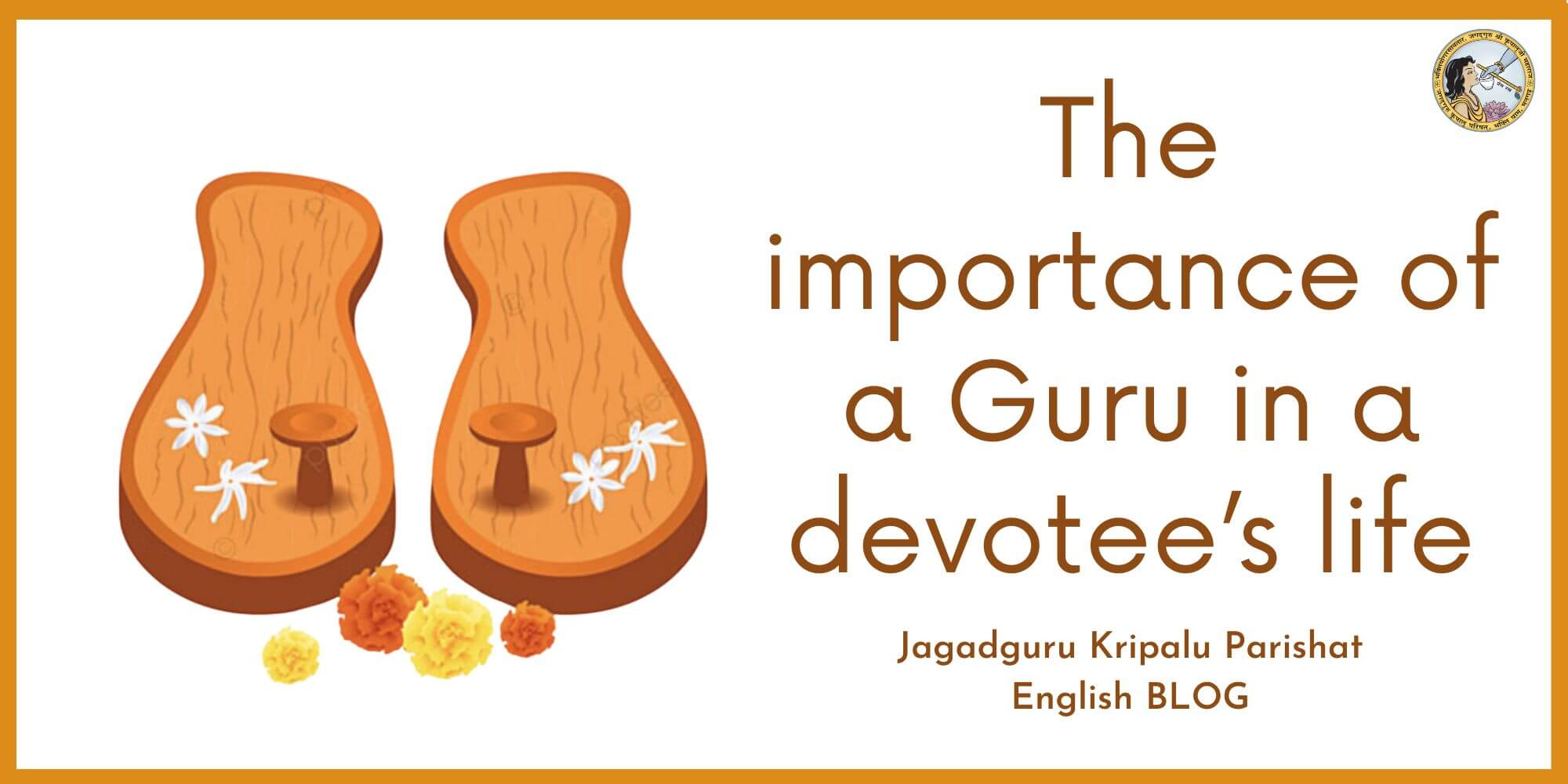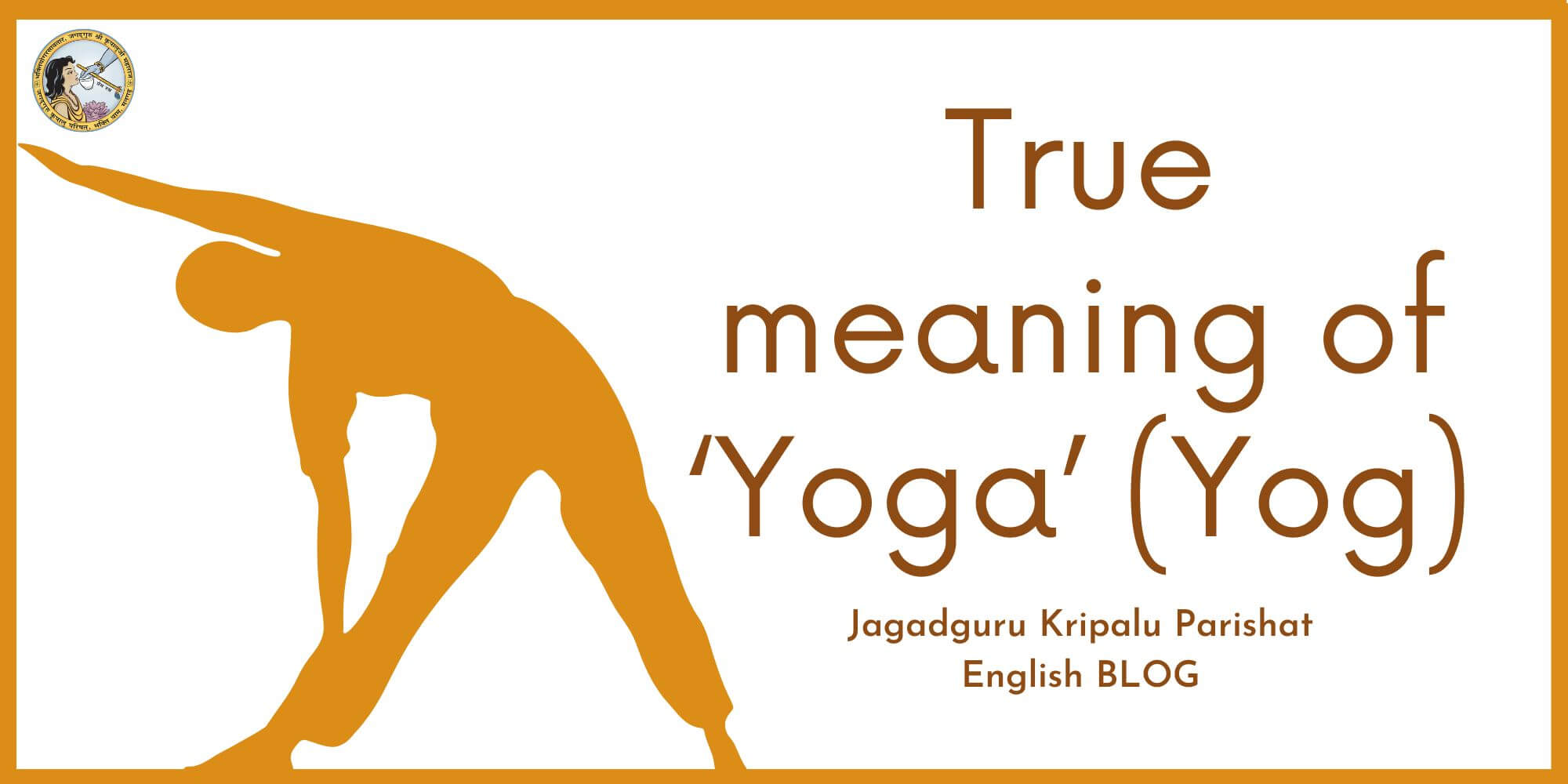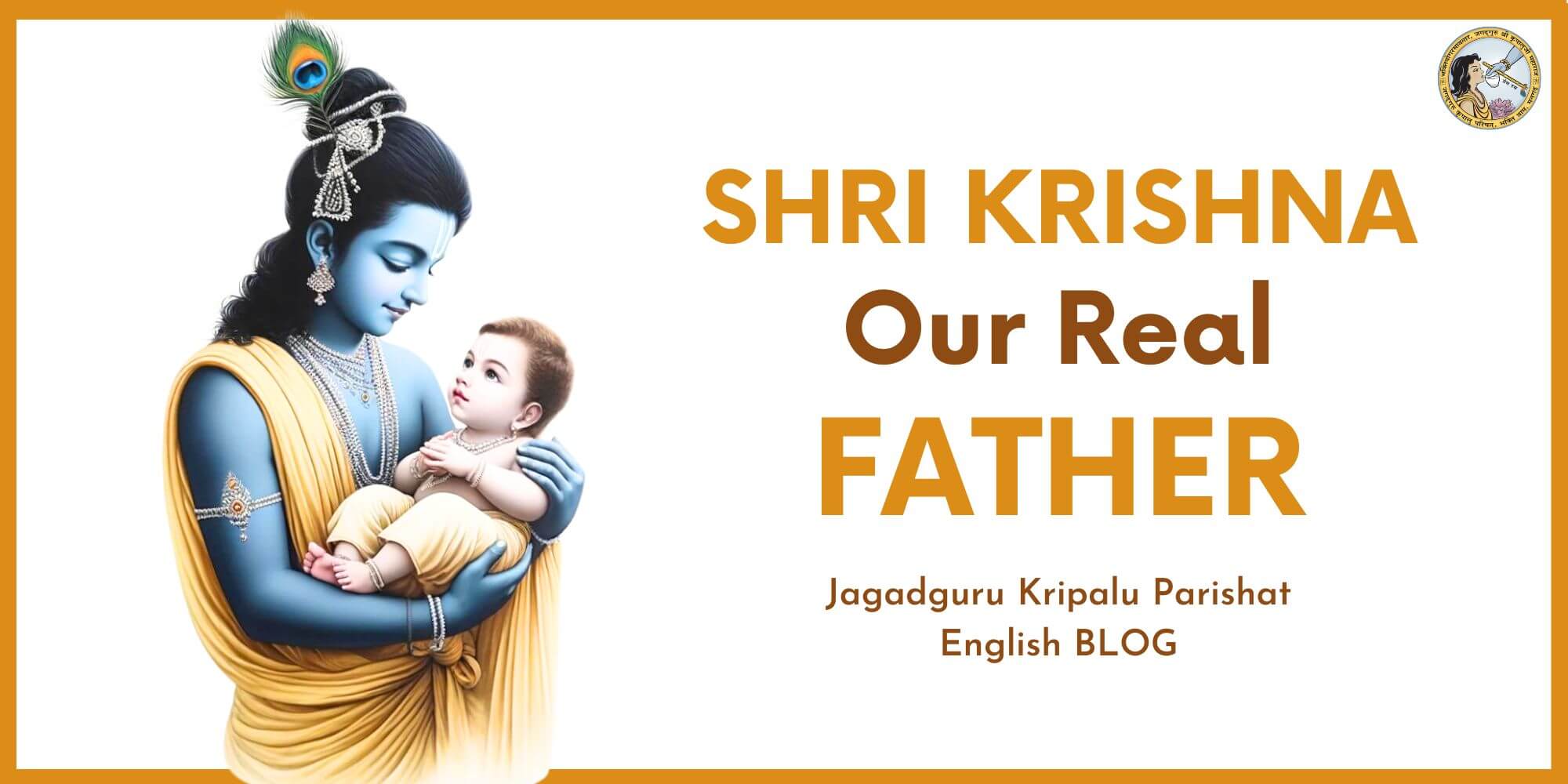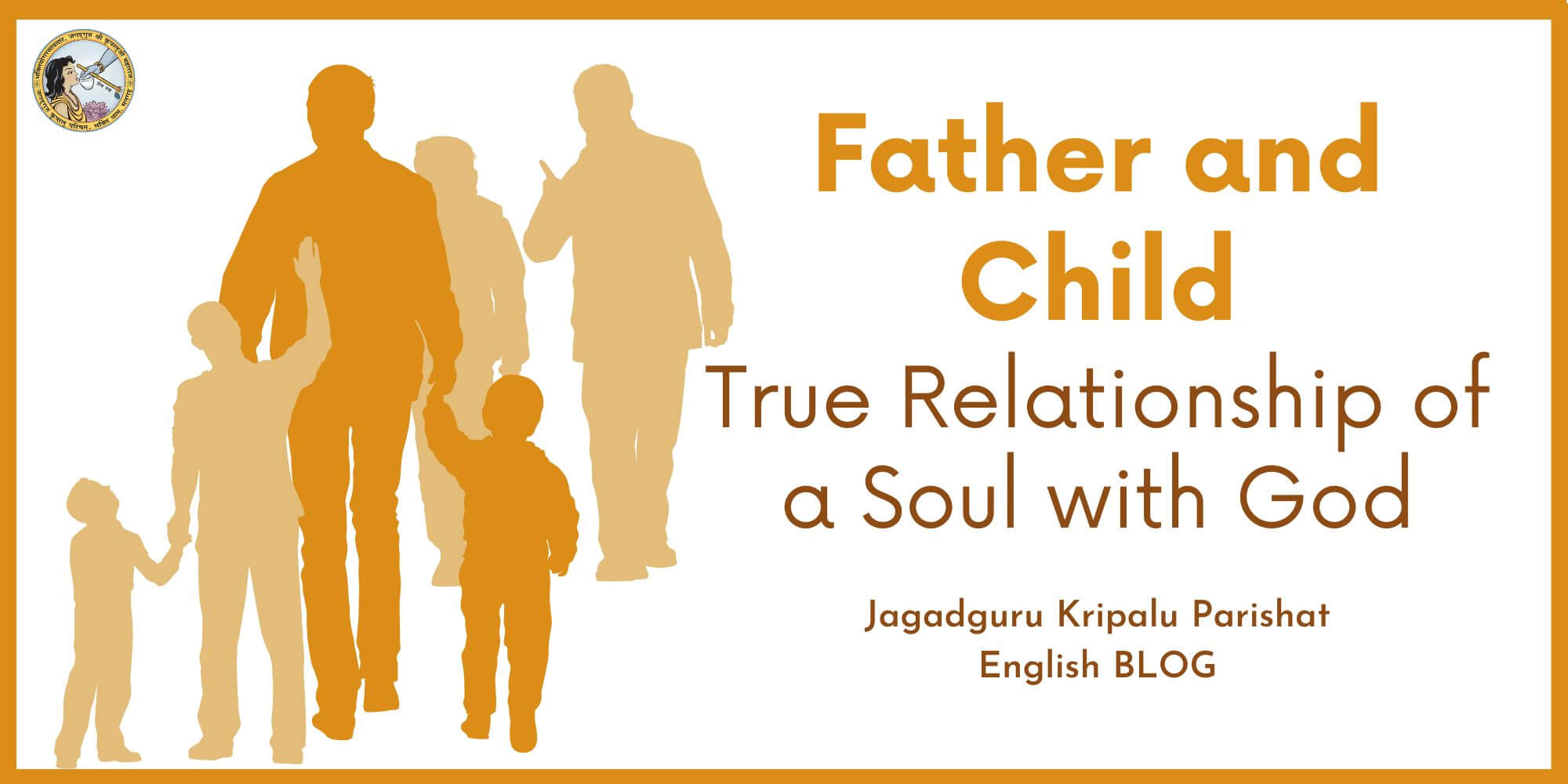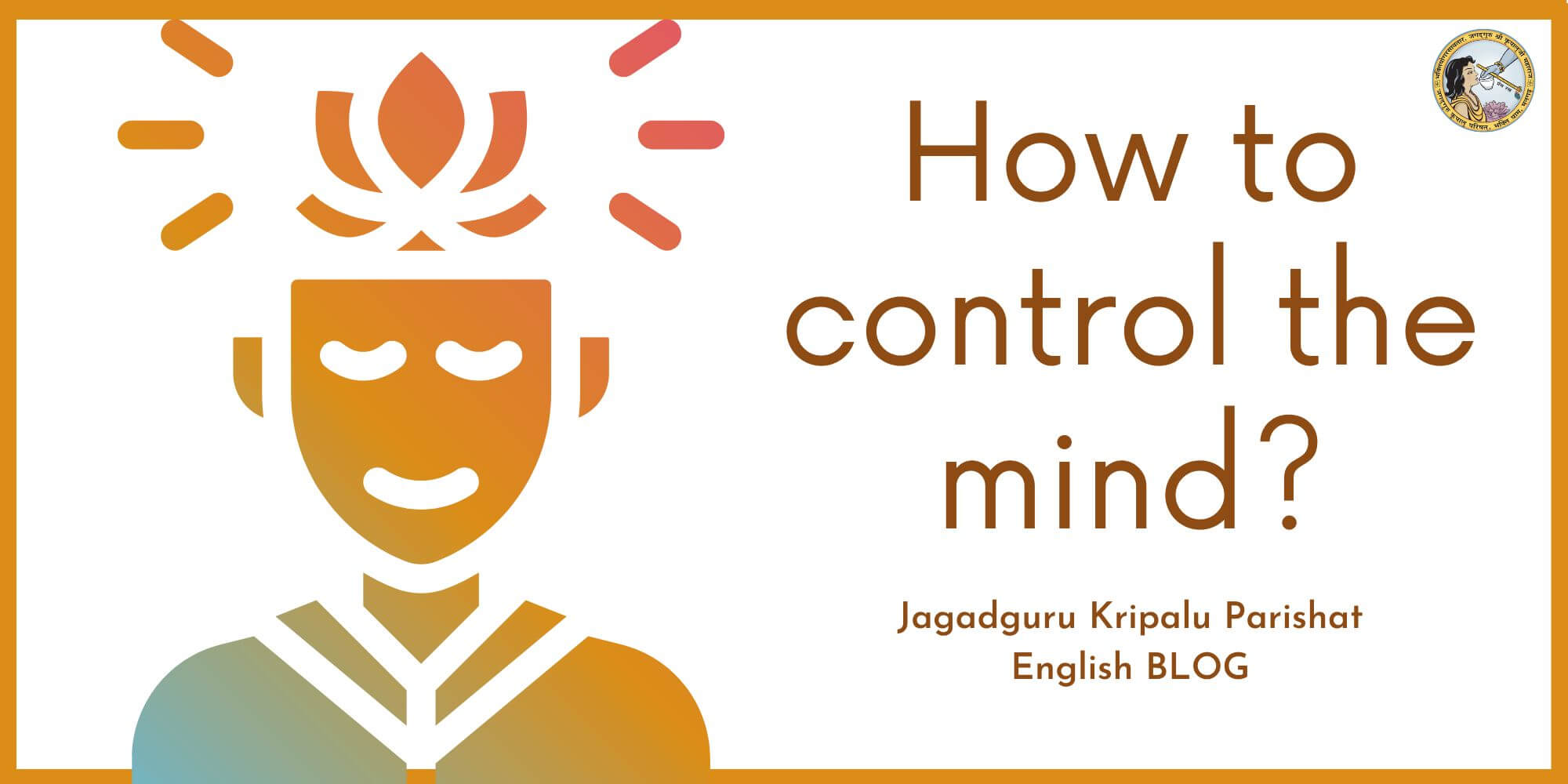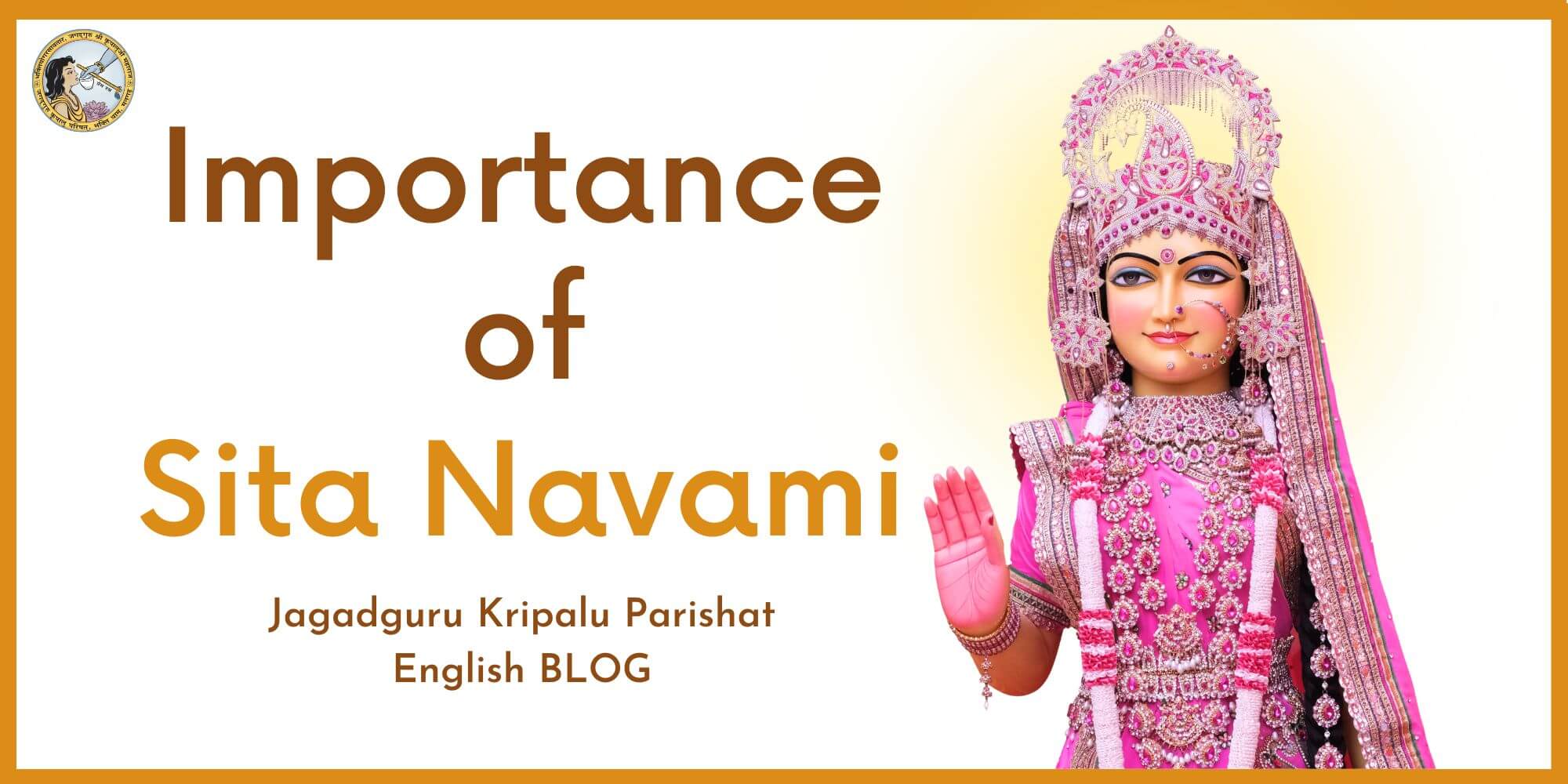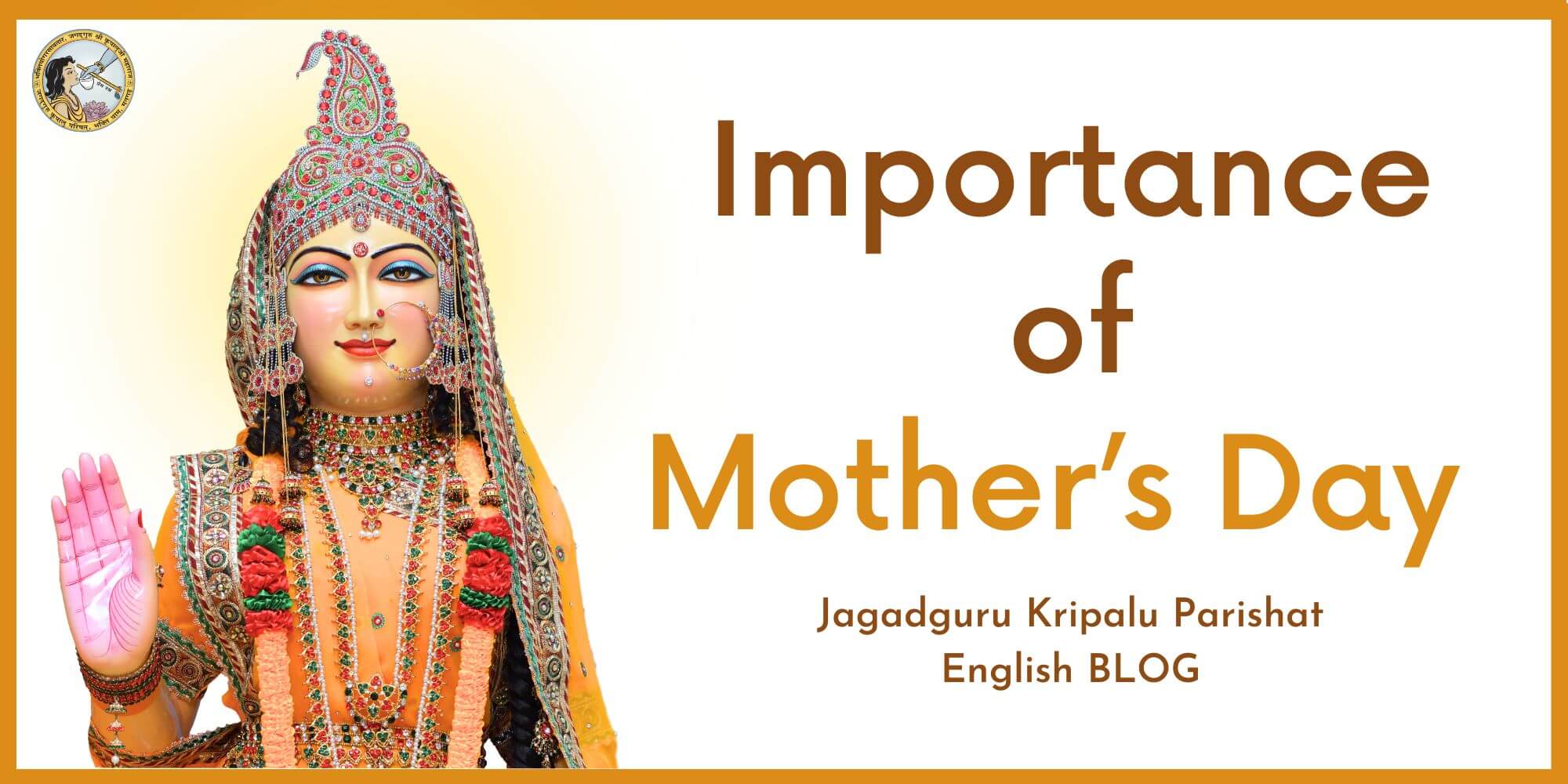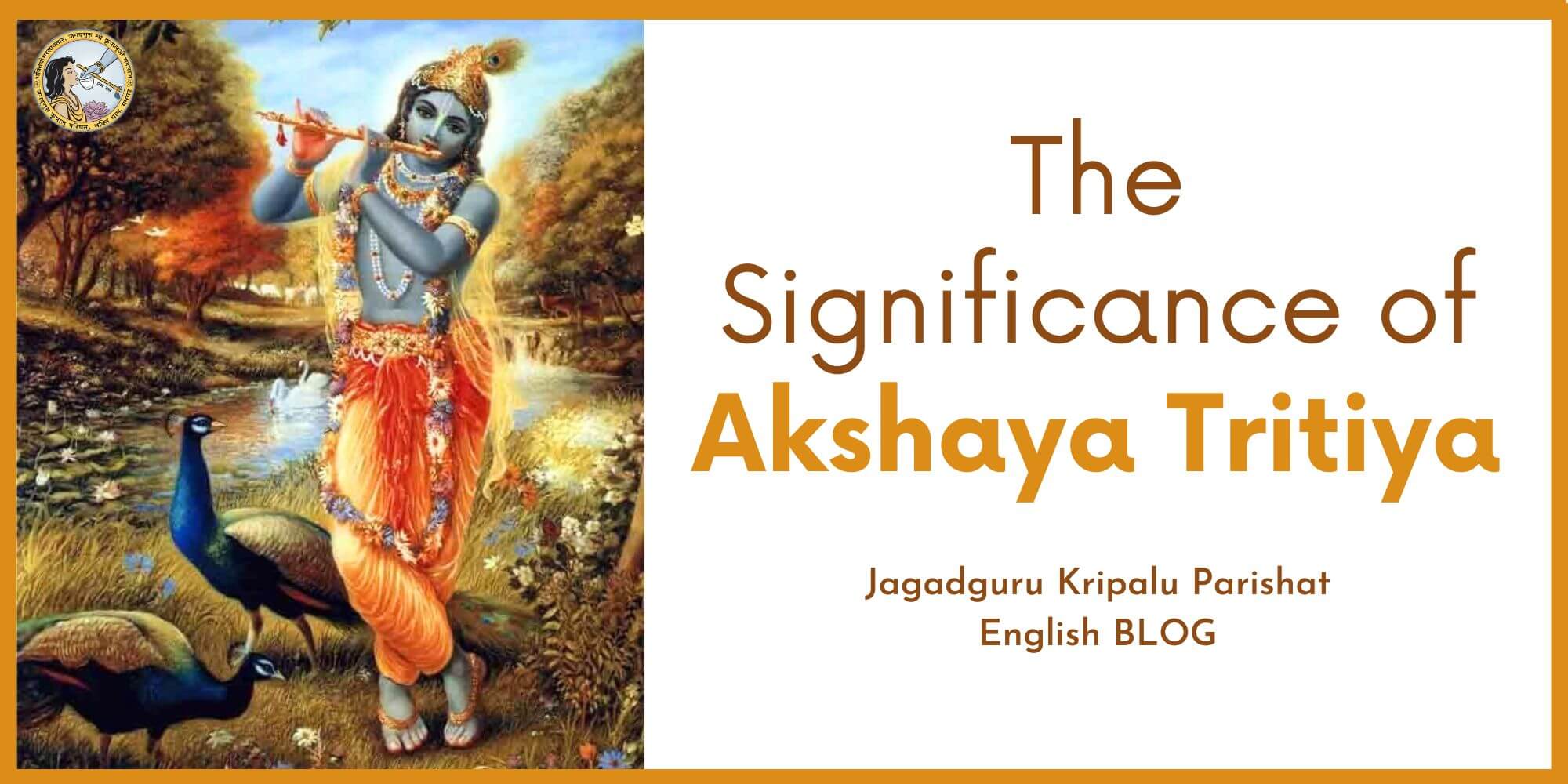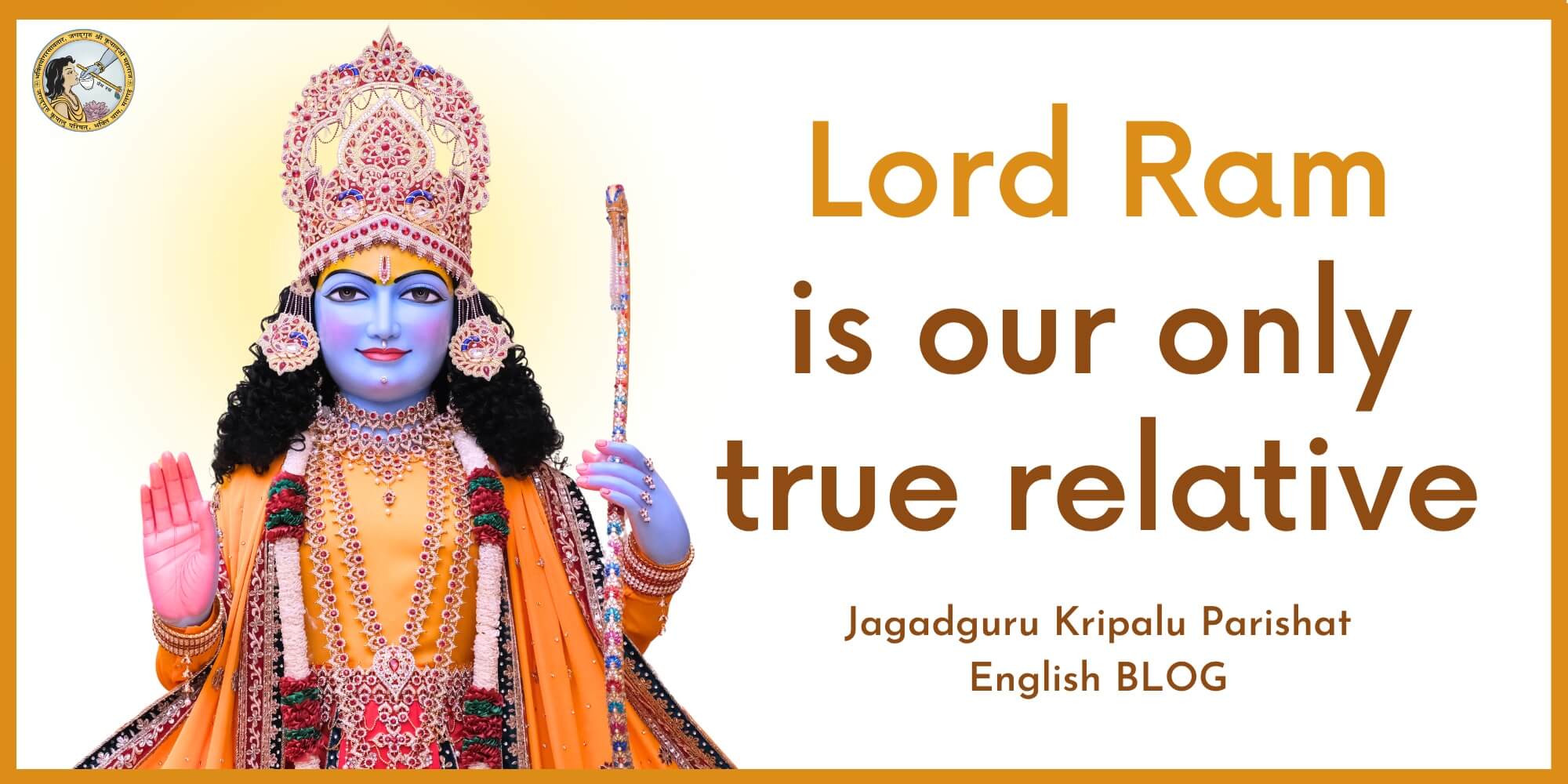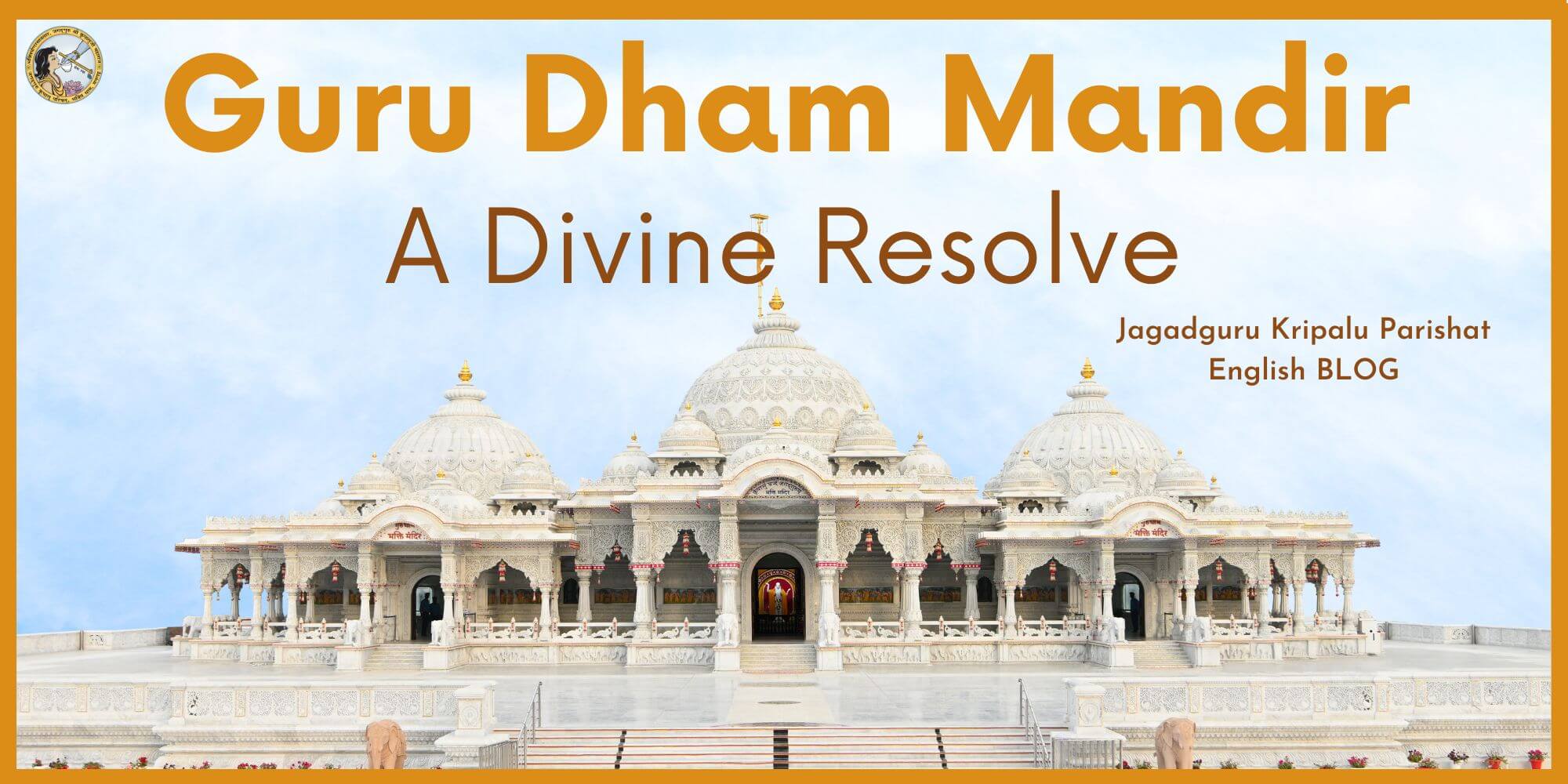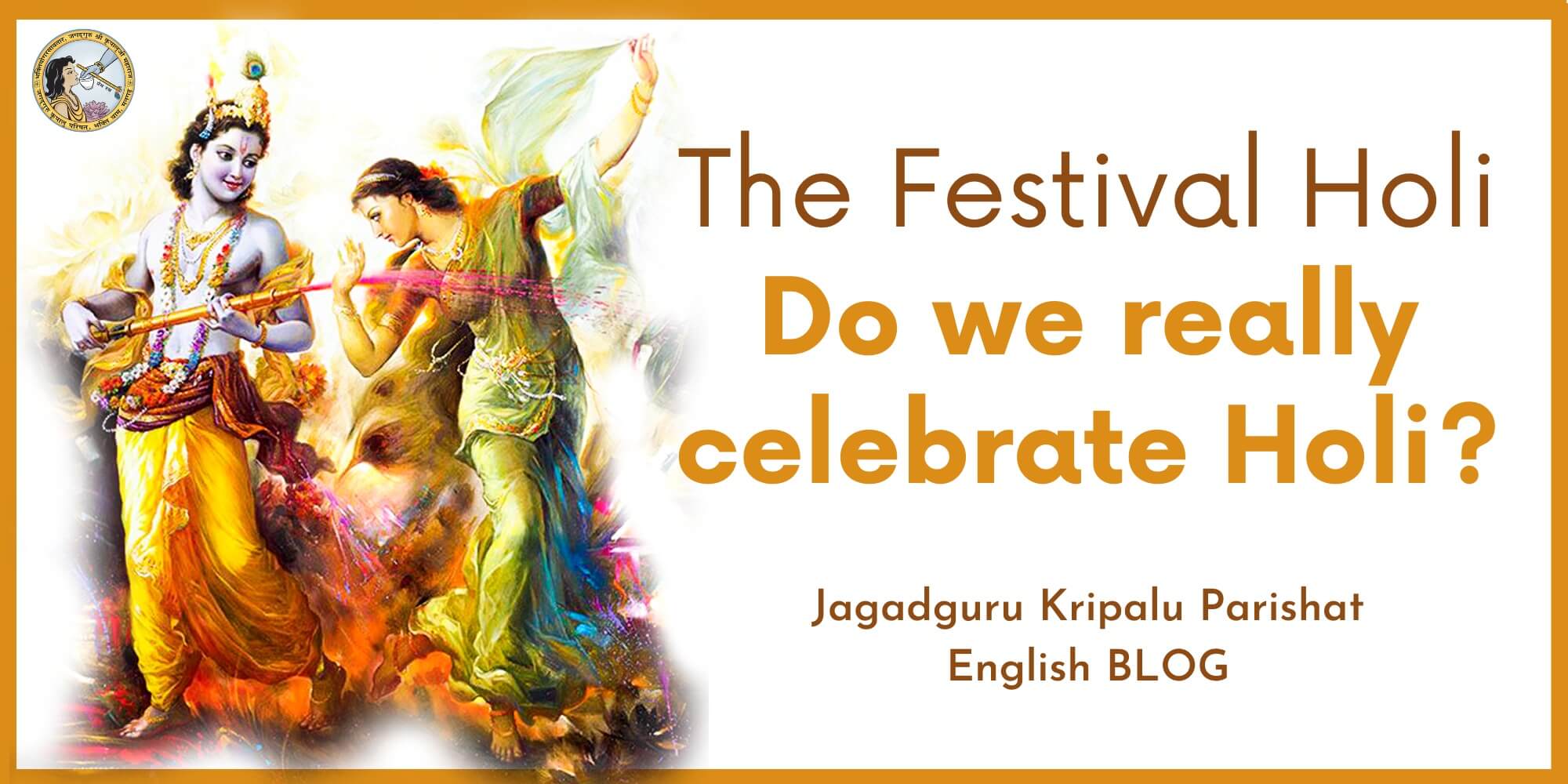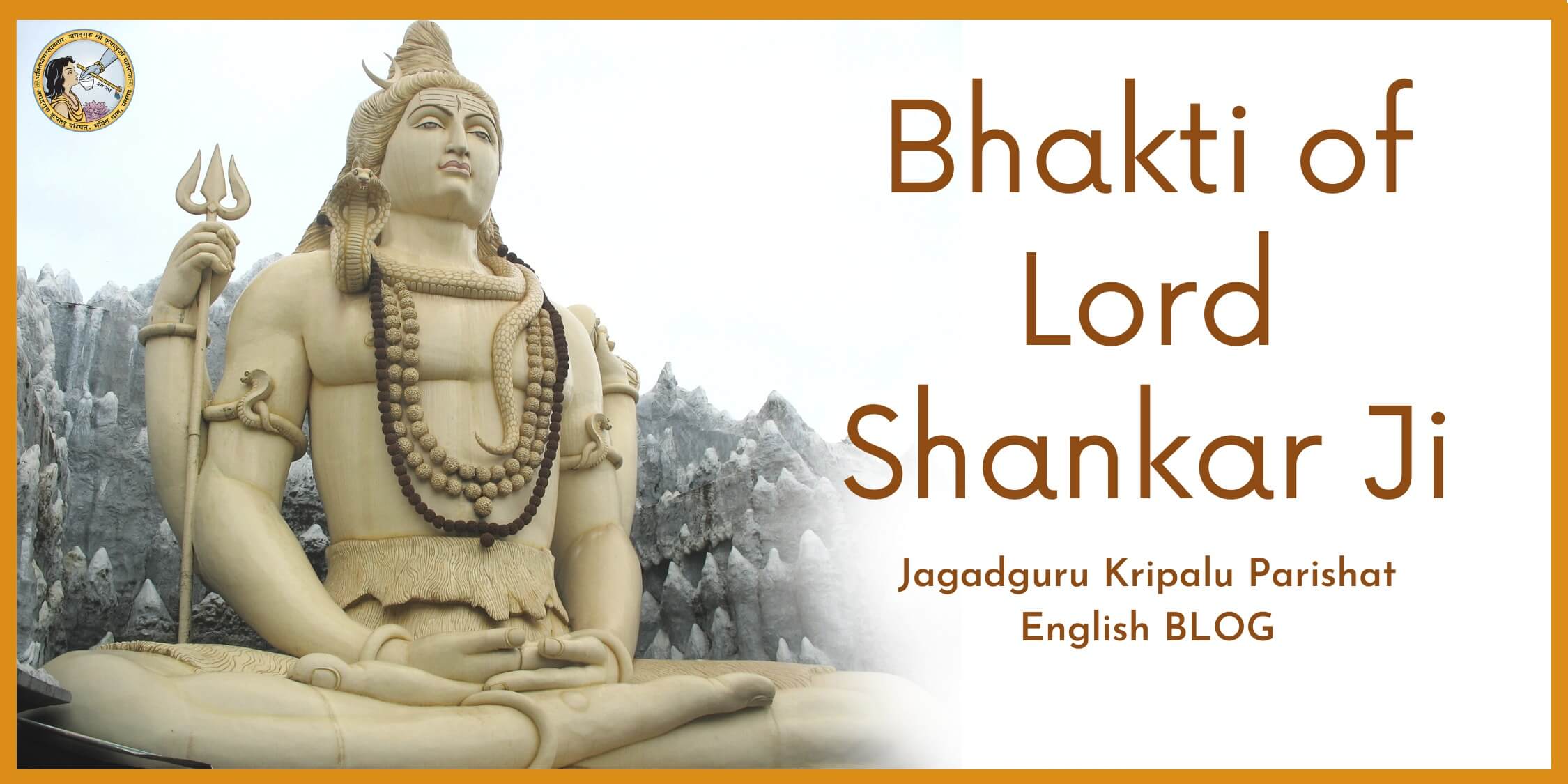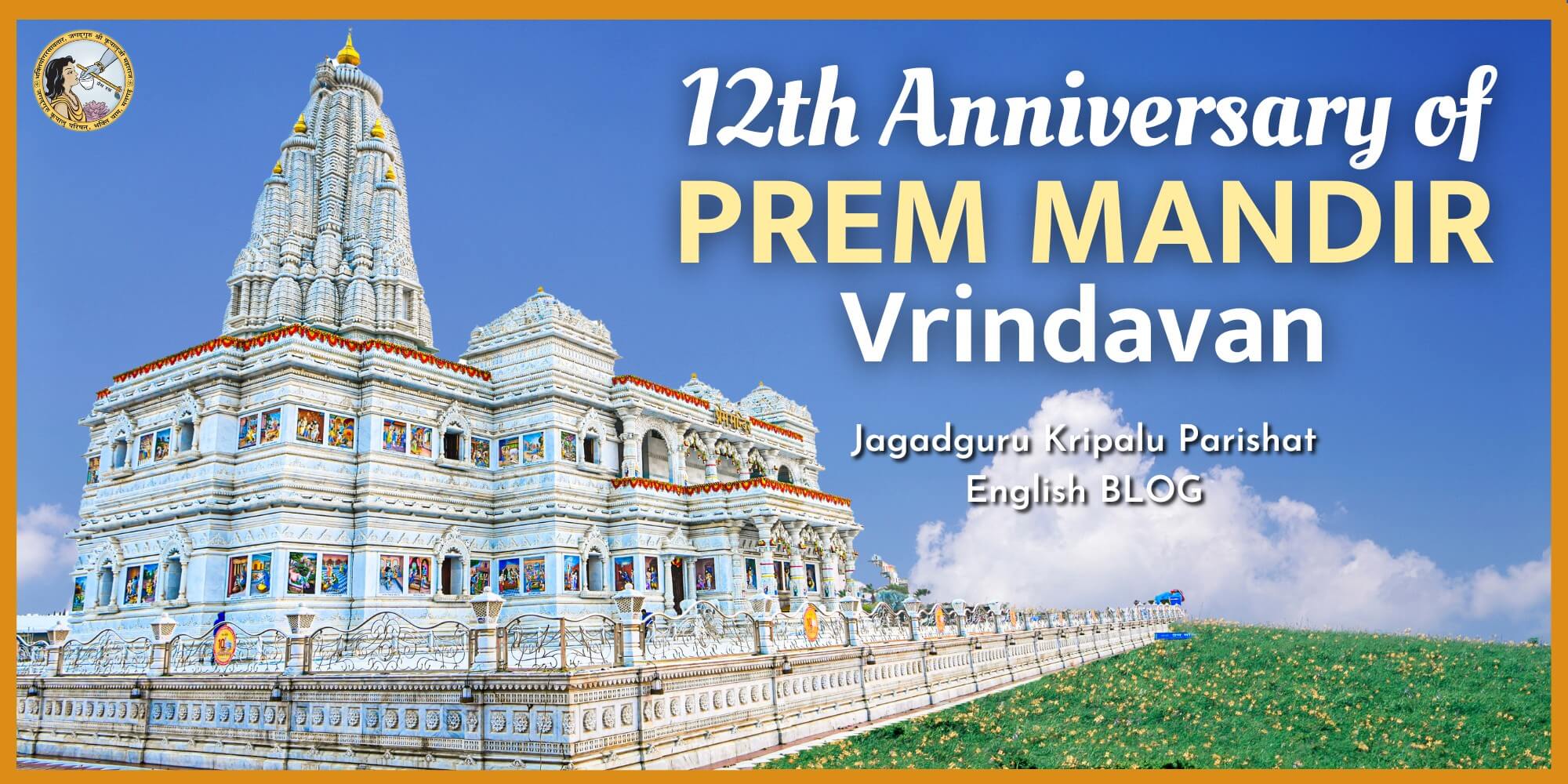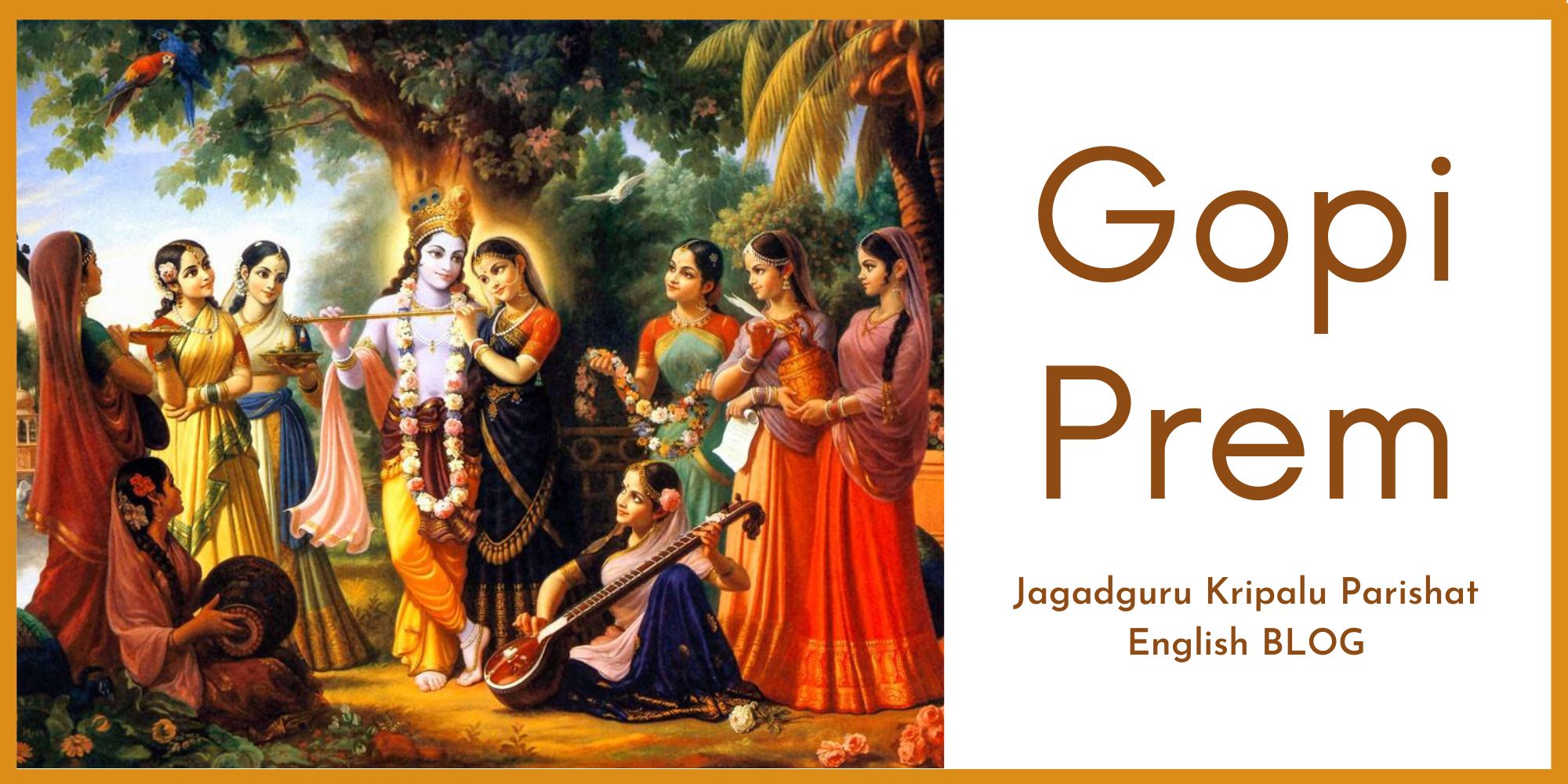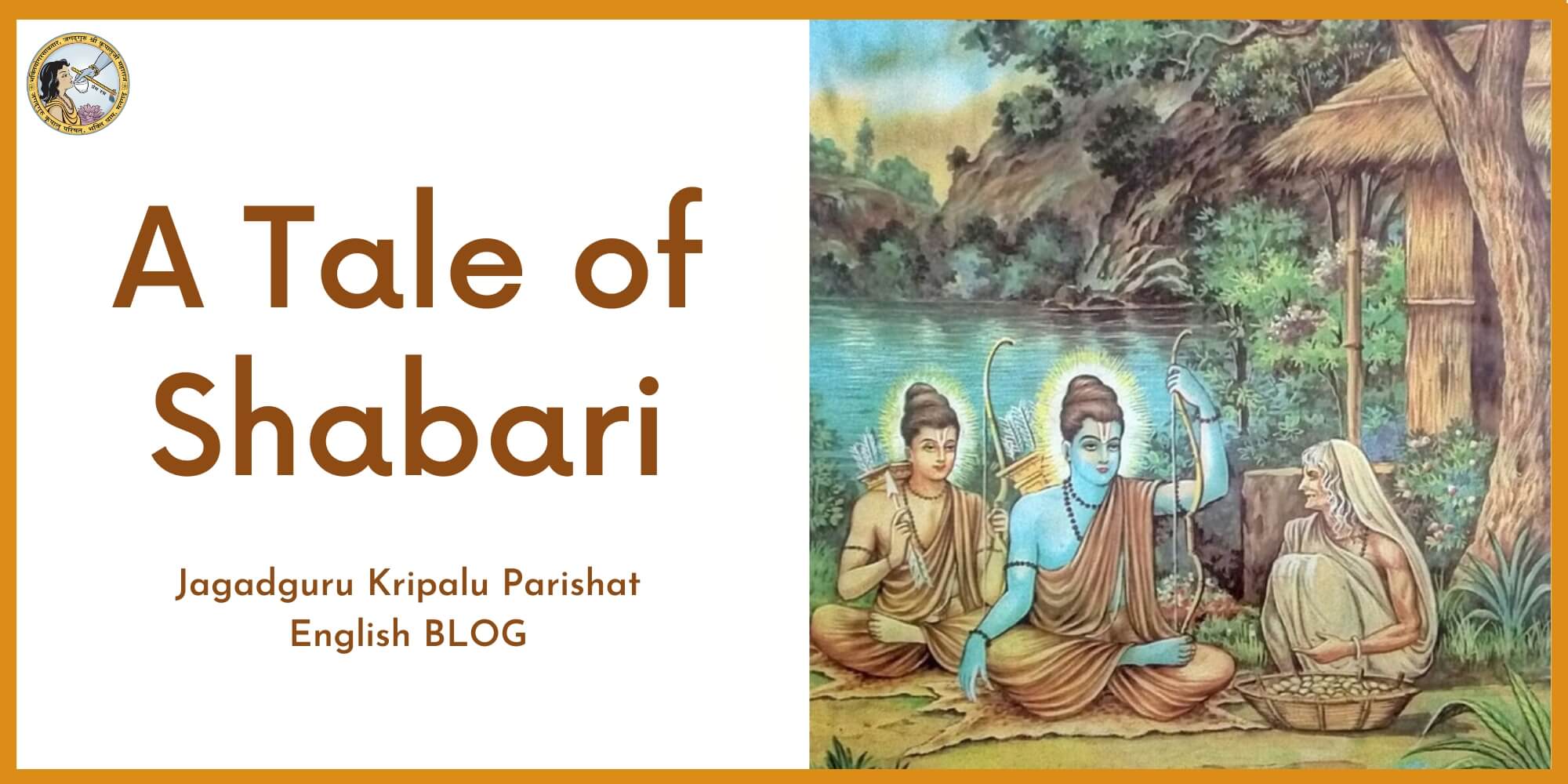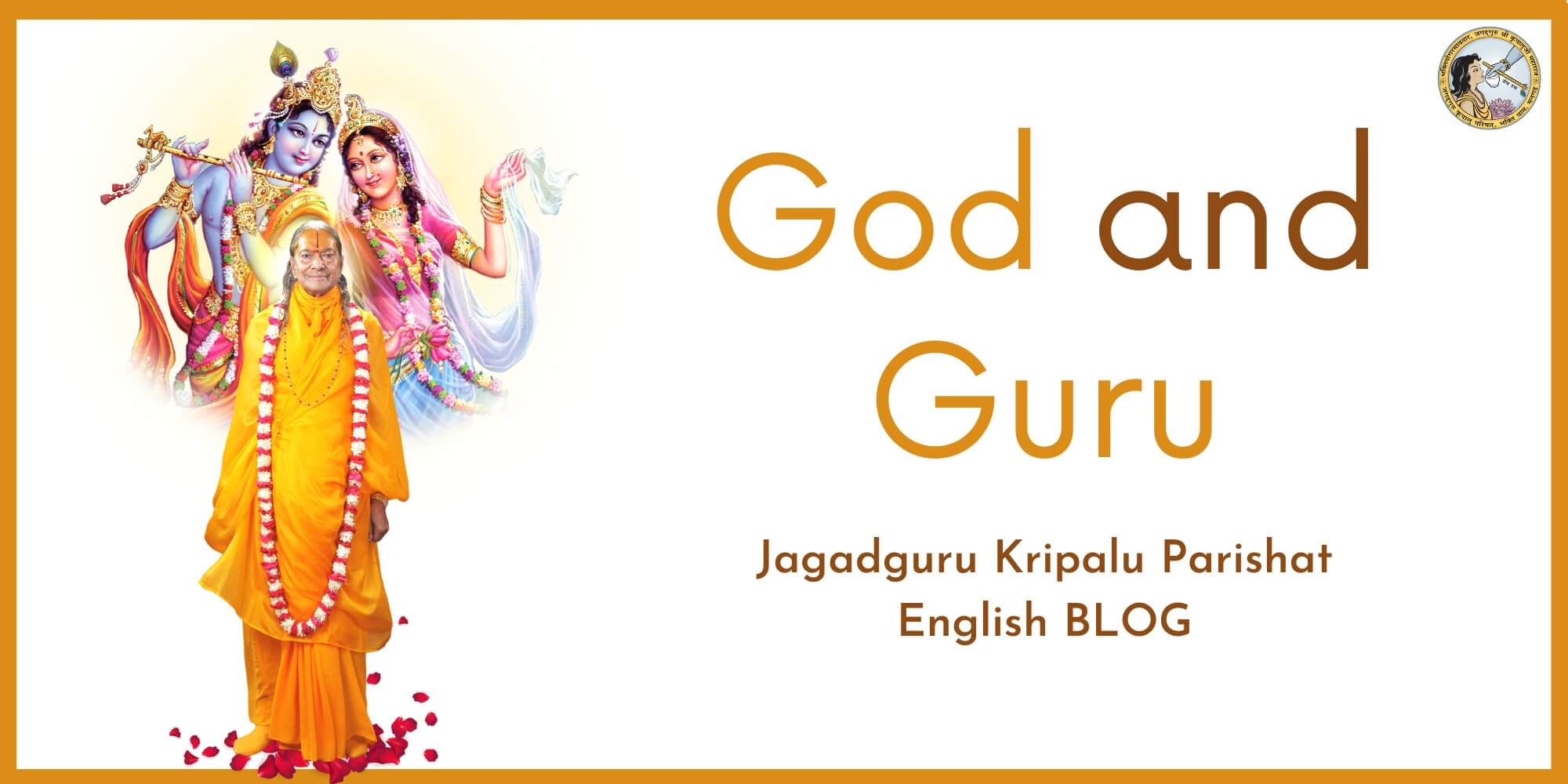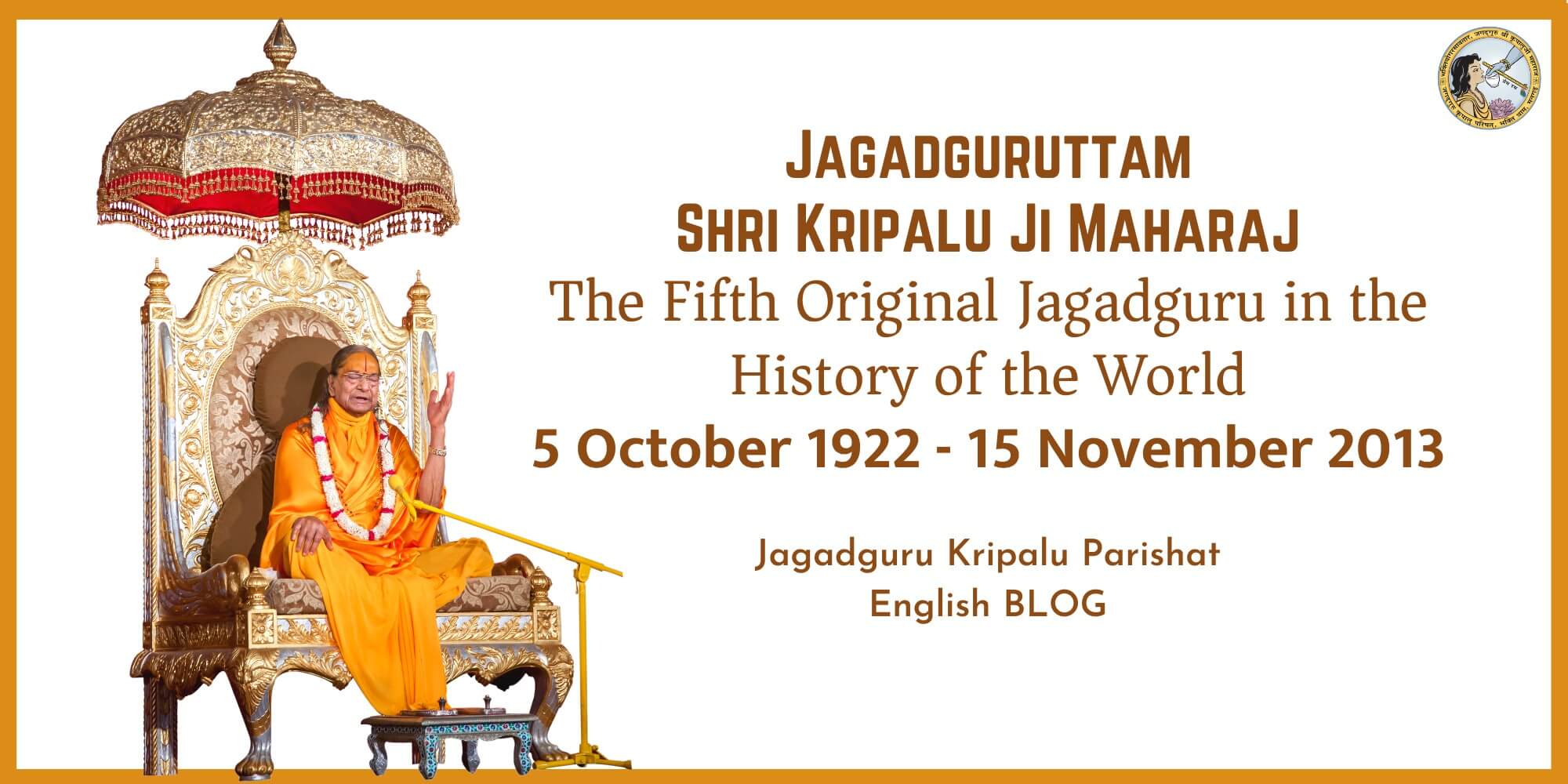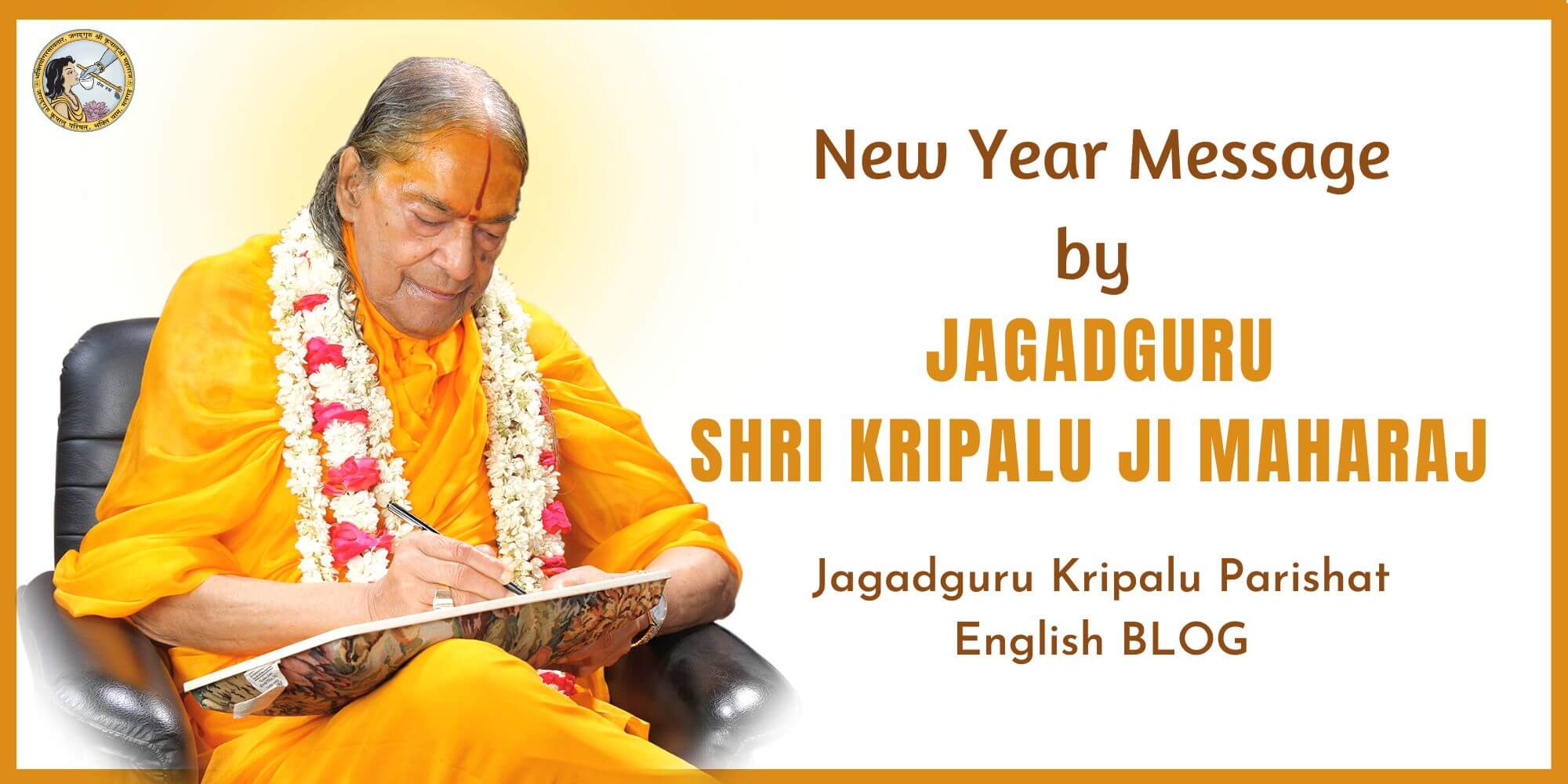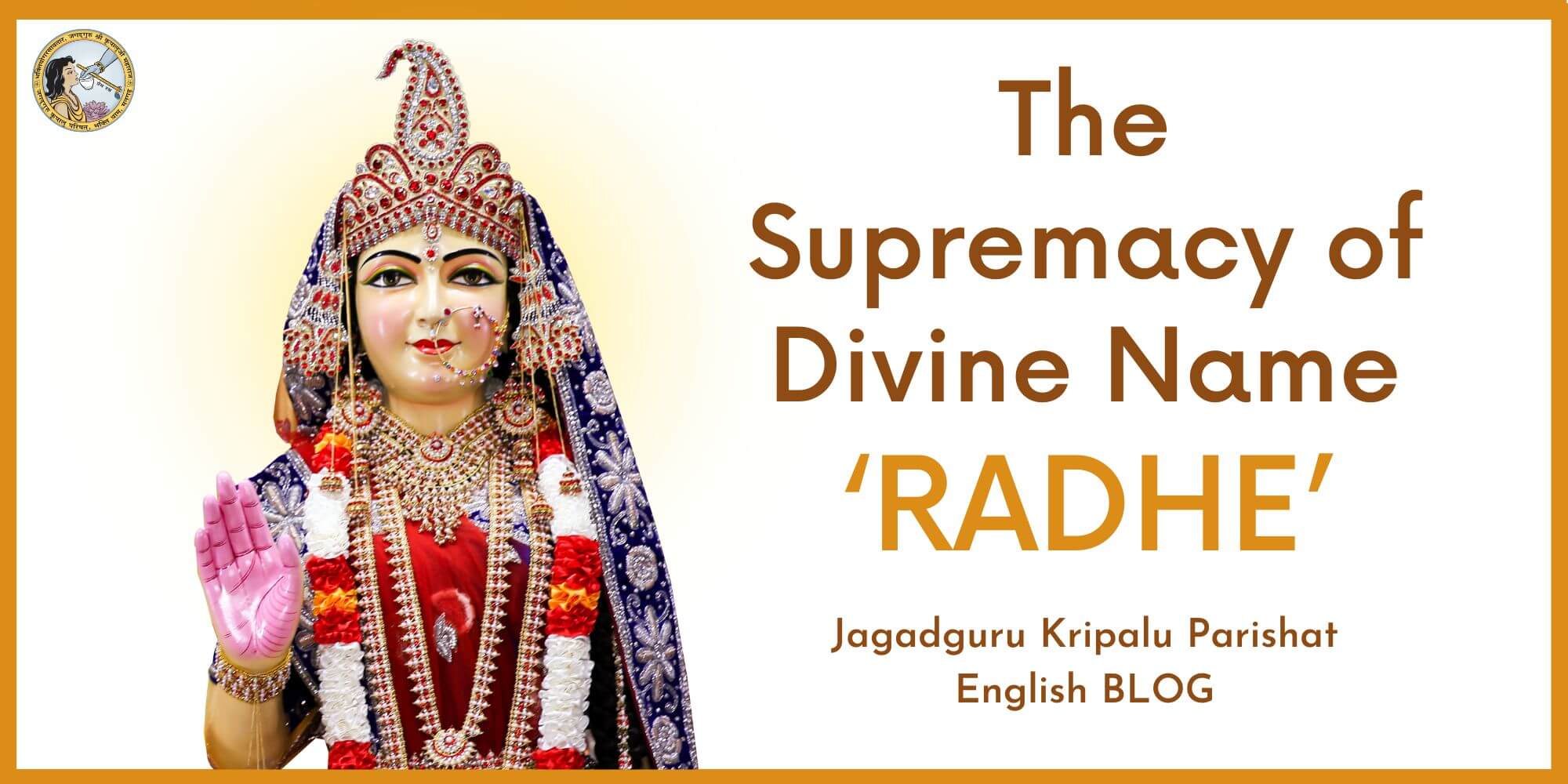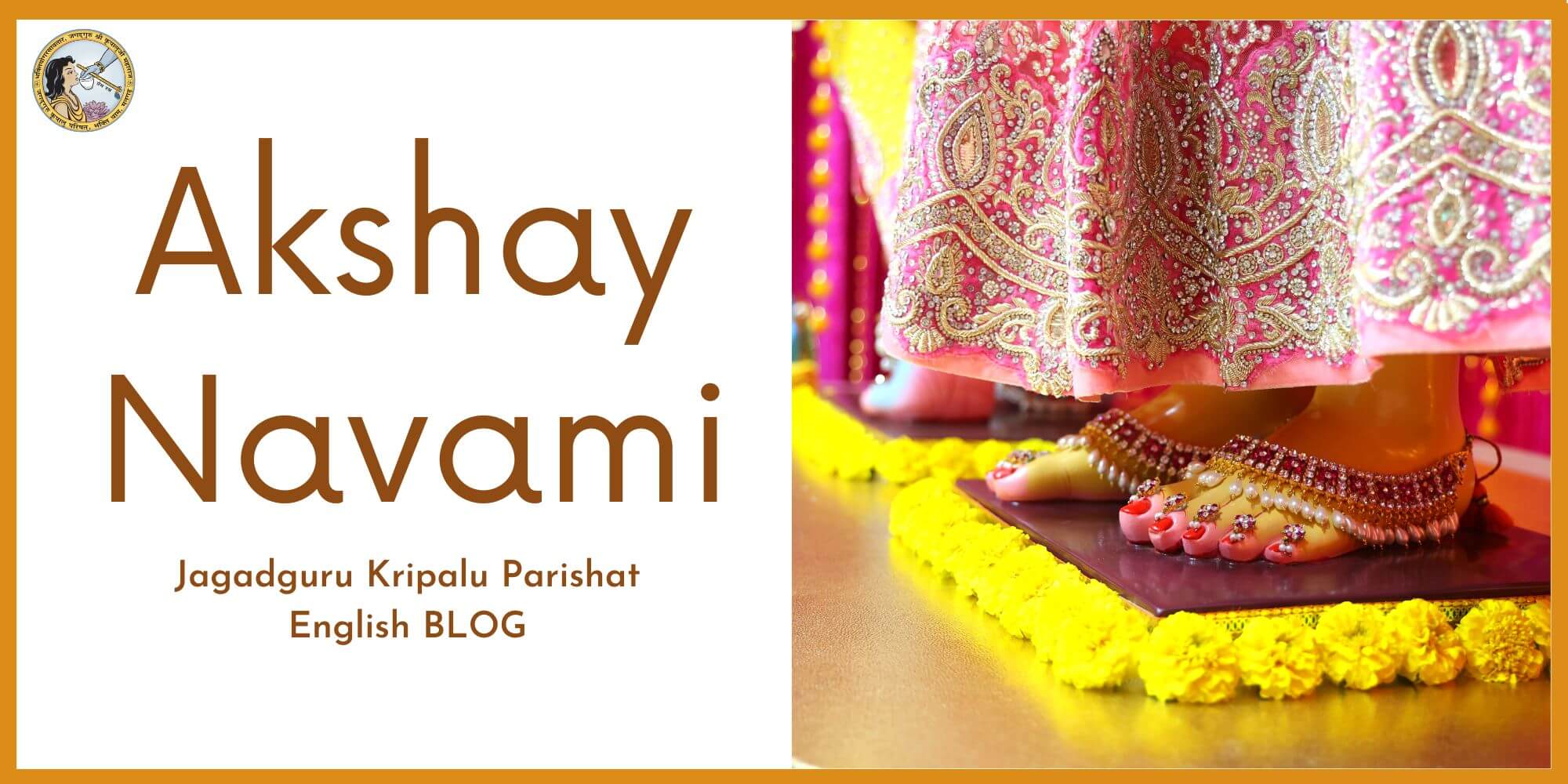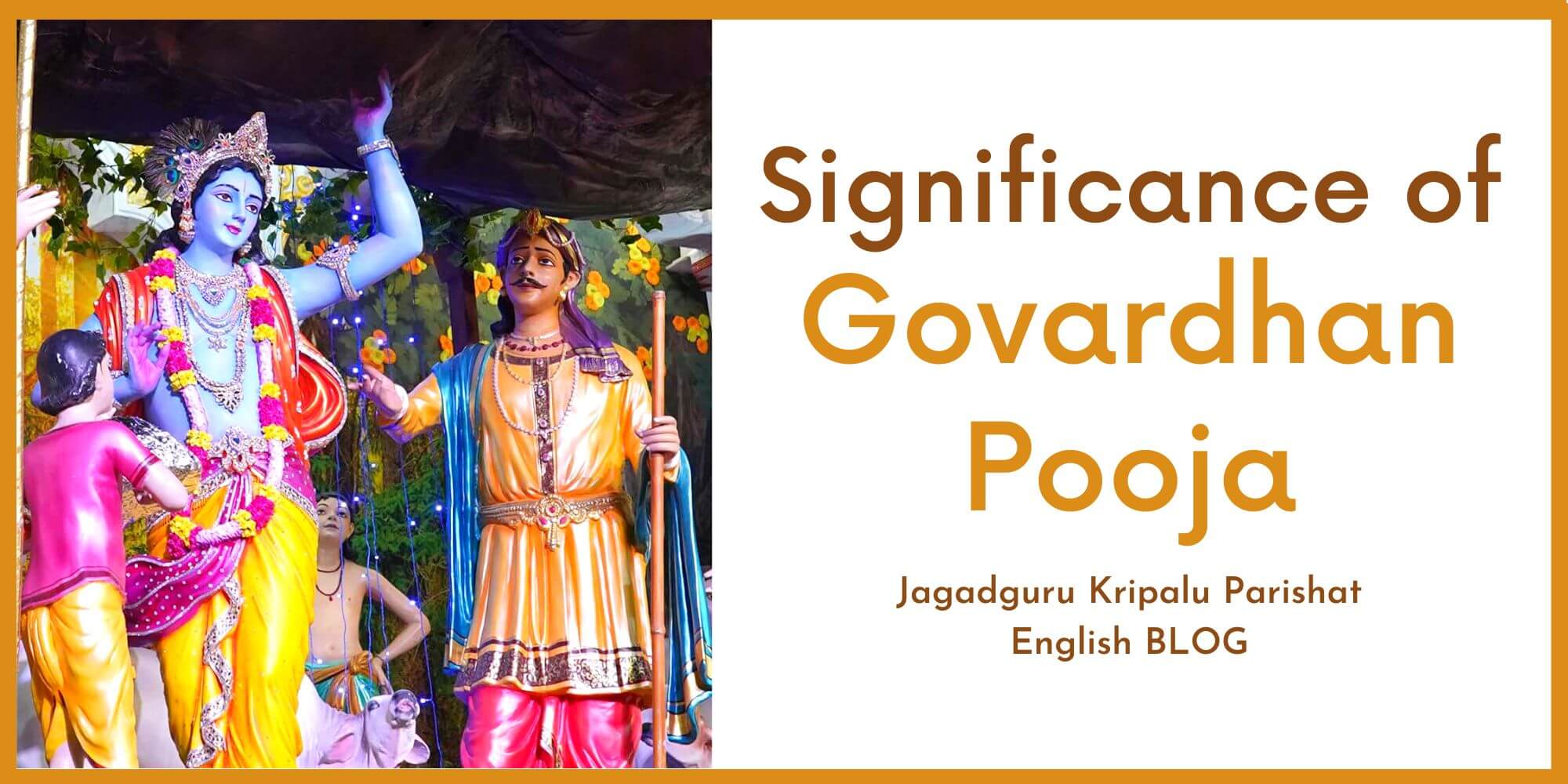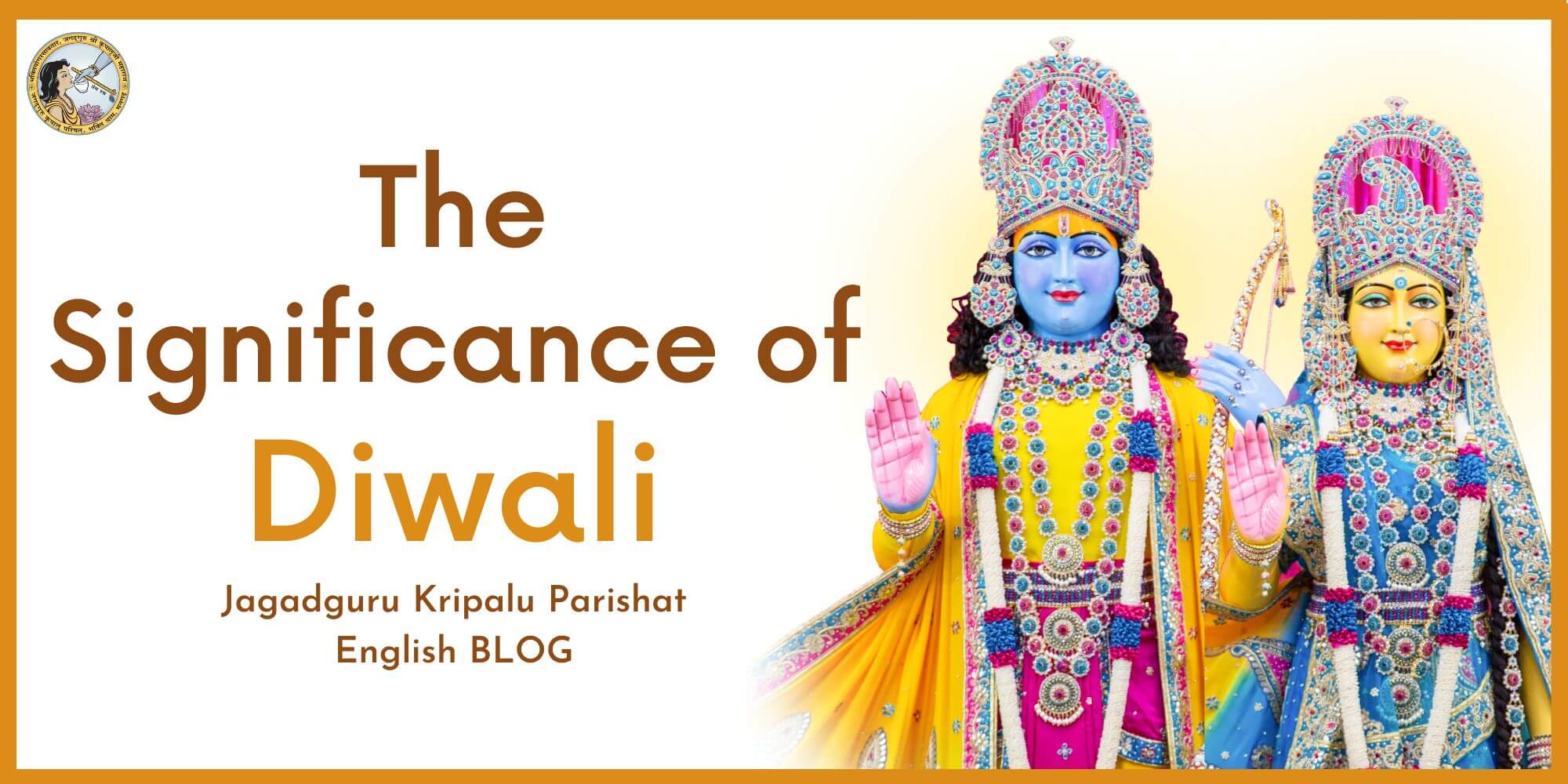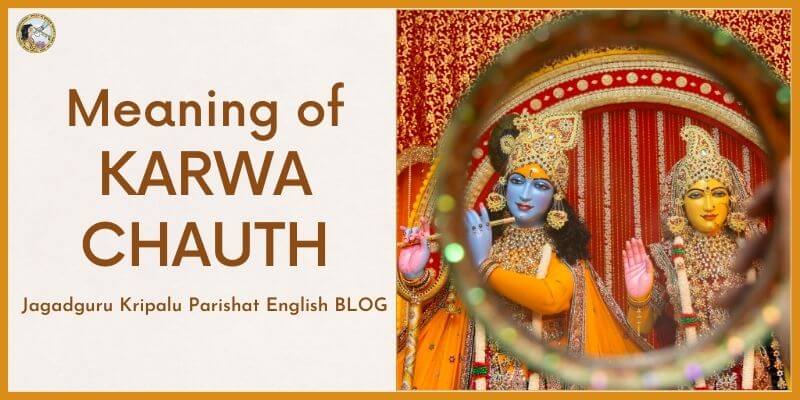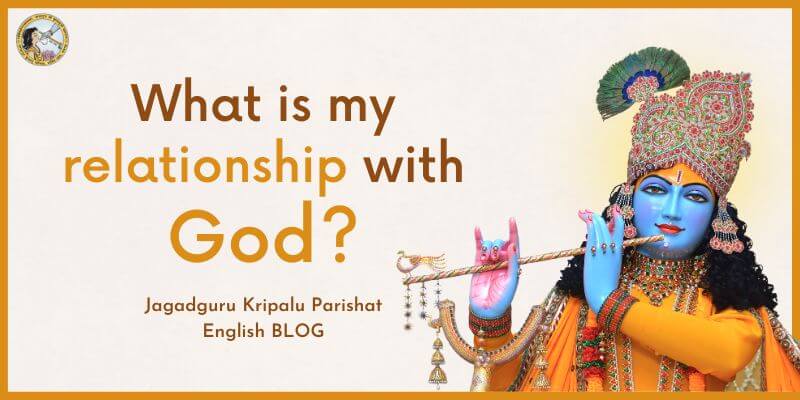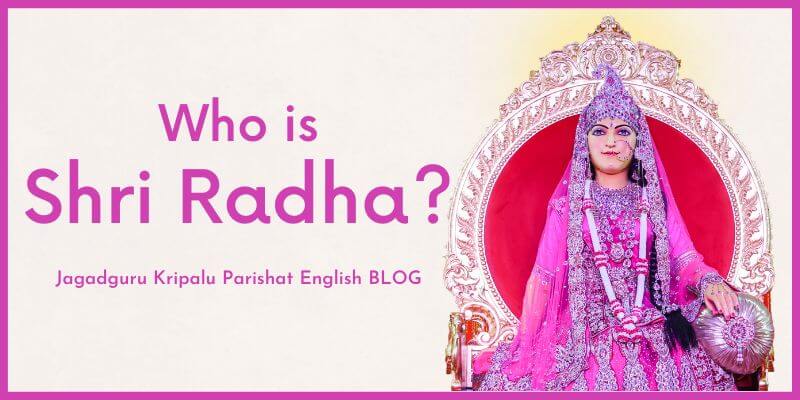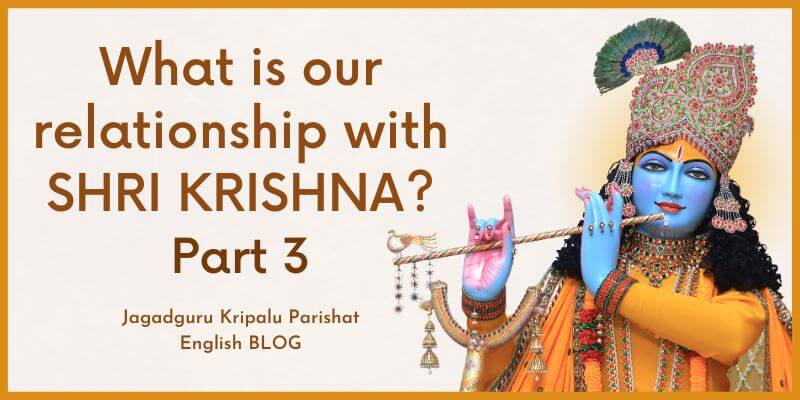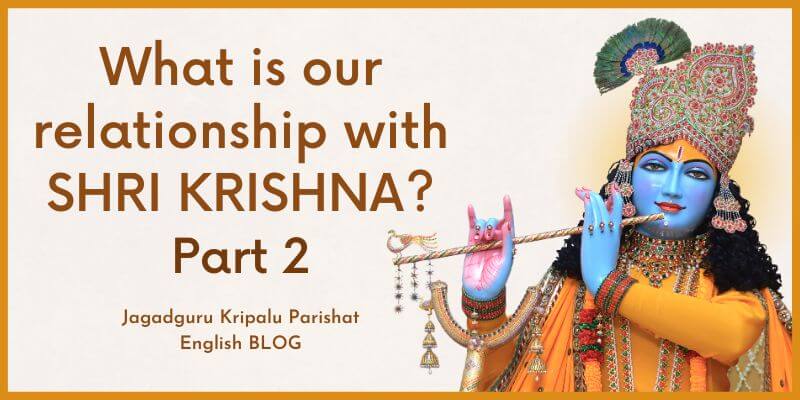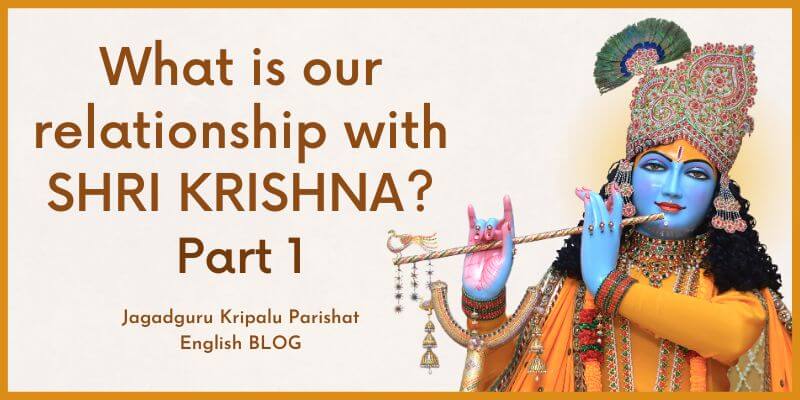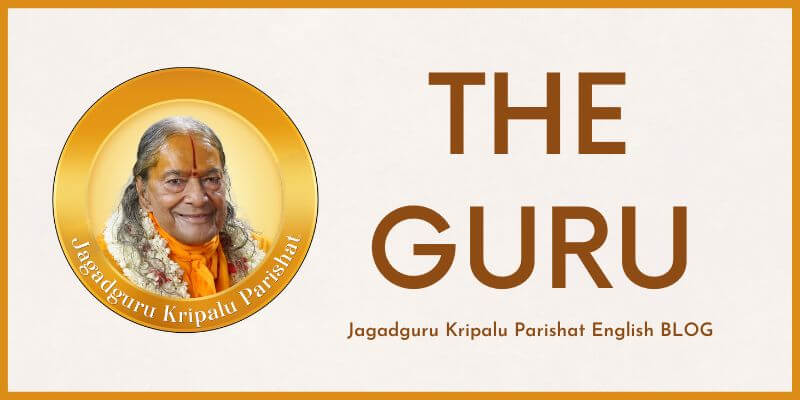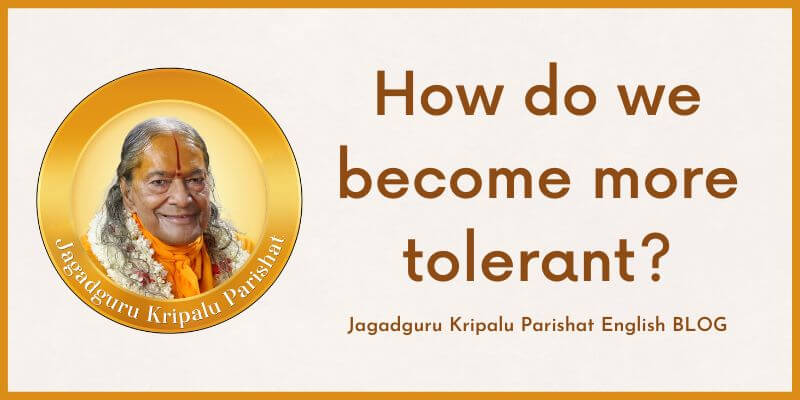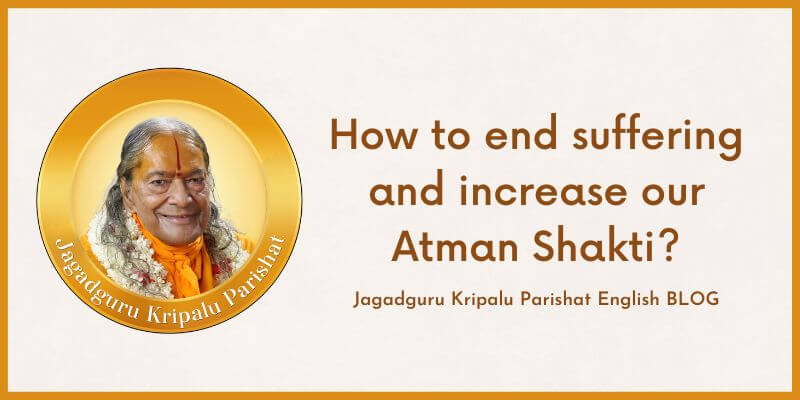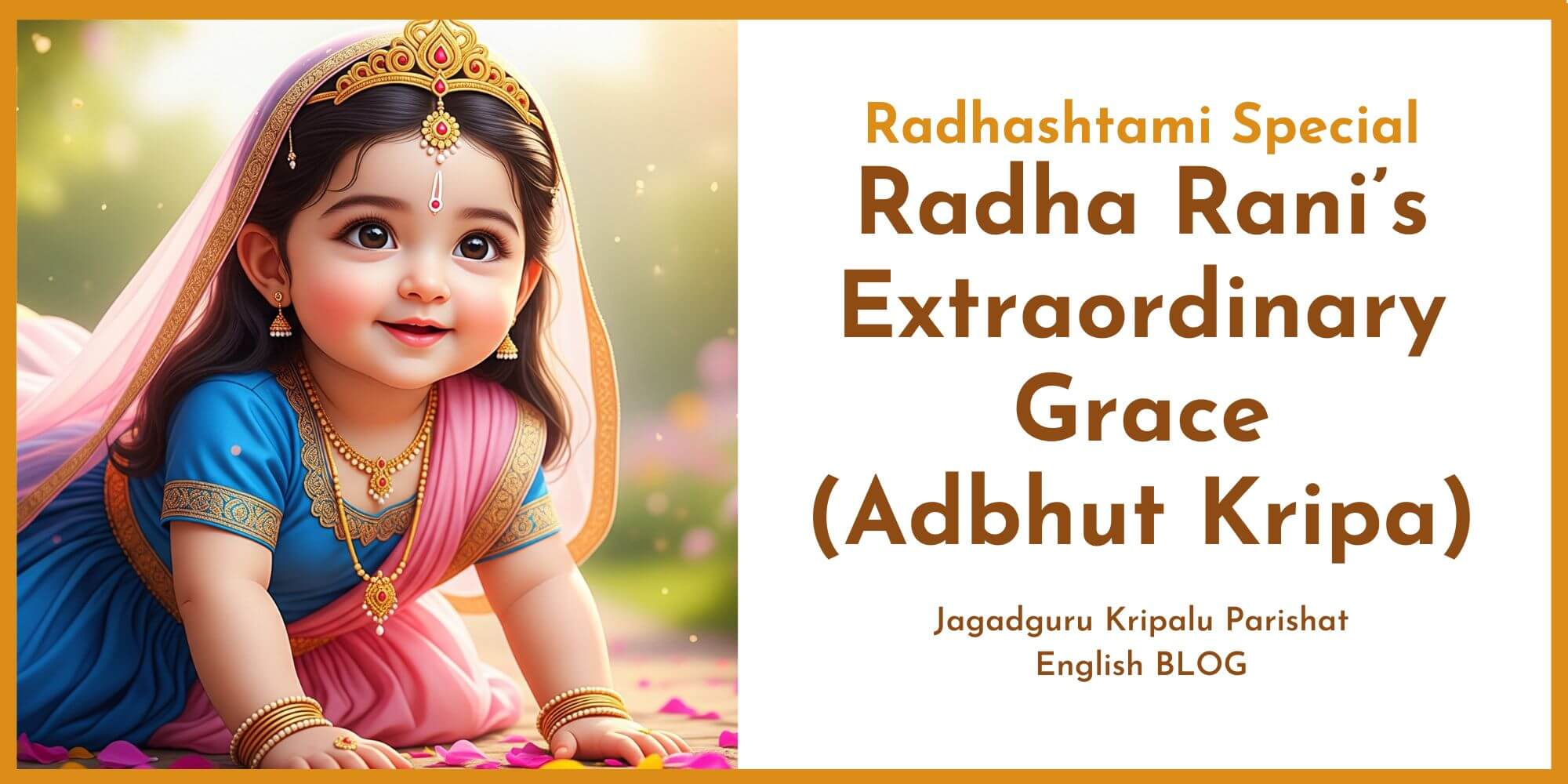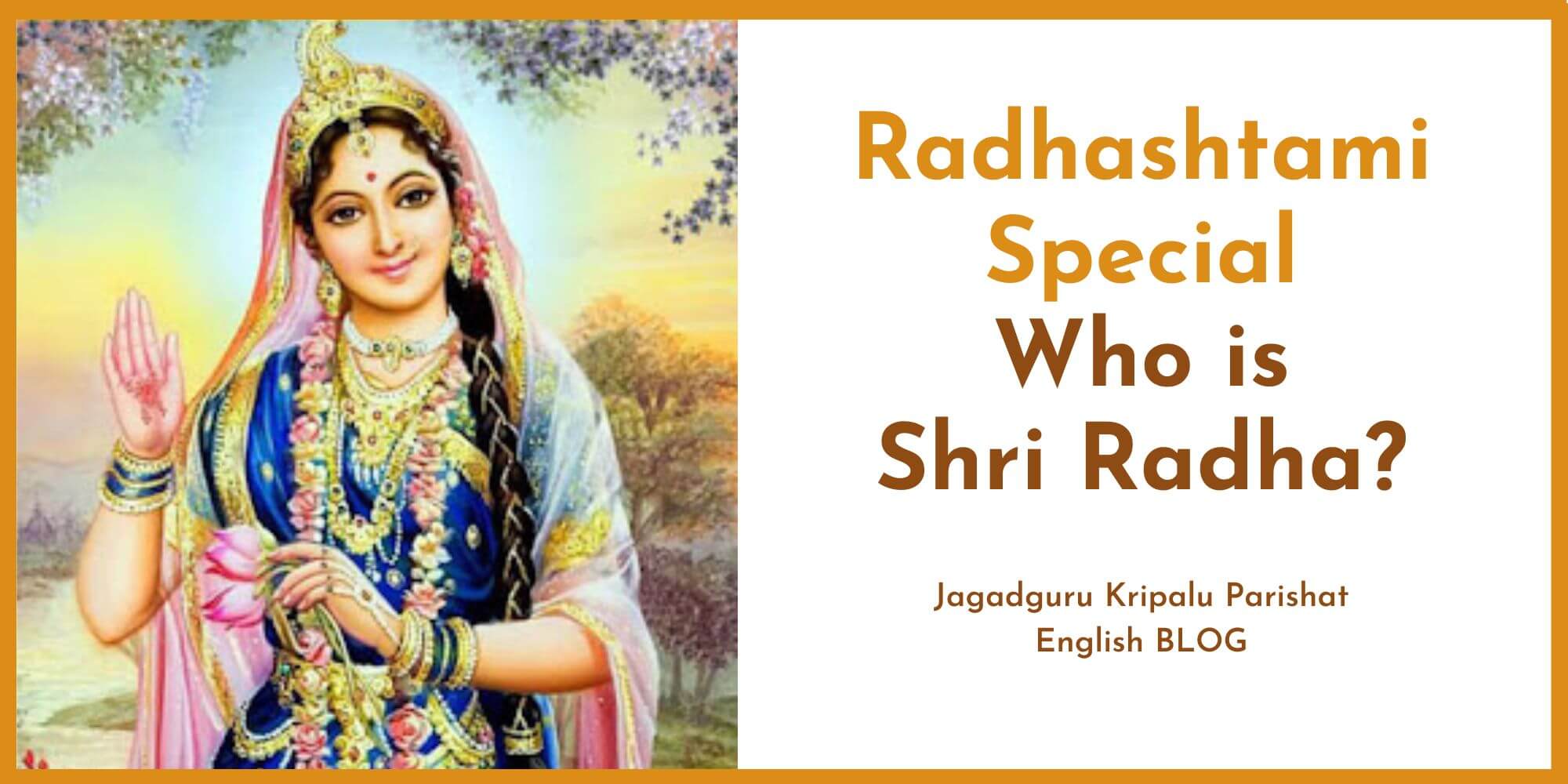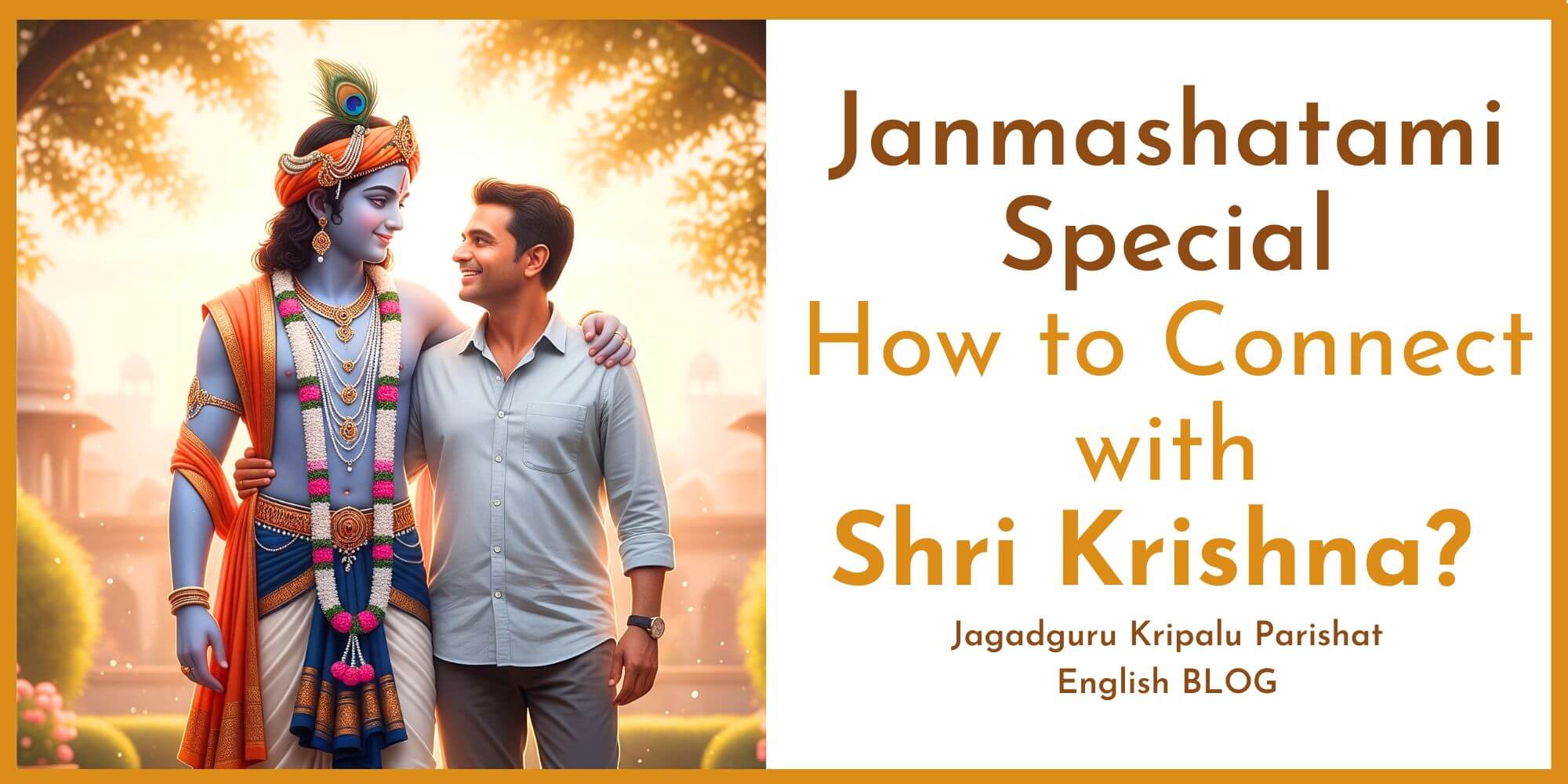How to Build a Personal Relationship with Lord Krishna
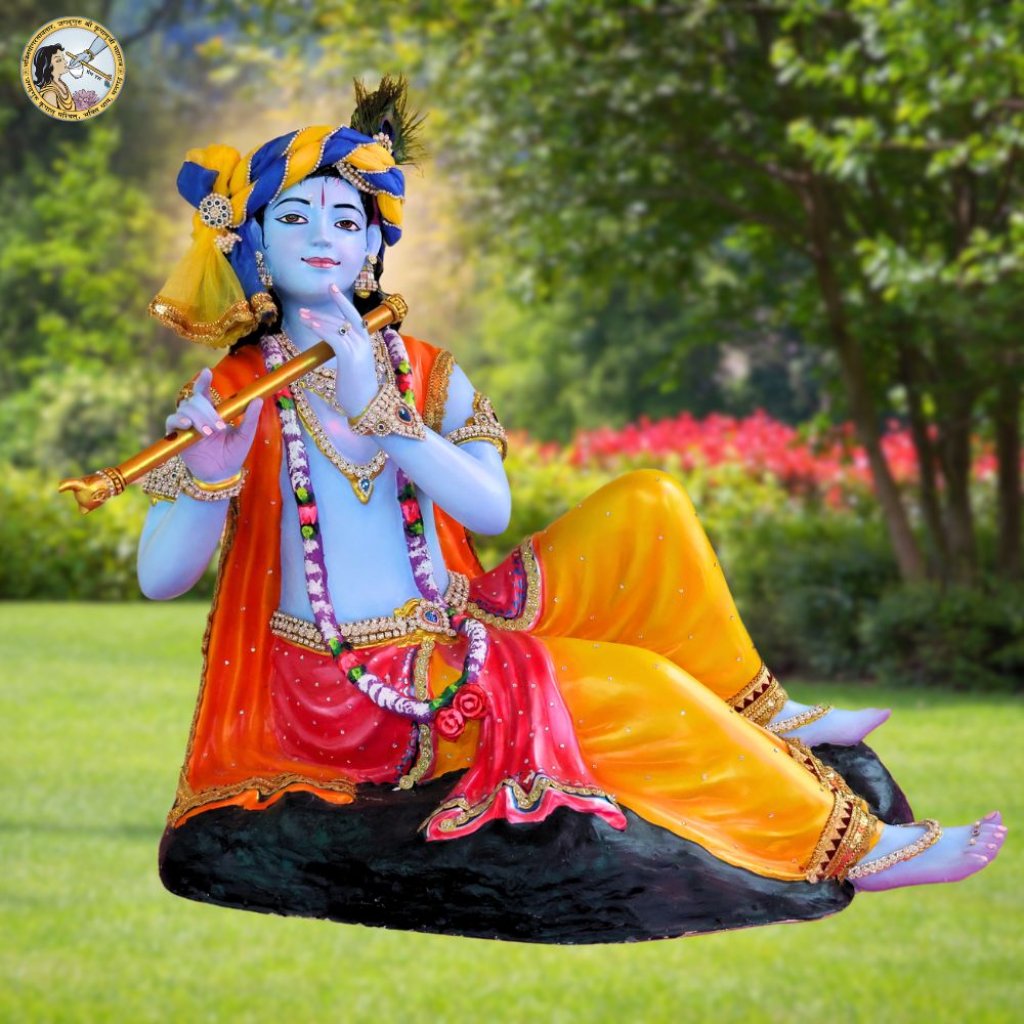
(Speech by Jagadguru Shri Kripalu Ji Maharaj)
Lord Shri Krishna is the Supreme Director of both the Divine realms and the material world. He alone is God, and everything else is under His control. Infinite Brahma, Vishnu, Shiva, Indra, the sun, and the moon are under His dominion.
He is the eternal well-wisher of every soul, being the soul’s mother, father, brother, friend, and everything. He remains with each soul, granting it the power of consciousness to act. In fact, God is the soul’s mother, father, brother, friend and everything. He always stays with the soul. He gives his power of consciousness to the soul so that the soul can act.
Shri Krishna’s greatest attribute is His boundless mercy. Every pore of His being is filled with grace. Consider this: if a child continuously disparages and curses his father, would any father continue to feed, house, and care for him? Such unconditional support is rare among humans. In contrast, God shows immense tolerance and mercy.
An atheist may curse God, yet God continues to provide him with sustenance and a place on this earth, just as He does for saints. The atheist drinks from the same rivers and wells as the saints, despite his disrespect for God. God’s powers sustain the world, yet He does not retaliate or withdraw His support. Such is the nature of Lord Shri Krishna – being of unparalleled grace and mercy.
How can we love and attain such a benovelent and merciful God? If we were to worship Shri Krishna as a Supreme Almighty Personality, we will feel fear, hesitation and distance. This will become a hindrance in establishing a loving relationship with Him. Rasika saints have emphasised devotion to Lord Krishna through intimate relationships such as we have in the material world.
These relationships of the devotee and God are known as bhavas. There are five bhavas – shanta, dasya, sakhya, vatsalya and madhurya. All the aspects of love, i.e. God is our king, master, friend child and beloved have been established in order to make us feel closer to God.
The lowest of all the bhavas considers God to be the king and public to be his subjects. A devotee who worships God in this manner is called the devotee of “shanta bhav.” Devotees, who worship God with the feeling that God is our king and we are his subjects are called the devotees of ‘shant bhava.’ They go to ‘Vaikuntha’ (abode of Lord Mahavishnu). Vaikuntha is the lowest of all the abodes of Divine area. Awe and reverence dominate this relationship, so it has generally been rejected by Rasika saints.
People often say, when someone in your family dies, “Today, my father went to Vaikuntha.” Lord Mahavishnu, who has four arms, resides in Vaikuntha. There is public in Vaikuntha, just like you people are sitting here right now. People sit at a distance from the king and everyone is in a very serious mood. Even the king, Lord Mahavishnu sits on his throne with a serious face, carrying a chakra, a shankha, a lotus flower etc. in his hands. That means, you can love him only from a distance. You cannot go close to him.
A stage better than Vaikuntha is the one where the soul considers himself to be God’s servant and God to be his master. This is called the ‘dasya bhava’ bhakti (emotion of servility). From this stage starts the true nectar of love. This is called Braj ras. Now with this emotion, we can go closer to God, we can enter His room, we can press His feet, we can bathe Him and so on. But we will always be his servant.
Devotion in this servile mood is however, challenging. According to the rules of servitude, a servant’s head should touch all the places where the master’s feet have been. Lakshman Ji demonstrated this principle historically. During his exile, Lakshman Ji ensured he did not step on the footsteps of Shri Ram and Sita, adhering to the stringent standards of service. While this level of devotion is arduous, great saints have achieved it.
However, when both the servant and the master are filled with love for each other, the strict rules of conduct can be transcended. During Shri Ram’s avatar, Hanuman Ji was seen perched on a tree while Shri Ram stood on the ground. Neither Lord Ram nor Hanuman Ji adhered to the formalities of their respective statuses. They were immersed in divine love, which made them forget their roles and positions.
This divine love makes both master and servant disregard their formal roles, leading to a more profound connection. There is so much nectar in the master-servant relationship. Despite this, a servant remains a servant and cannot engage in informal acts like embracing the master in friendship. In the material world, a servant who behaves in such a manner would face reprimand.
The next level of devotion is “sakhya bhava” (the relation of friendship). In this stage, devotees regard God as their friend. They may embrace God, even playfully slap Him. During Shri Krishna’s avatar, His friends would ride on Him like a horse and playfully kick Him to make Him run faster. Shri Lord Krishna intentionally used to lose to his friends when playing. Because he desperately wanted to become a horse as a punishment for losing the bet. Shri Krishna enjoyed these playful interactions, showcasing the nectar of friendship with God. Yet, even in friendship, there are boundaries.
For instance, there are secrets that are shared only between a parent and a child. Thus, devotion with parental love surpasses that of friendship. This form of devotion, “vatsalya bhava” involves considering God as our child and ourselves as His parents. Devotees gain greater intimacy with God in this relationship.
During Shri Lord Krishna’s avatar, Mother Yashoda tied him up and scared him with a stick. She said to baby Lord Krishna, “I will beat you up nicely today, you wait and watch!” Imagine, an old lady is scaring God in this way! Yes, because she has that right now since she is his mother. The Supreme Lord cried, trembled and pleaded to be spared this beating. She doesn’t consider him to be a God. But still there is some distance between a mother and a son.
There is one more higher bhava or emotion, called “madurya bhava.” which is the emotion of a beloved. This is the highest level of devotion. God is our beloved. Madhurya bhava is the closest of all relationships, as it is that intense sweet love that exists between a lover and her beloved.
Even in the world, the closest relationship is that of a lover with her beloved, less close is that of parents with their child, even less close is the relationship between friends, the servant’s relationship with the master is even lesser, and finally the relationship of a subject with his king is the least close.
One important point to note here is that madhurya bhava incorporates with it all the remaining four sentiments. Just as earth, water, fire, air and space are considered to be incorporated in the element, earth, so in madhurya bhava, we can think of God as our beloved, son, friend, master or king whenever we wish.
There are again 3 stages in this level too. They are ‘sadharani rati’, ‘samanjasa rati and ‘samartha rati’.
The devotion where a devotee thinks only about his own happiness, like Kubja, is called the stage of ‘sadharani rati.’ This is the lowest of all three stages.
The next stage, ‘samanjasa rati,‘ involves mutual consideration of each other’s happiness, resembling a marriage where both partners care for one another. In this stage, a devotee thinks about happiness of both, his own and God’s. Here, it’s not about one’s own happiness alone.
This is the stage of women, who were married to Shri Lord Krishna in Dwarika. This love is somewhat similar to the love of a husband and wife in the world. Married life works well till the time both, husband and wife take care of each other’s happiness. If both of them think only about their own happiness, then there will be a big fight between them.
Conflicts are a common occurrence in many households. Why is this the case? Wife says to the husband, “You don’t take care of me.” Husband says to the wife, “You don’t take care of me.” These disagreements usually arise because each person is focused on their own happiness. This self-centered approach can lead to daily disputes. While some arguments are openly expressed, underlying disagreements often persist beneath the surface, affecting the relationship’s overall harmony.
Wife hides her feelings of disagreement from her husband or else he will become furious. And husband also hides his feelings from his wife otherwise she will go mad with anger. So therefore, in this way, the marriage is working somehow by hiding the feelings of disagreement against each other.
The cycle of quarrelling in the morning, love in the afternoon, again fighting in the evening and so on, keeps going on. So this kind of love is called samanjasa rati. Which means you take care of your own happiness as well as your beloved’s happiness. This is the second level of divine love.
The highest stage is ‘samartha rati,‘ where the devotee’s love is solely for the beloved’s happiness. This is exemplified by the gopis of Braj, who desired nothing for themselves but only for Shri Krishna’s pleasure. Their selfless devotion is so profound that even deities like Lord Brahma and Lord Shiva revere them. Great paramhansas took birth as trees just to have the footdust of gopis of Braj on their bodies.
Lord Brahma prays to God to get a body of a tree or a bird in Braj just so that he can apply footdust of the gopis on his body. And those gopis were illiterate and uneducated.They had just one philosophy, that their mind, body, life and everything is for the happiness of Shri Lord Krishna alone and not for their own happiness. This is true love.
An example of such love is found in the Bhagavatam. The gopis say, “Oh Lord Krishna! When we see you after a long day of feeling of separation and missing You, I put the lower part of your feet on my chest very gently, so that my hard chest does not hurt your soft feet.” This selfless love surpasses all worldly affection, where even close relationships often involve self-interest. Can anyone in this world think like this?
When husband-wife or mother-son love each other, one hugs the other so tightly that the person might get suffocated. They care only about their own happiness. Suppose a child goes missing for the last three days. When he finally reunites with his mother after these three days, the mother hugs the child so hard that child gets suffocated. But his mother only cares about her own happiness and pleasure.
The gopis, despite their boundless love for Shri Krishna, do not embrace Him, even though He is the embodiment of infinite happiness. Instead, they very gently place His feet on their chests. This act exemplifies selfless love. This pure, selfless devotion should be the ultimate goal for all of us as we walk the spiritual path. Strive to cultivate such love and dedication, and let it guide your spiritual journey.
Gopi prem (love of the gopis) is the highest level of love. God becomes a servant and dances on the tunes of the gopis. Lord Krishna longed to hear these illiterate maidens of Braj, call Him a thief, a flirt and so on. Gopis didn’t use to go to Shri Lord Krishna but he himself used to go to the gopi’s houses to be insulted in this manner. Such is the power of their love.
Therefore, our goal should be to achieve the highest stage (bhava) where, we love God as our beloved and with a selfless feeling. Also, you should love Shri Lord Krishna alone and no other celestial Gods, etc. We should aim for the highest thing. Doesn’t matter if we achieve it after a thousand of years. Even if we achieve it very late, but we should not fall for a goal less than the highest. Remember that, if you love God with this feeling, you will never fail.
Why does one fall down on the path of Divine love? Because he desires for his own happiness. He will think, “I am dying for his love and he doesn’t even look at me. Fine, even I won’t care anymore.” This happens in the world too. “I called him ten times and he didn’t even bother to call me even once. Now I will never call him again. What do you think of yourself? I too have self respect!”
There are couples who are married but don’t talk to each other for ten years because of one small fight!. Such are the people in the world. So if we love God selflessly, we won’t expect anything in return from him and so we will never fall. We will be delighted at every behaviour of God towards us.
During the Mahabharata, when Shri Lord Krishna took a chariot wheel in his hands to kill Bhisma Pitmah with it, Bhisma said, “Come Shri Lord Krishna, kill me! My body is yours and it should be used to give happiness to you.” Upon hearing this, Shri Krishna was deeply moved and stopped in astonishment.
Therefore, practising devotion along these lines guarantees one the attainment of the highest divine bliss. This allows you to love Shri Krishna with whichever sentiment you desire, whenever you desire. You have complete freedom in your choice of devotional sentiment, (bhava) and there are no restrictions or rules governing the relationship. This highest emotion (madhurya bhava) combined with the selfless ideal of the gopis, should be incorporated into our sadhana from the very beginning.
*A brief introduction of Jagadguru Shri Kripalu Ji Maharaj*
(Known by His devotees as Shri Maharaj Ji)
The original title of Jagadguruttam (Greatest Spiritual Teacher of the World) was bestowed upon Shri Kripalu Ji Maharaj on January 14, 1957, by Kashi Vidvat Parishad (a council of 500 greatest scholars saints of India). He composed divine texts like Prem Ras Madira, Prem Ras Siddhant, and Radha Govind Geet to lead us on the right path of devotion. He also gave priceless monuments as gifts to the world which include Bhakti Mandir located in Bhakti Dham, Mangarh, Prem Mandir located in Vrindavan Dham, and Kirti Mandir located in Barsana Dham. Shri Maharaj Ji also built hospitals for the impoverished, the Jagadguru Kripalu Chikitsalaya in Vrindavan, Jagadguru Kripalu Chikitsalaya in Barsana, and another one in Pratapgarh. All three help millions of underprivileged to gain free access to medical care. His Kindergarten, School, and College for impoverished girls Jagadguru Kripalu Parishat Education is located in Kunda and provides completely free education.
